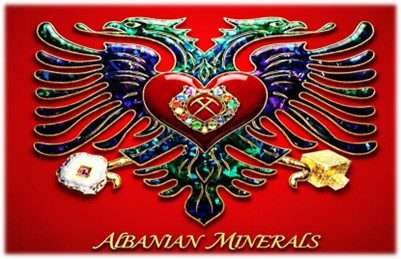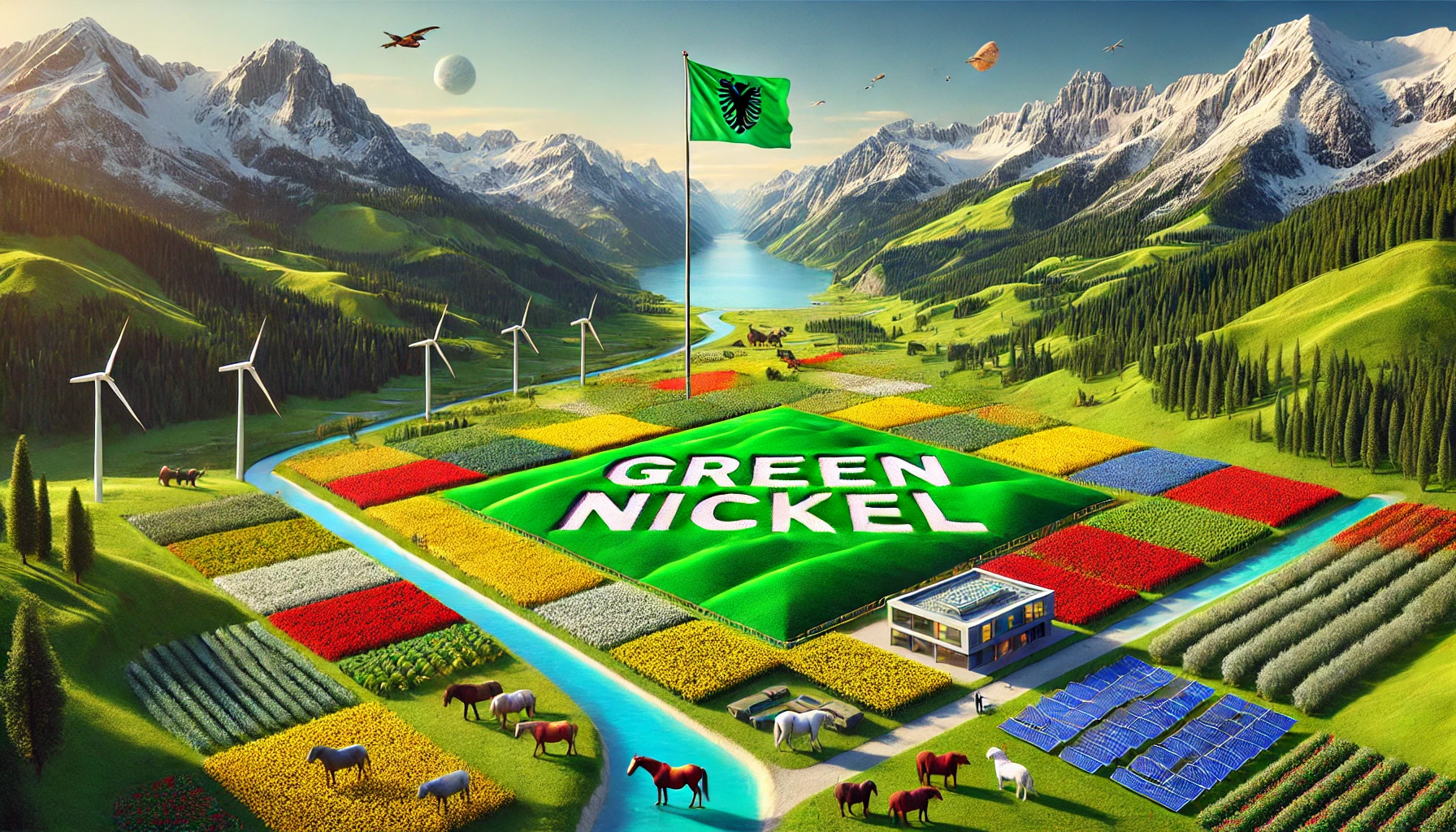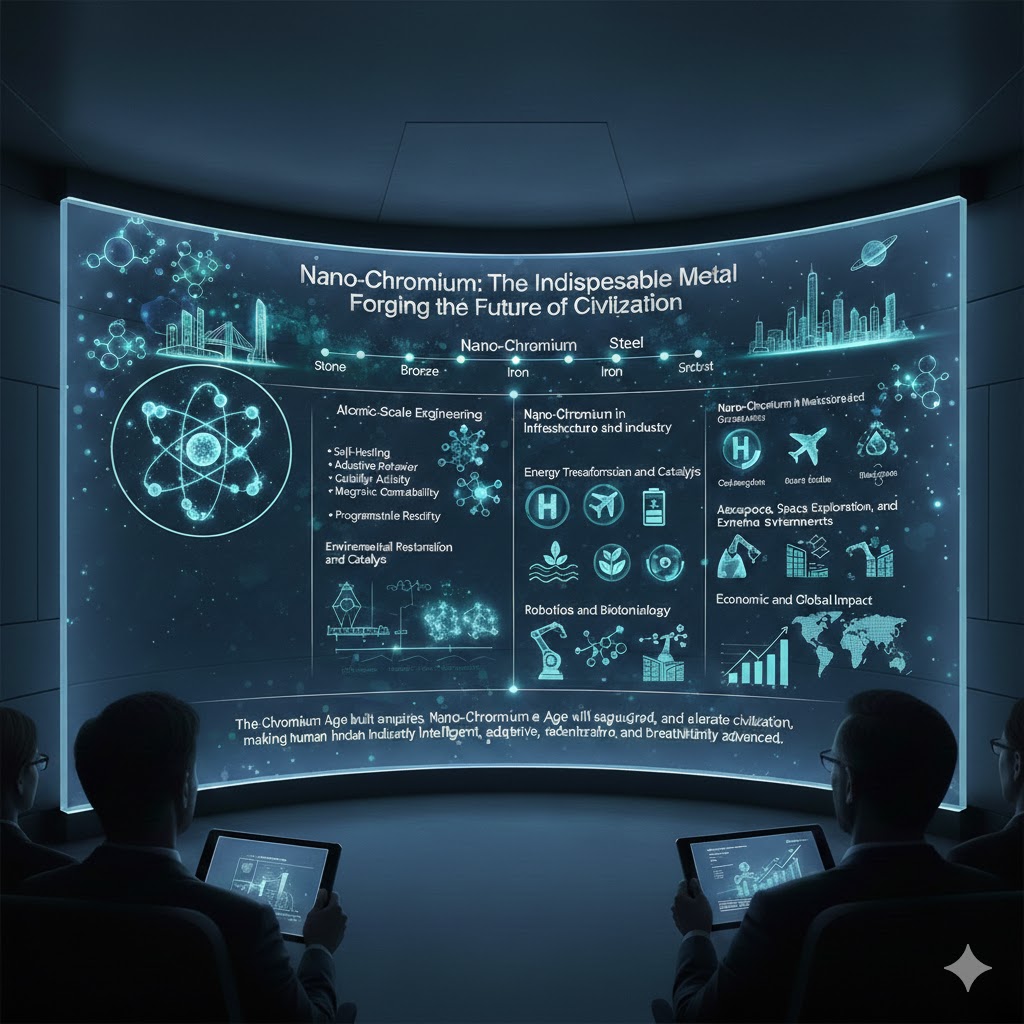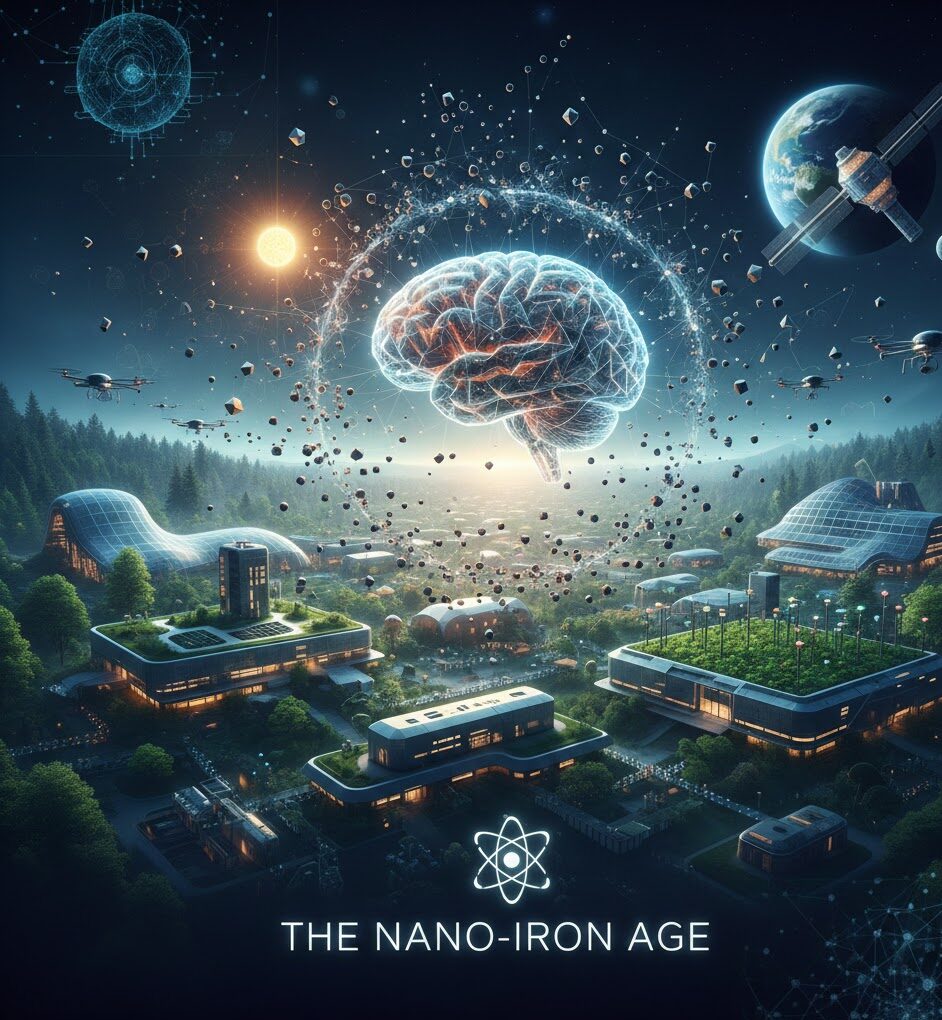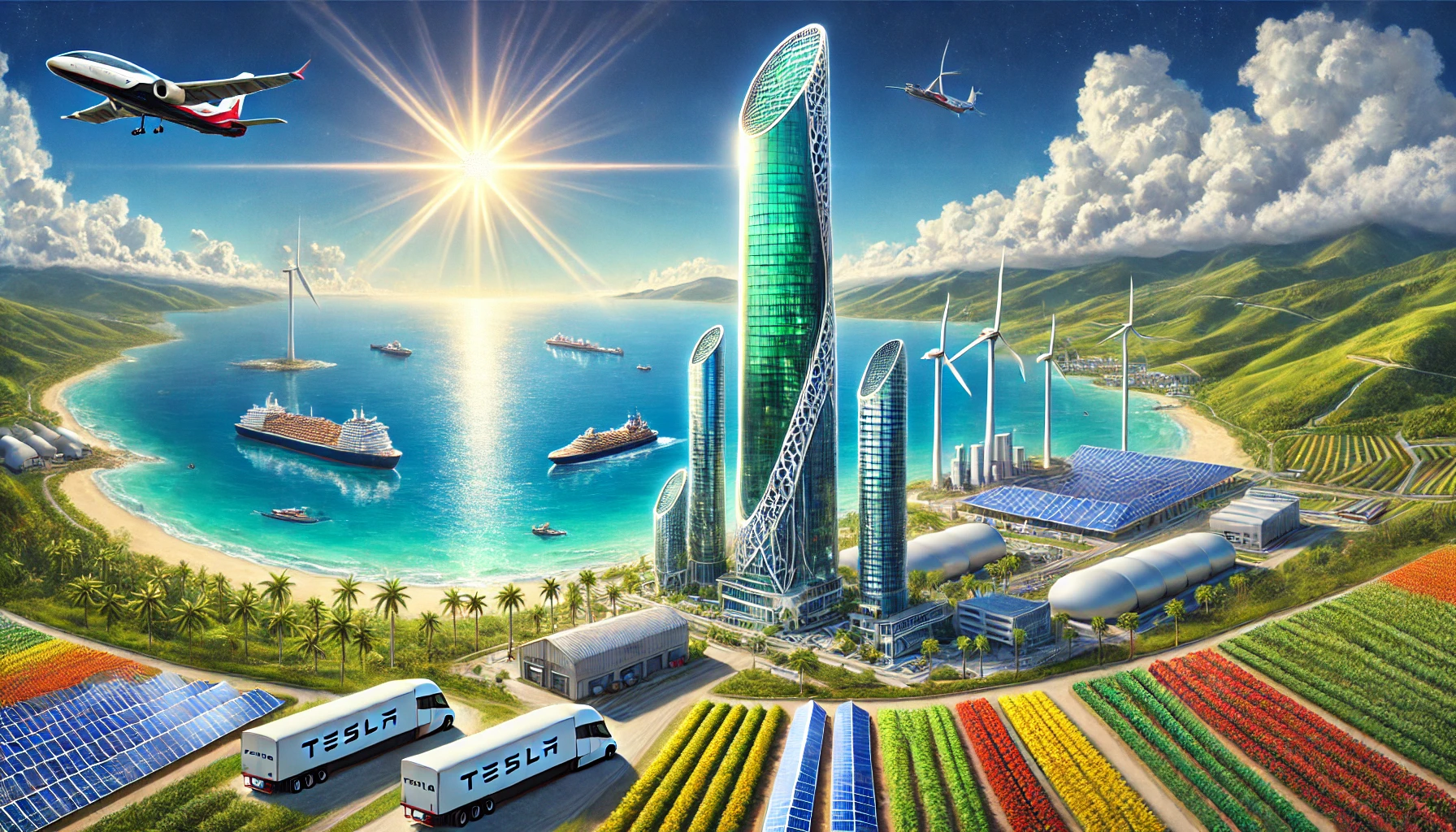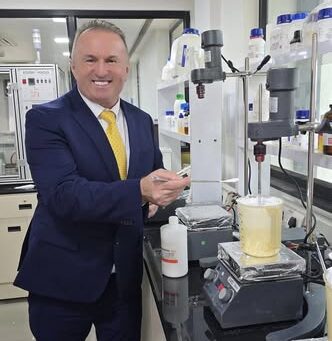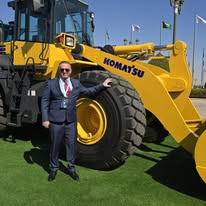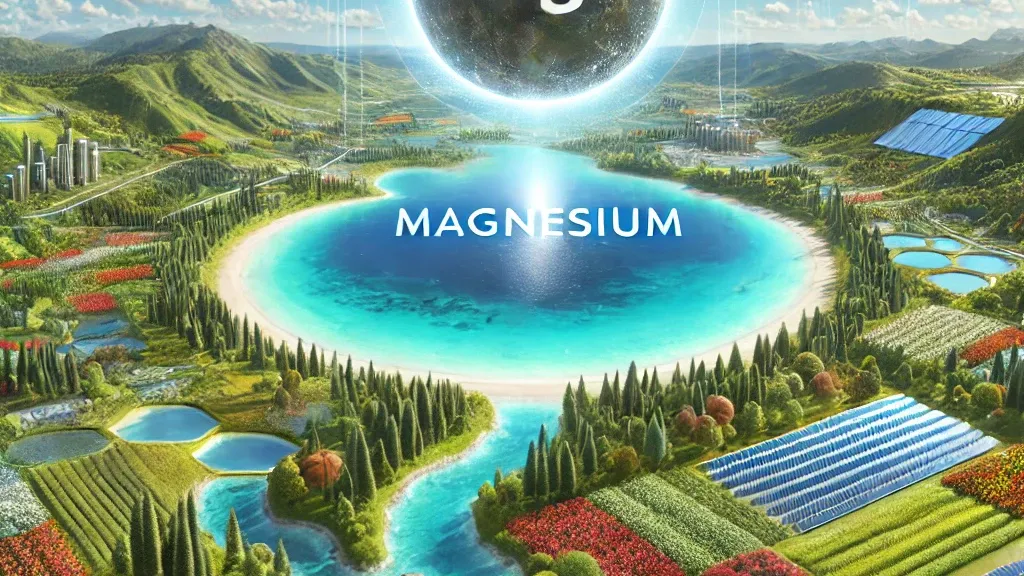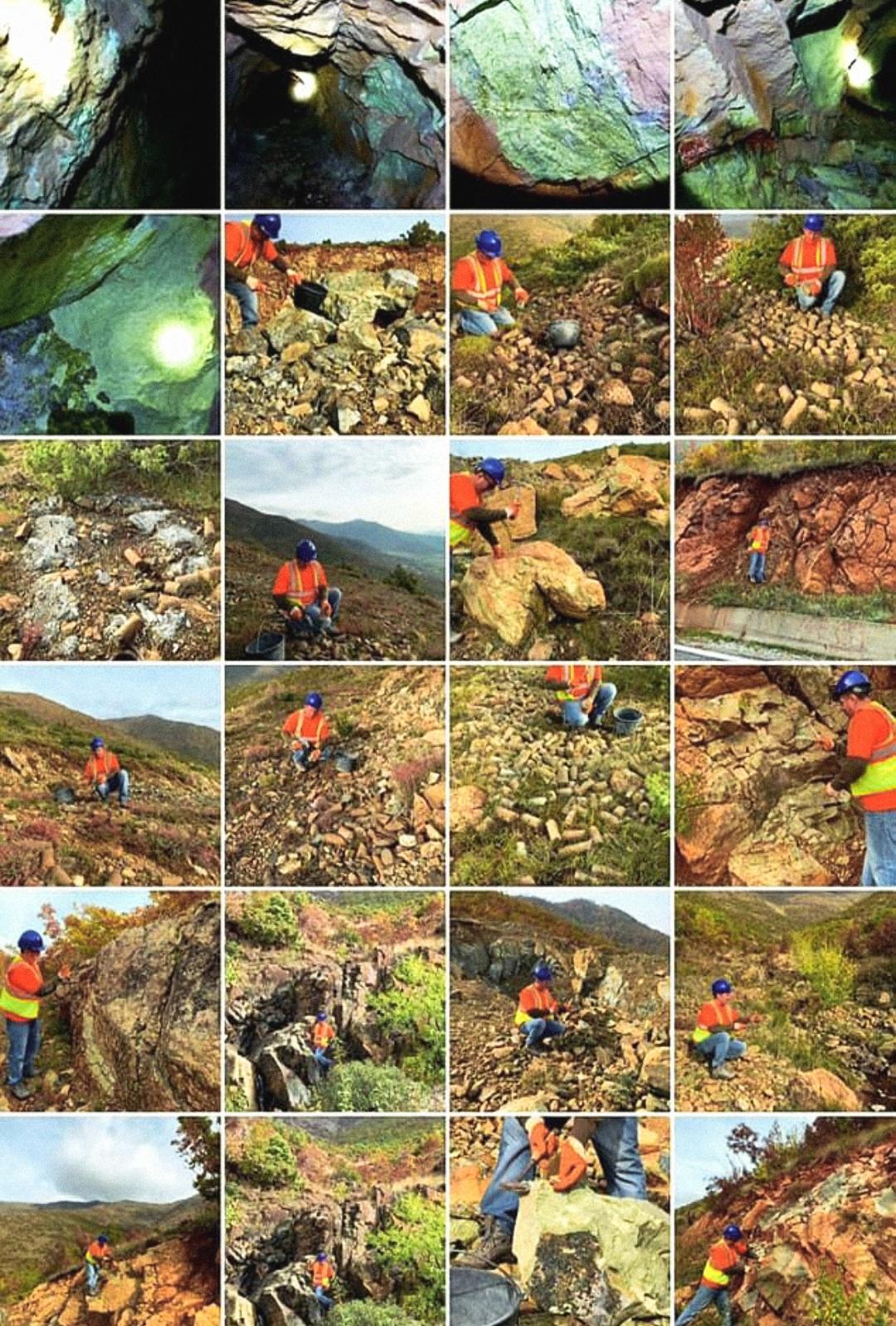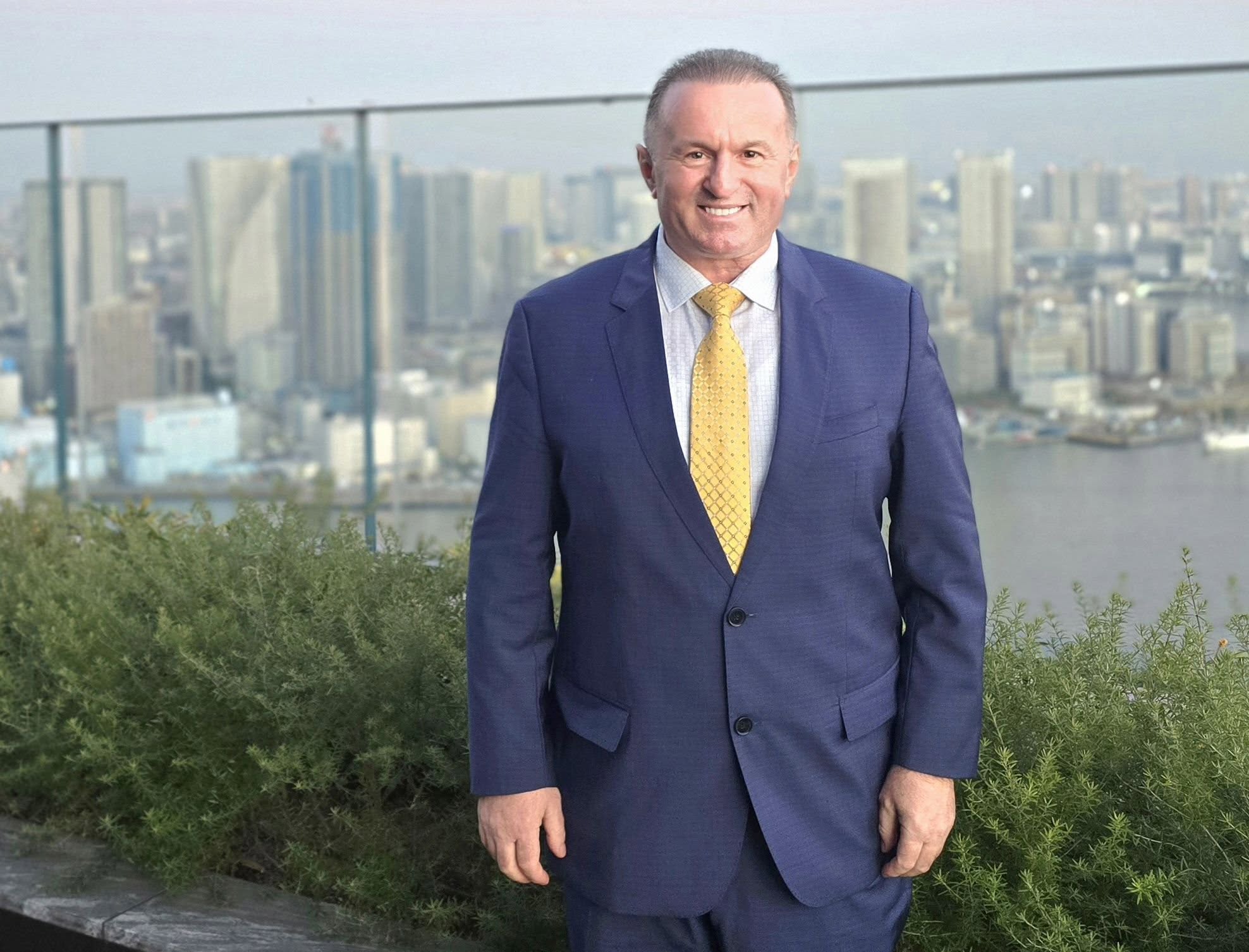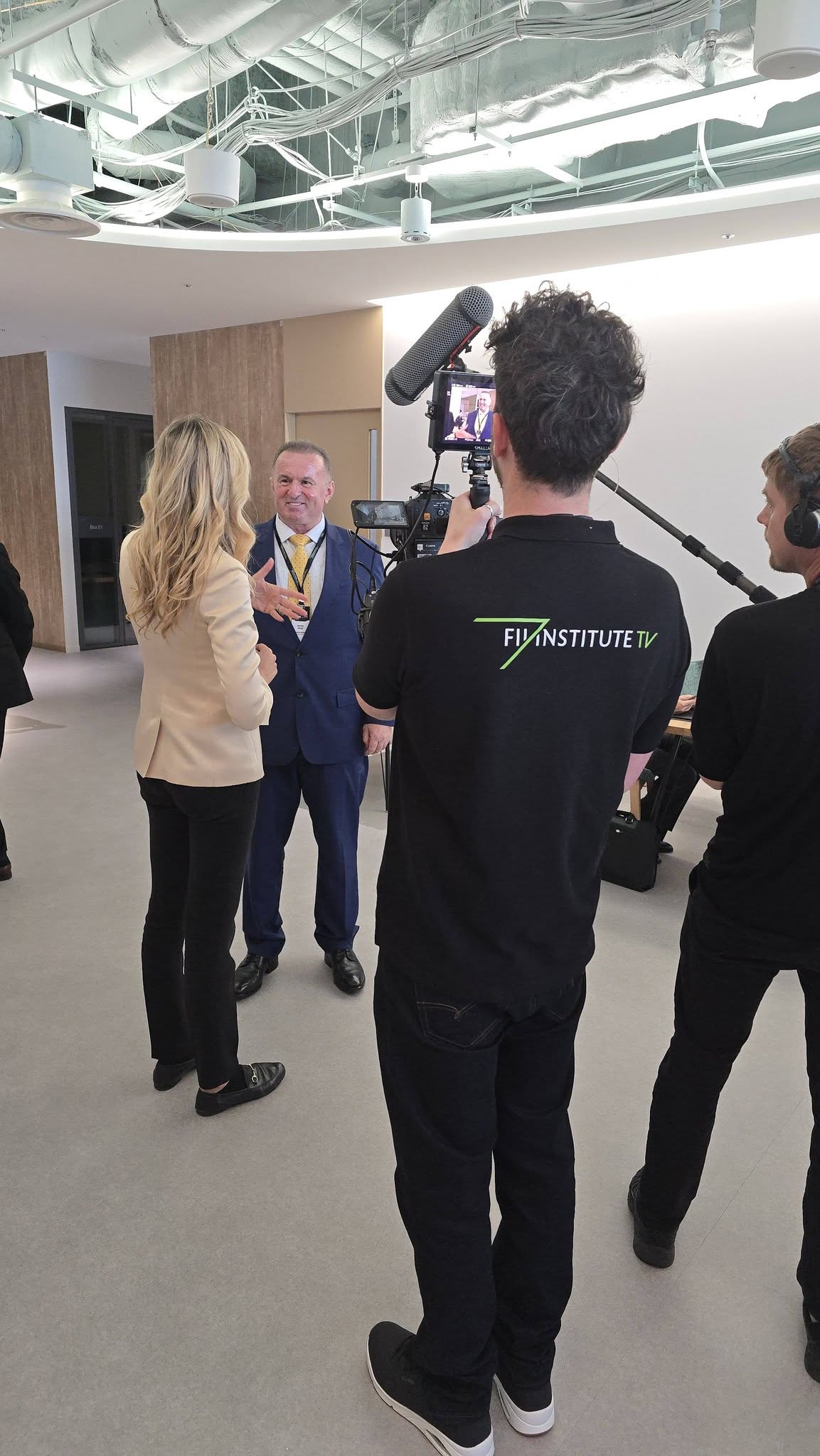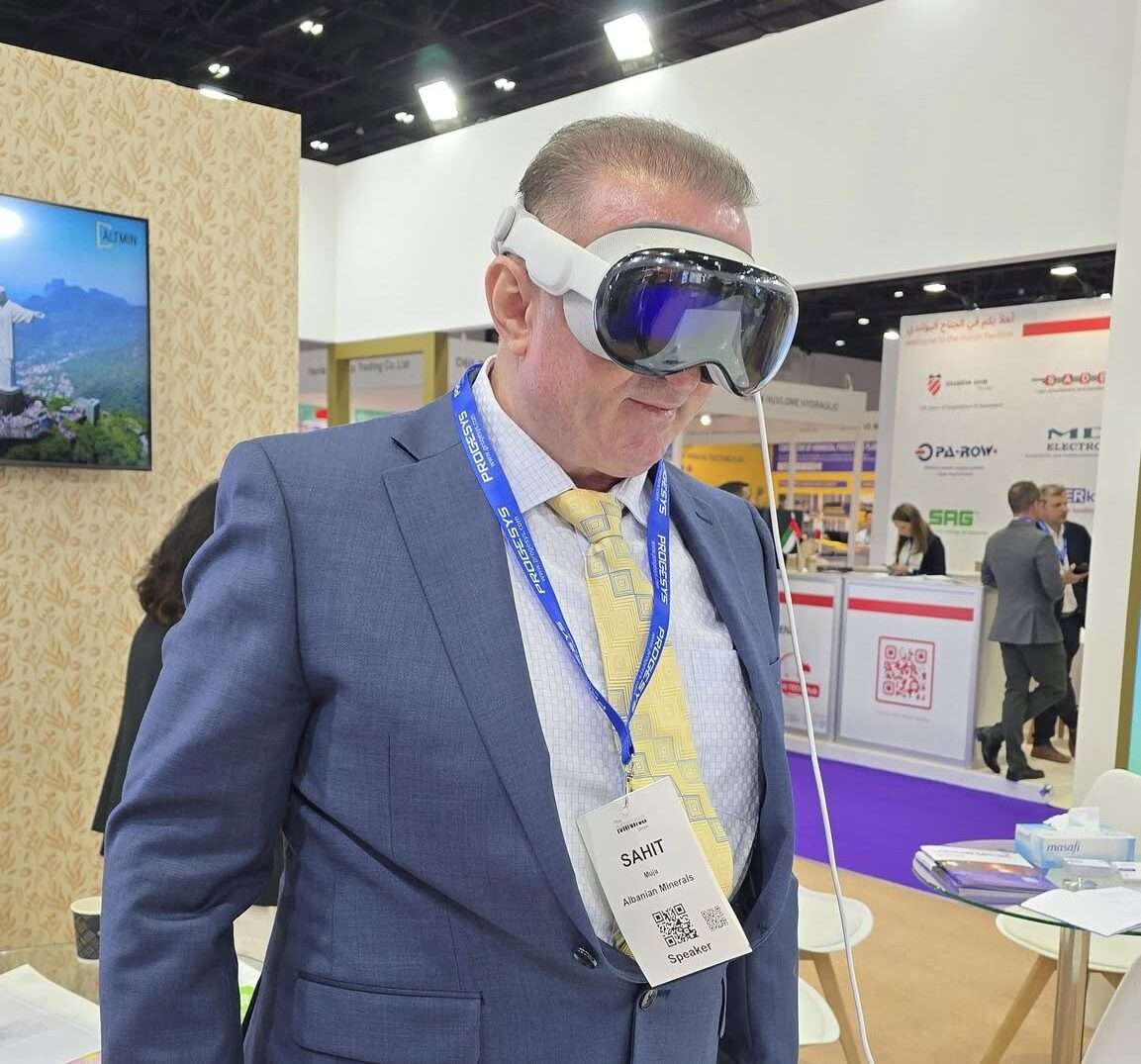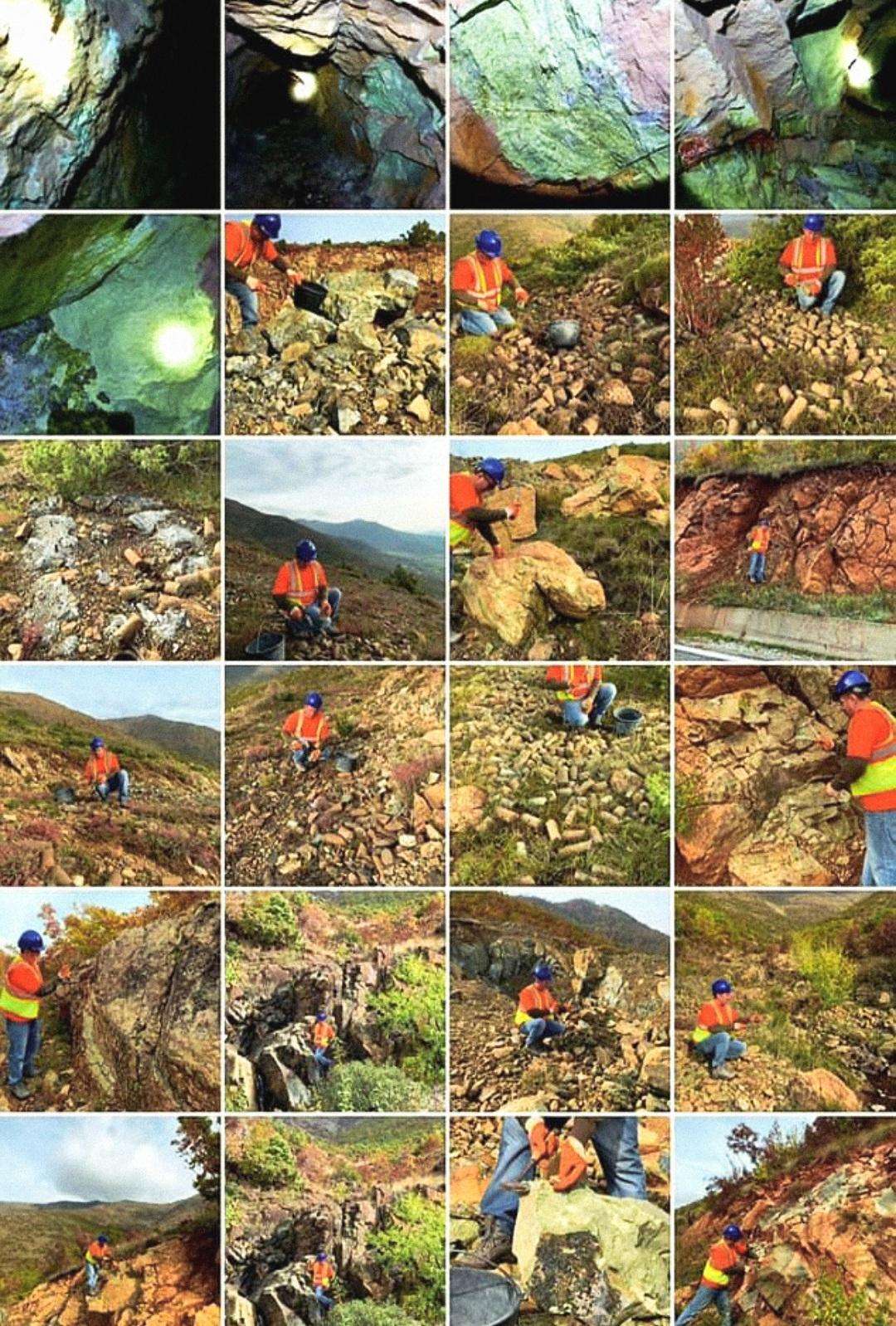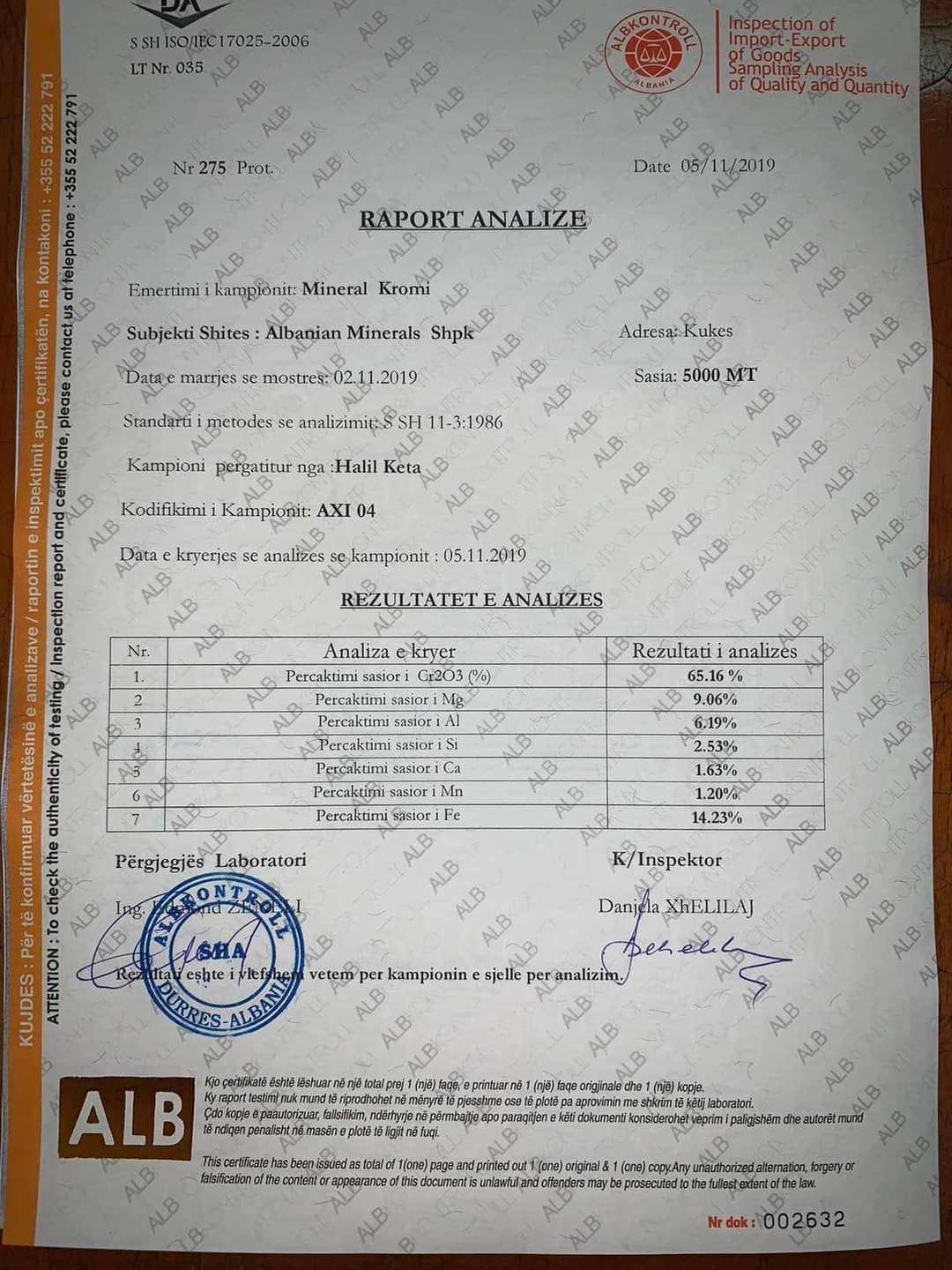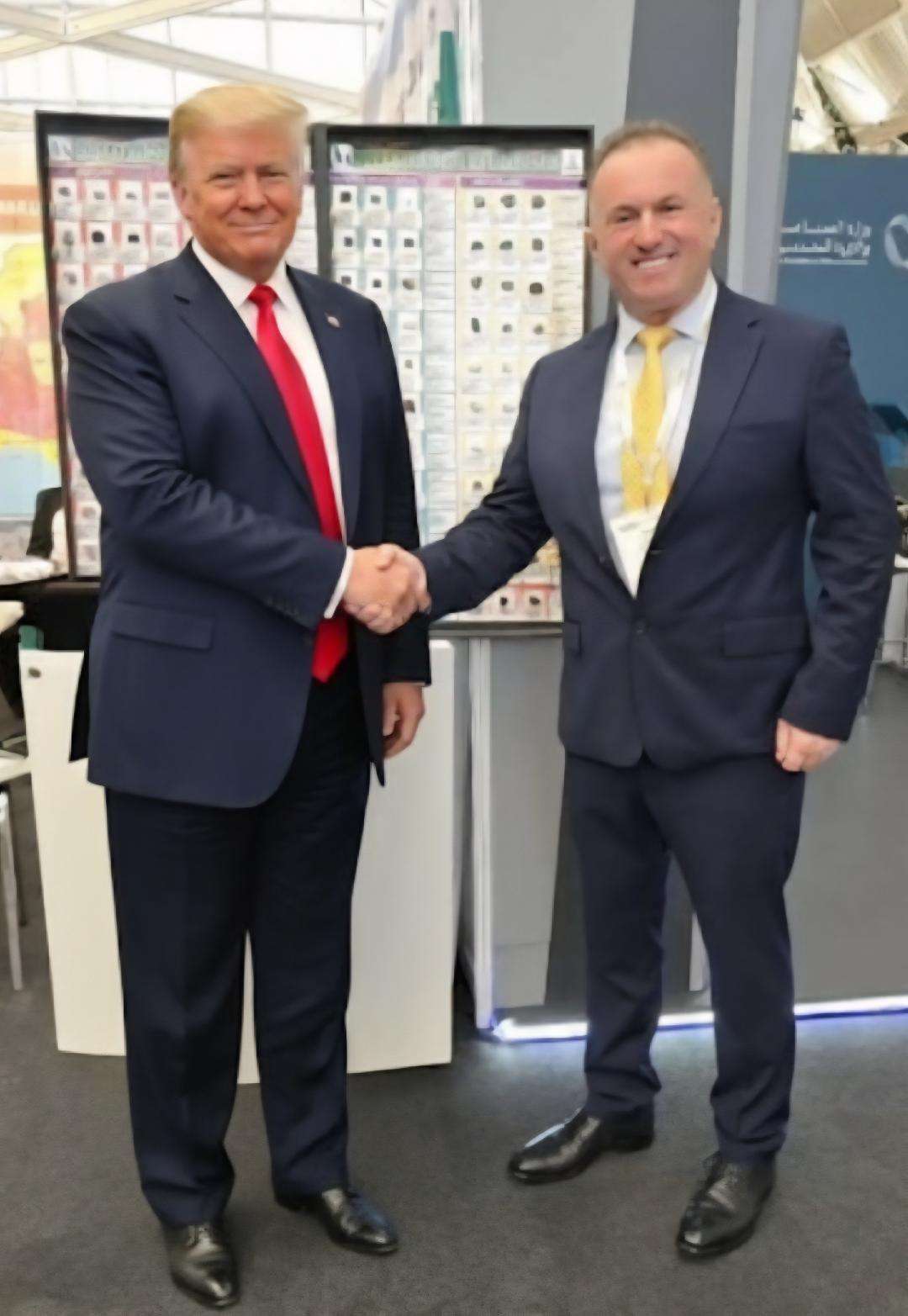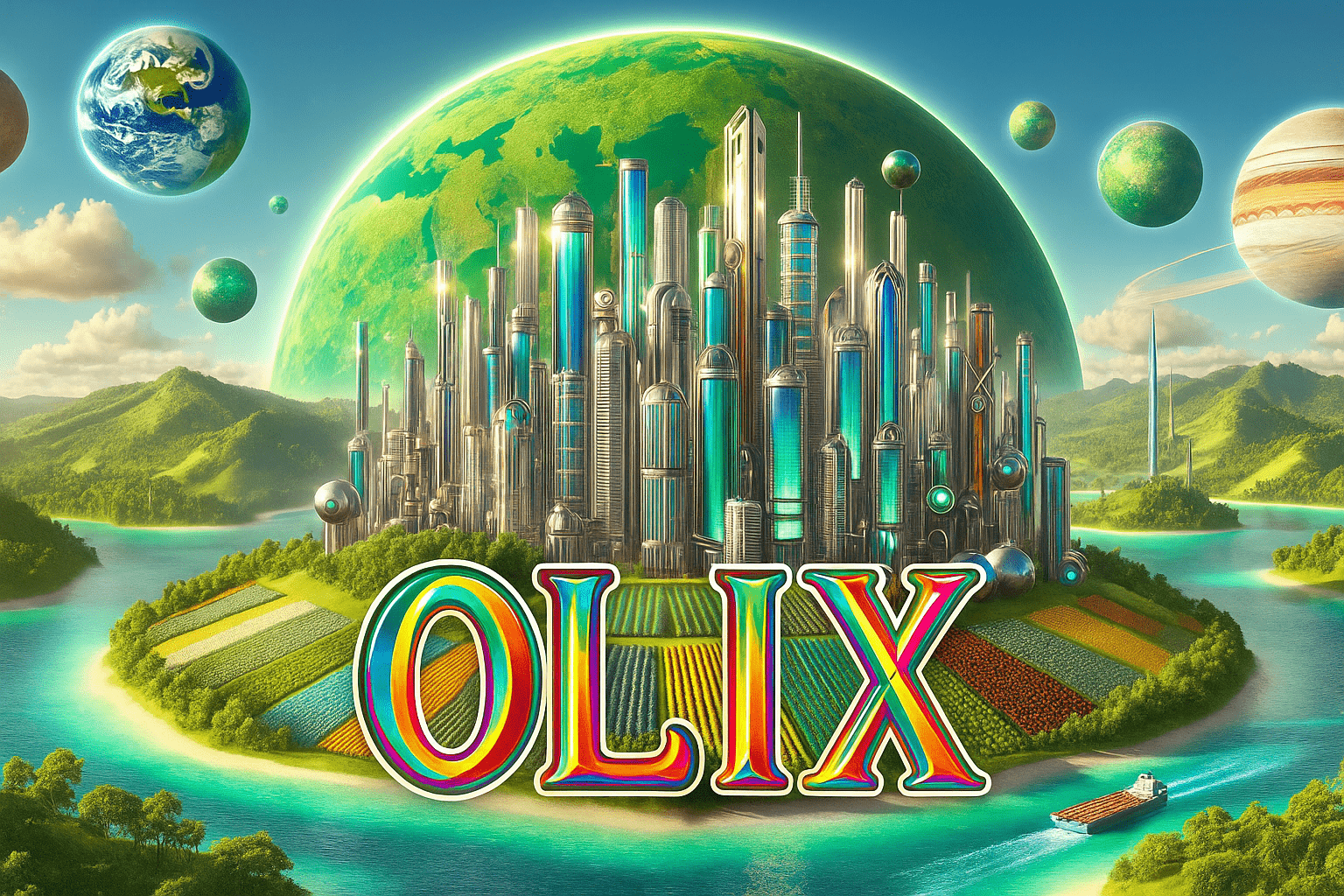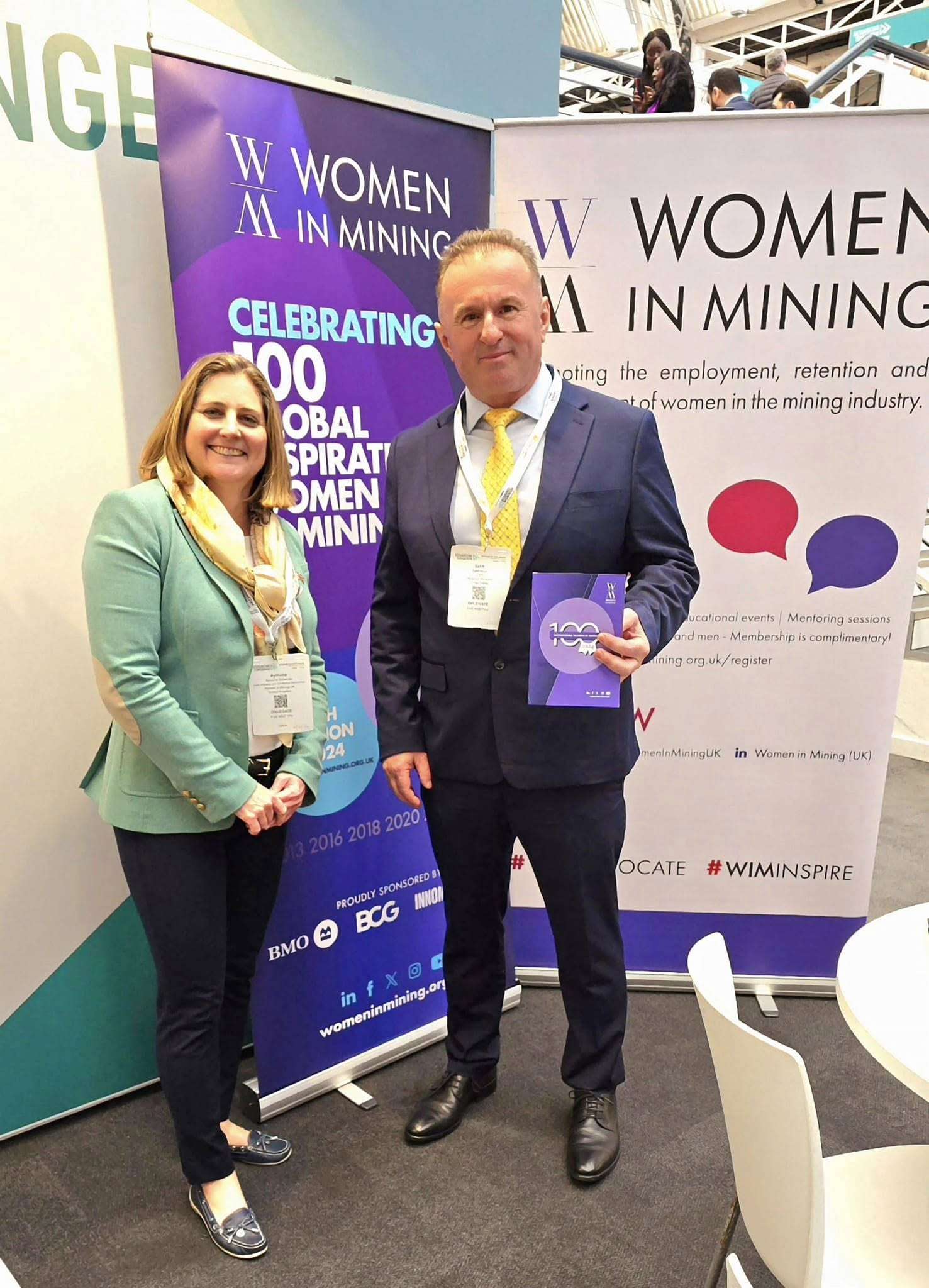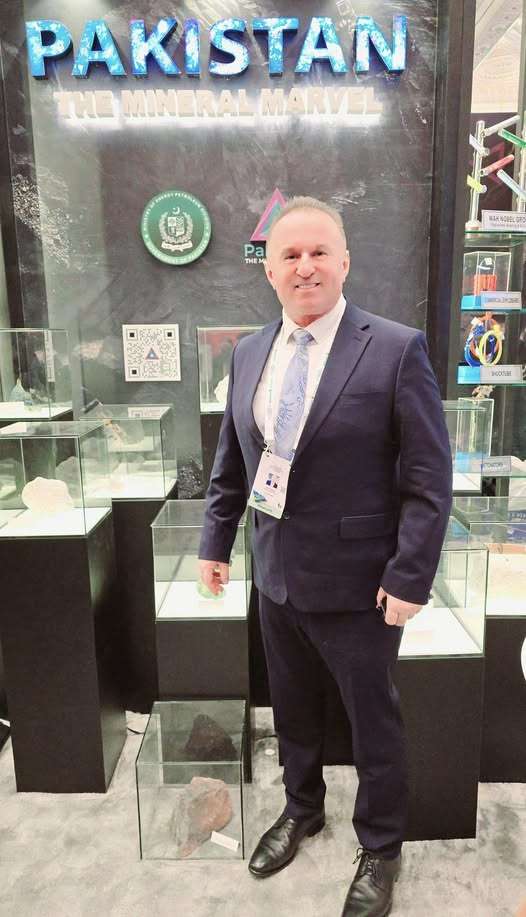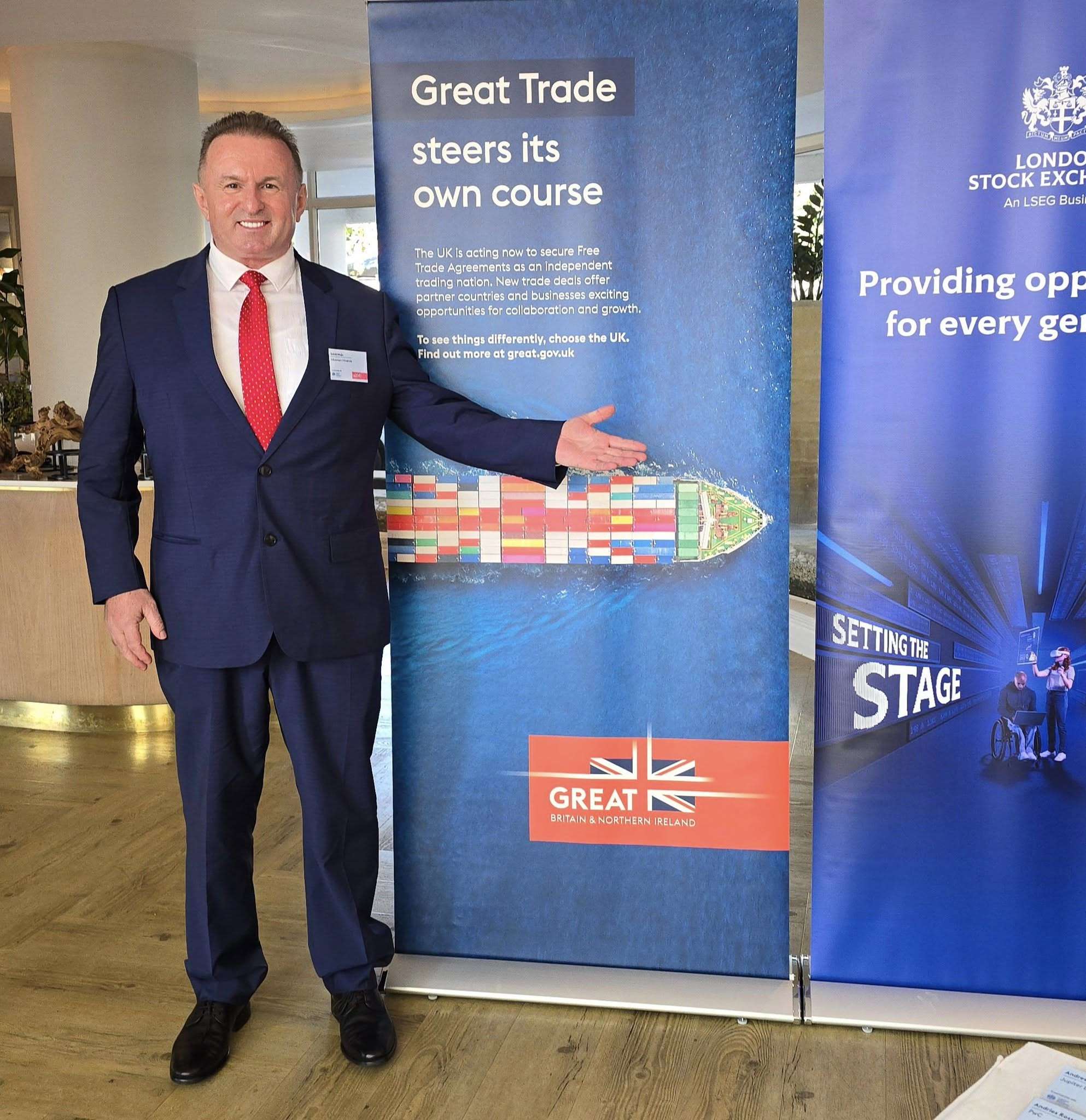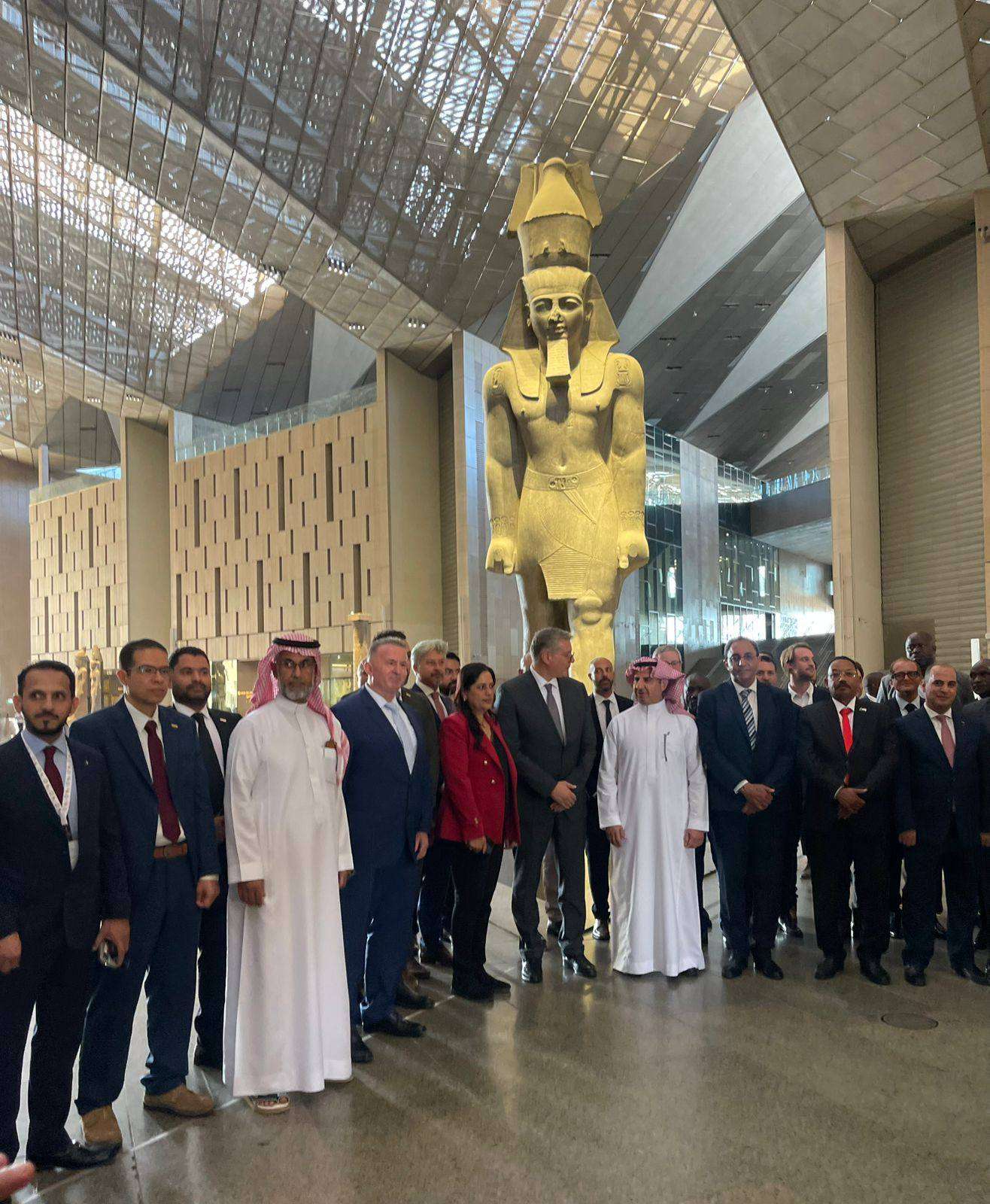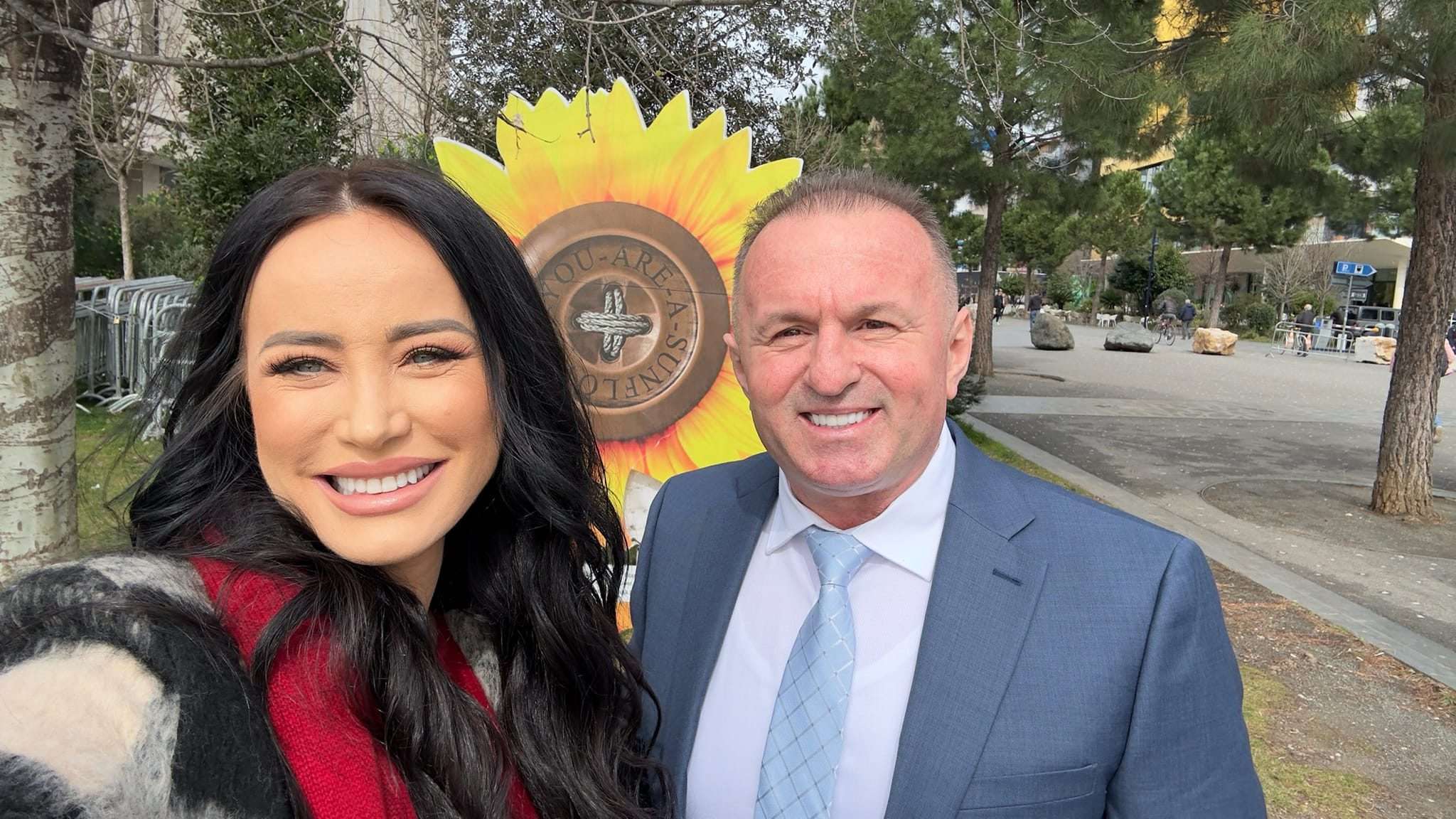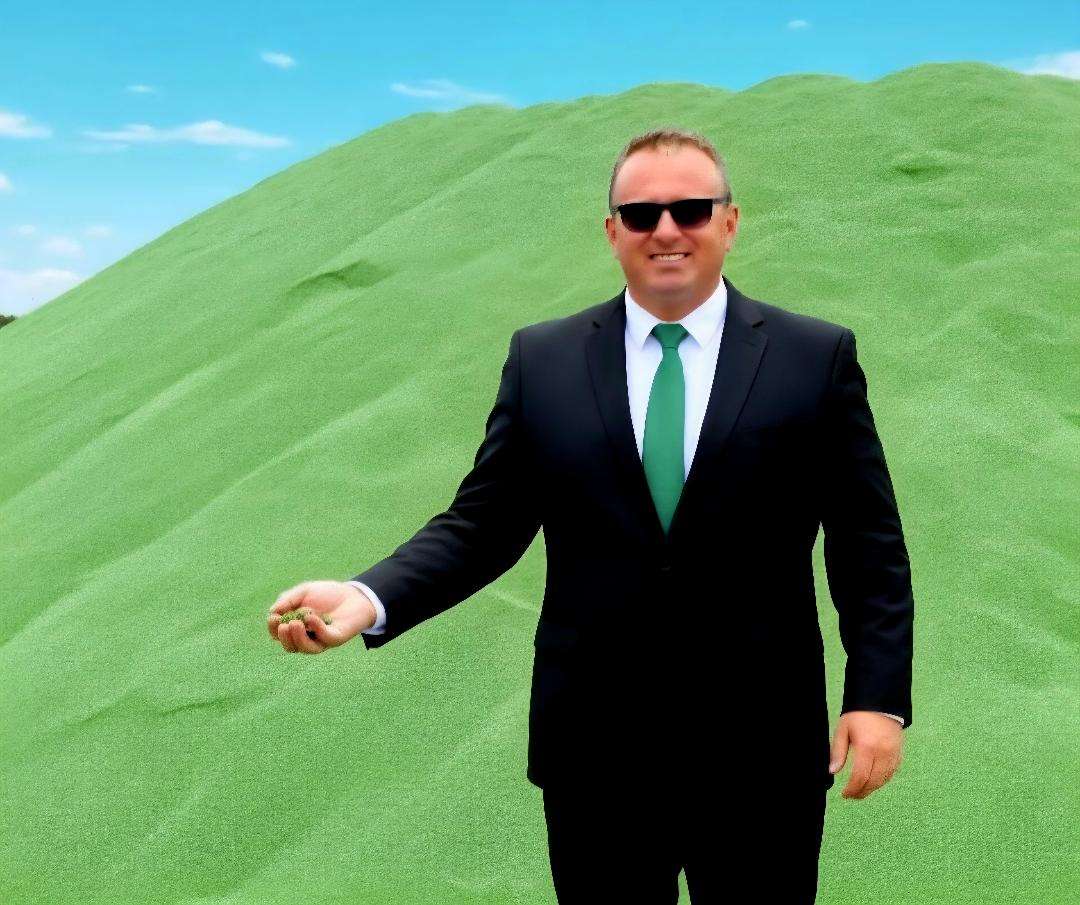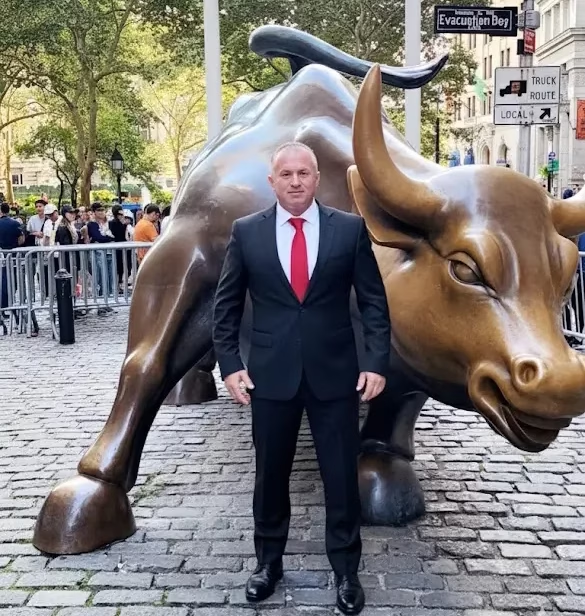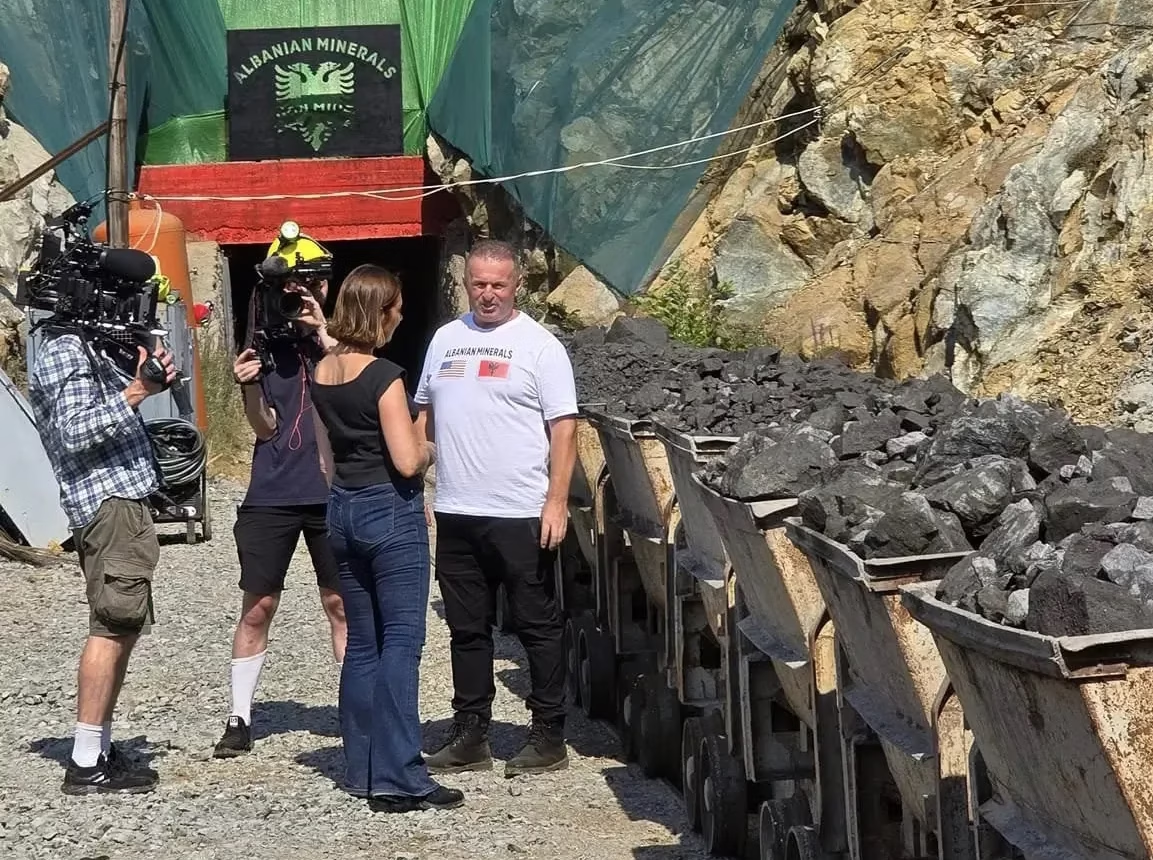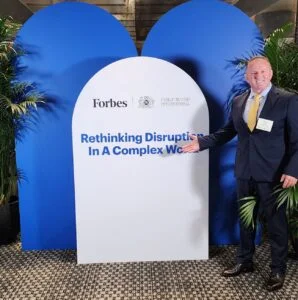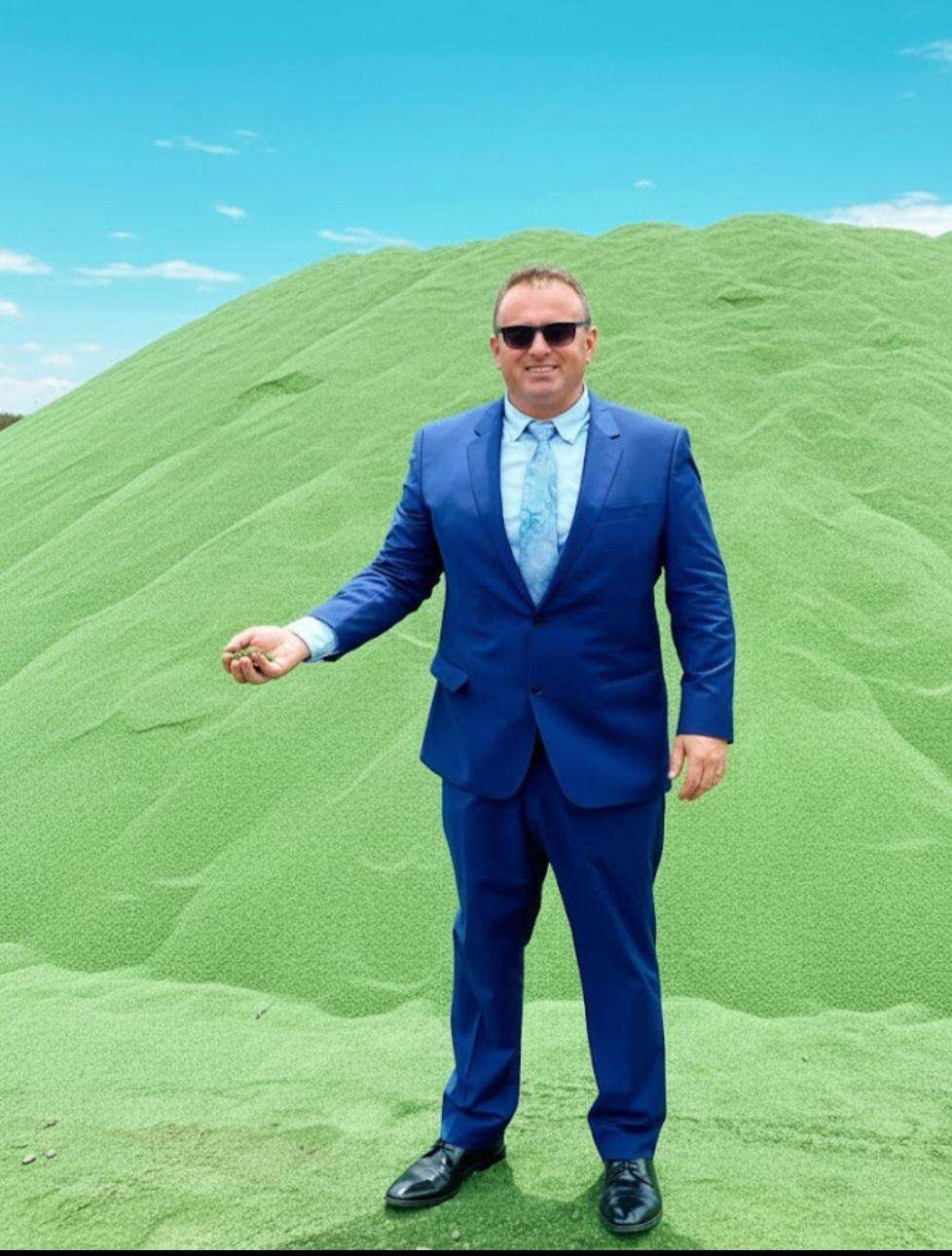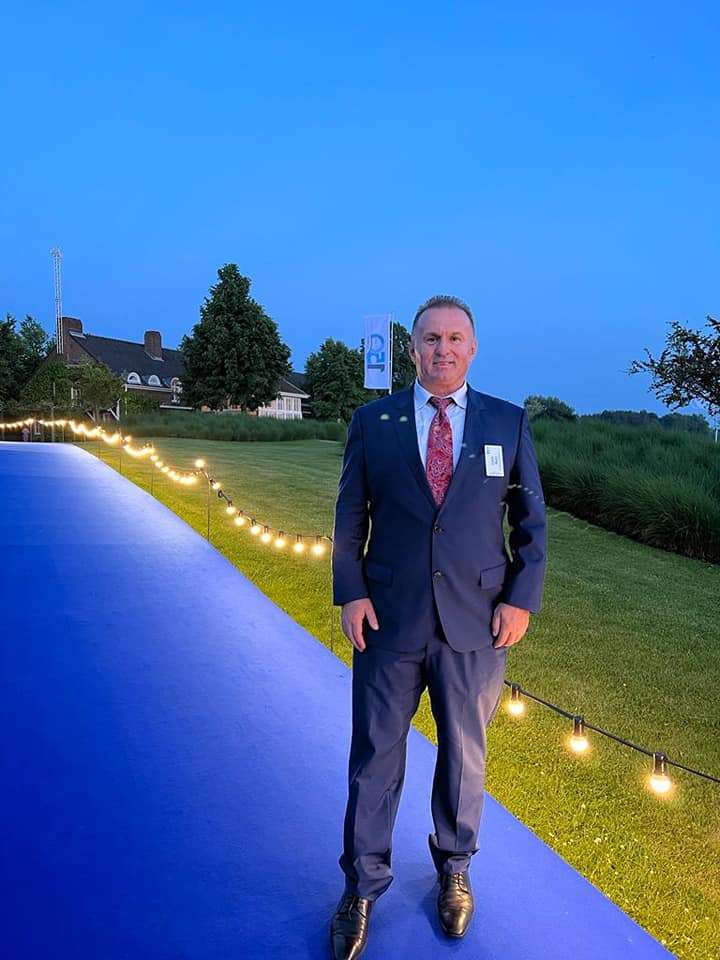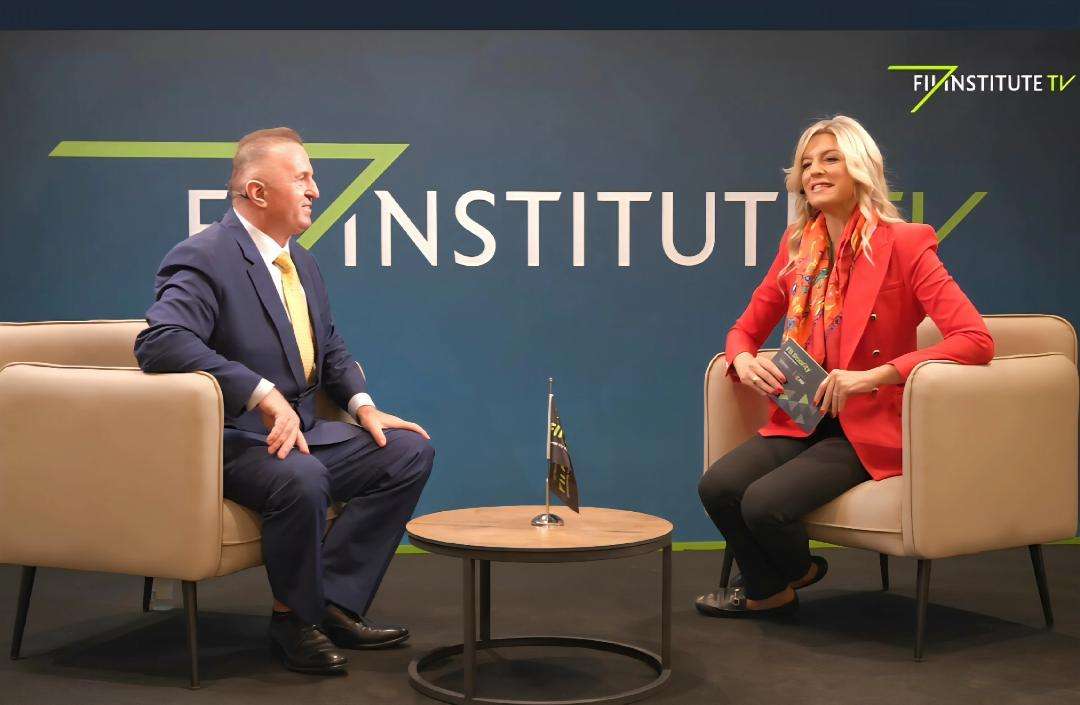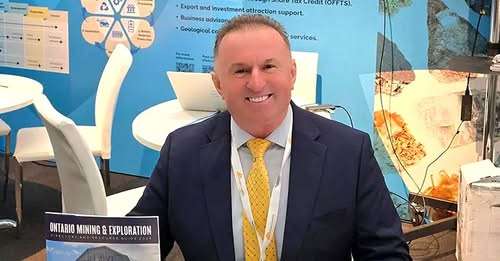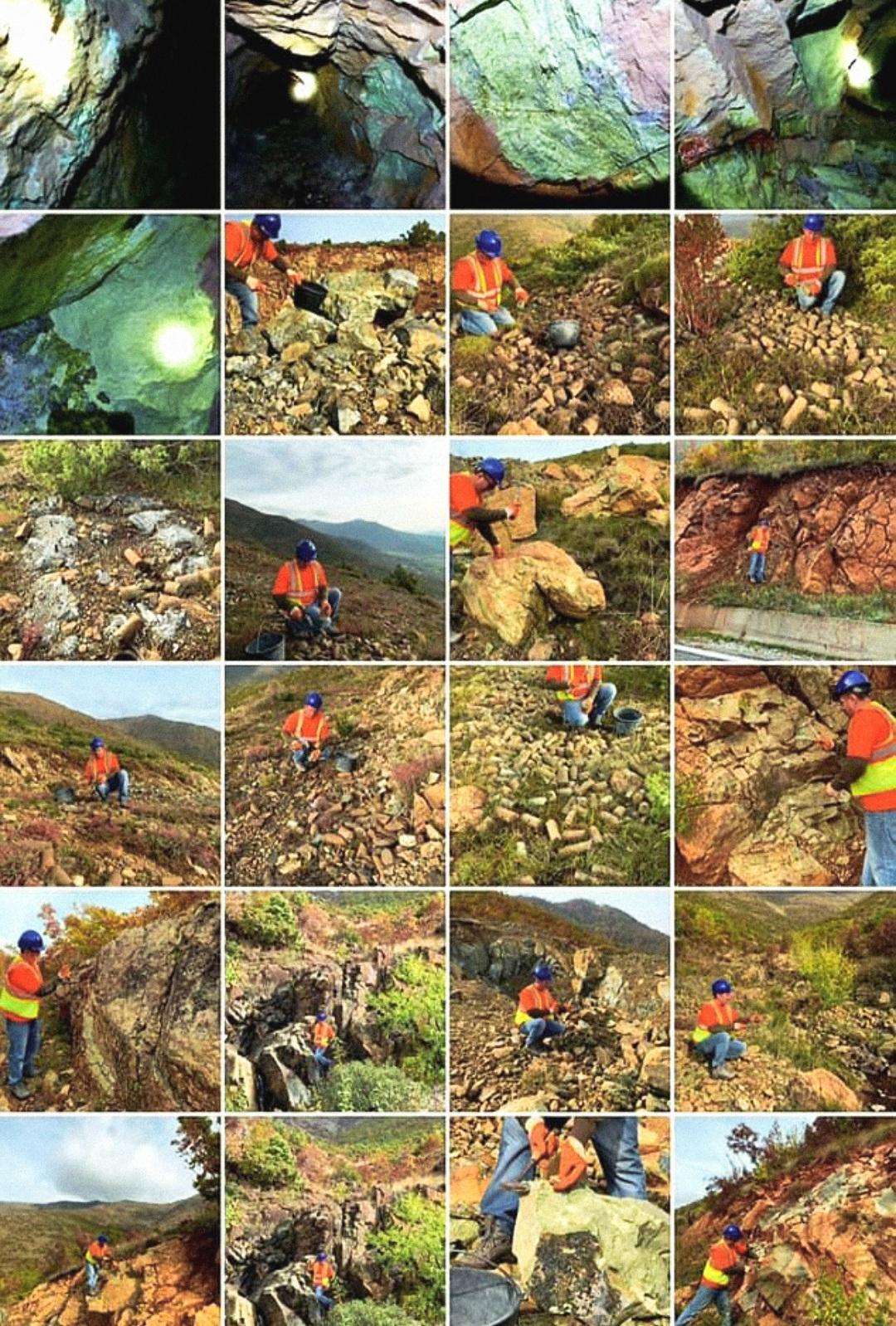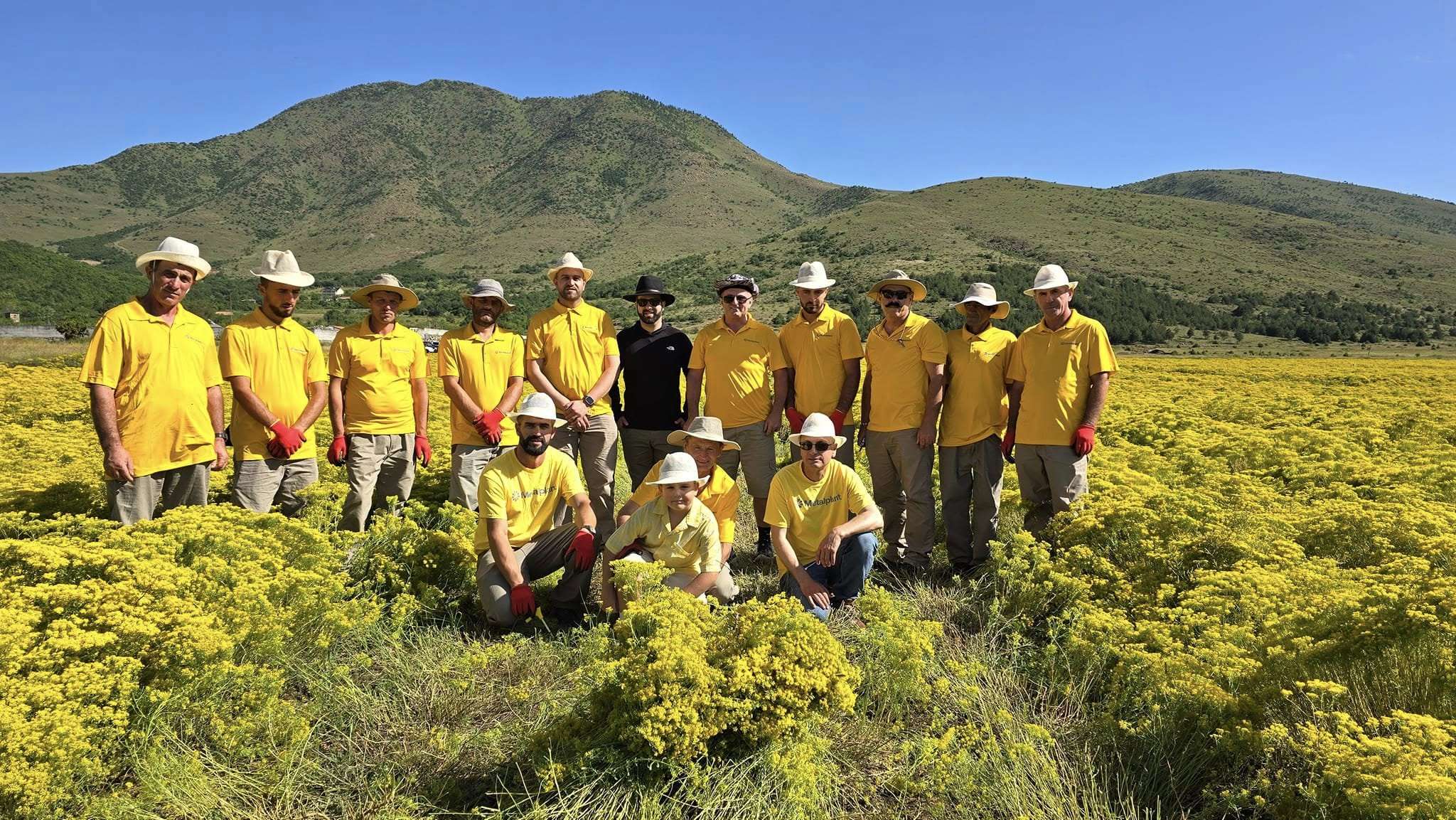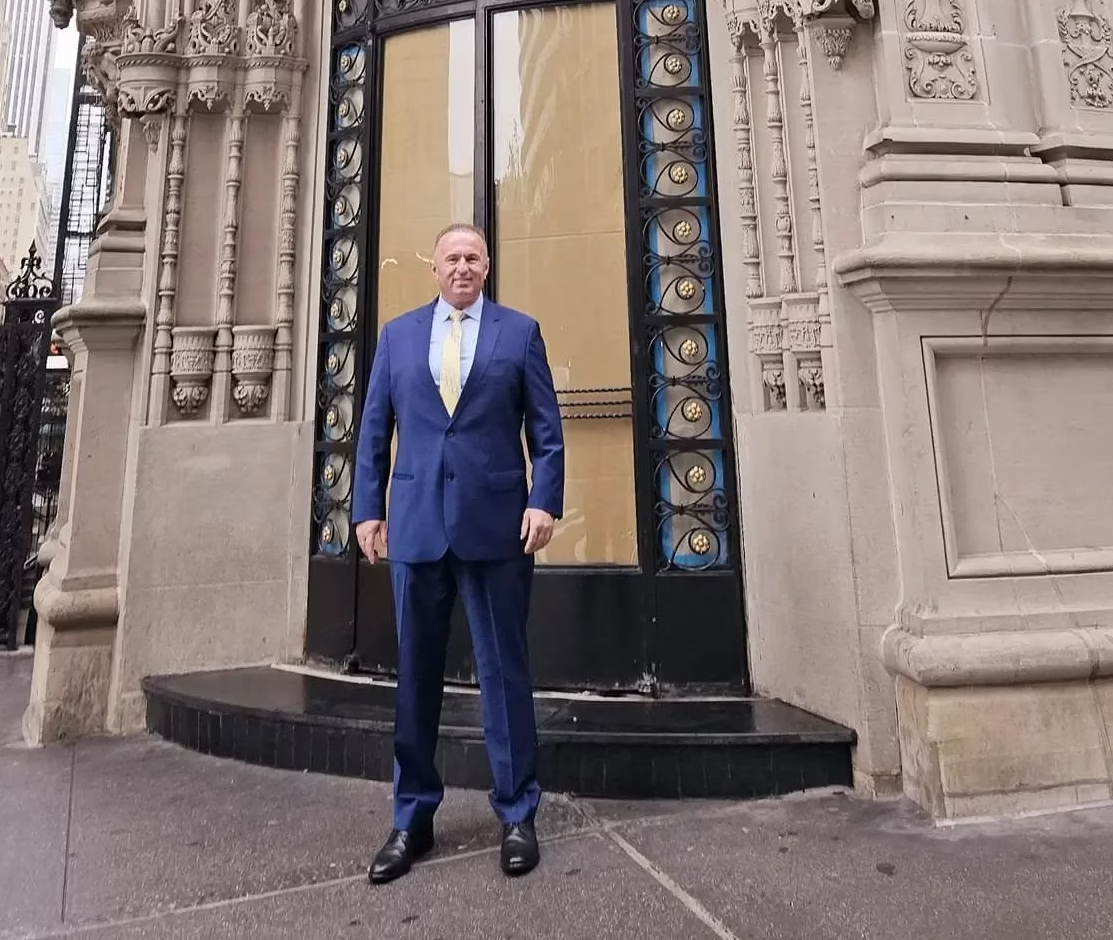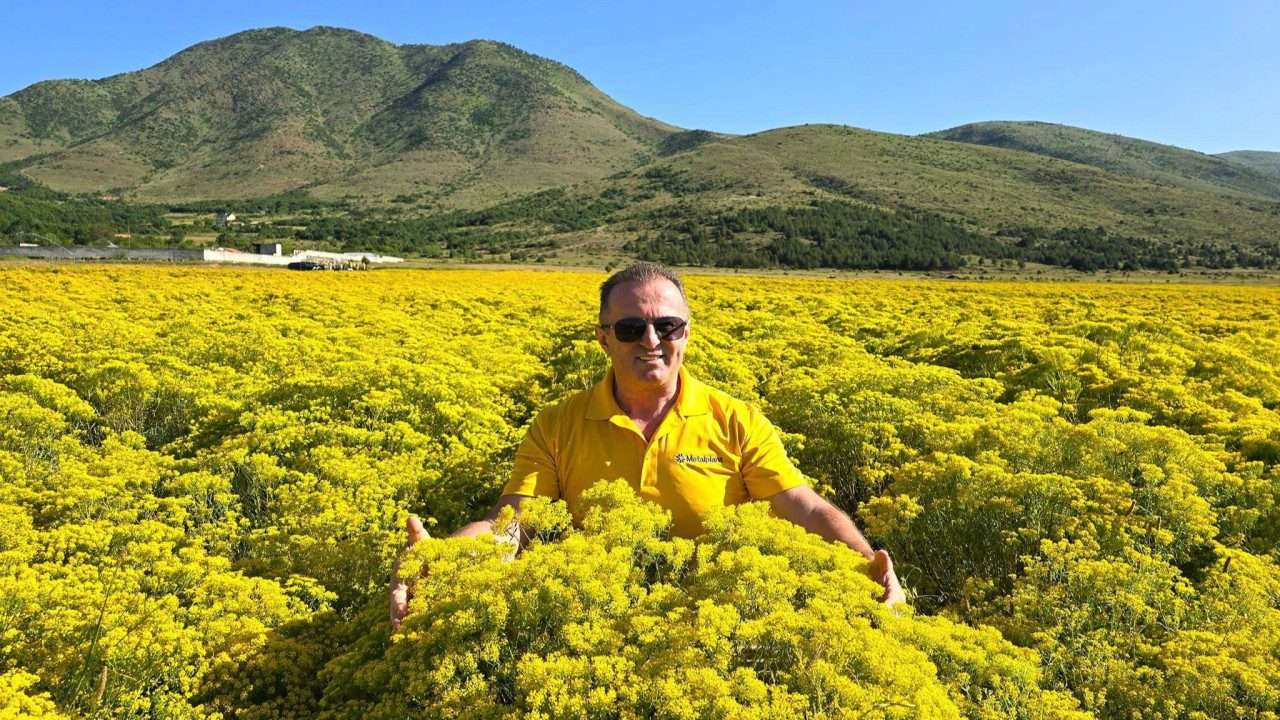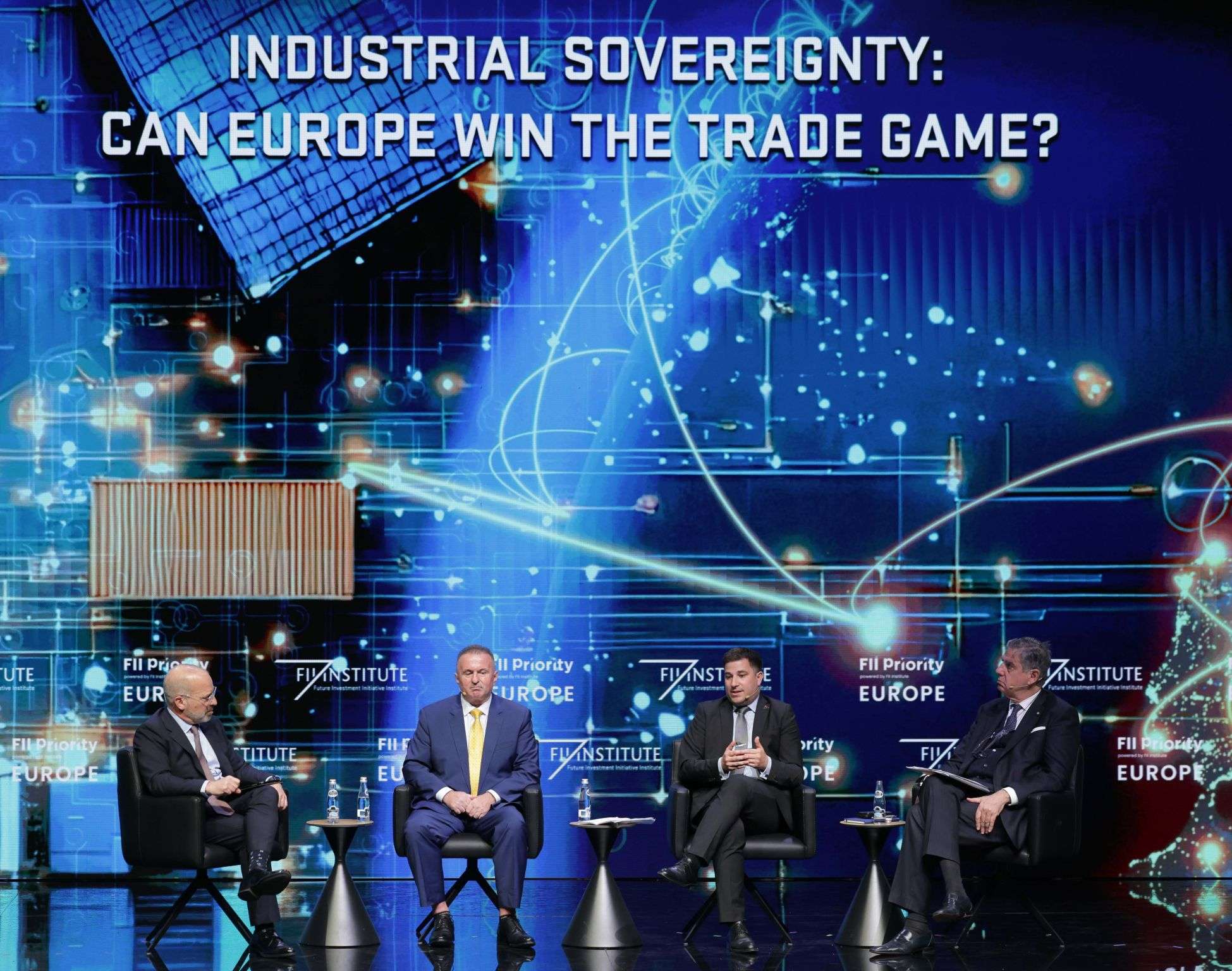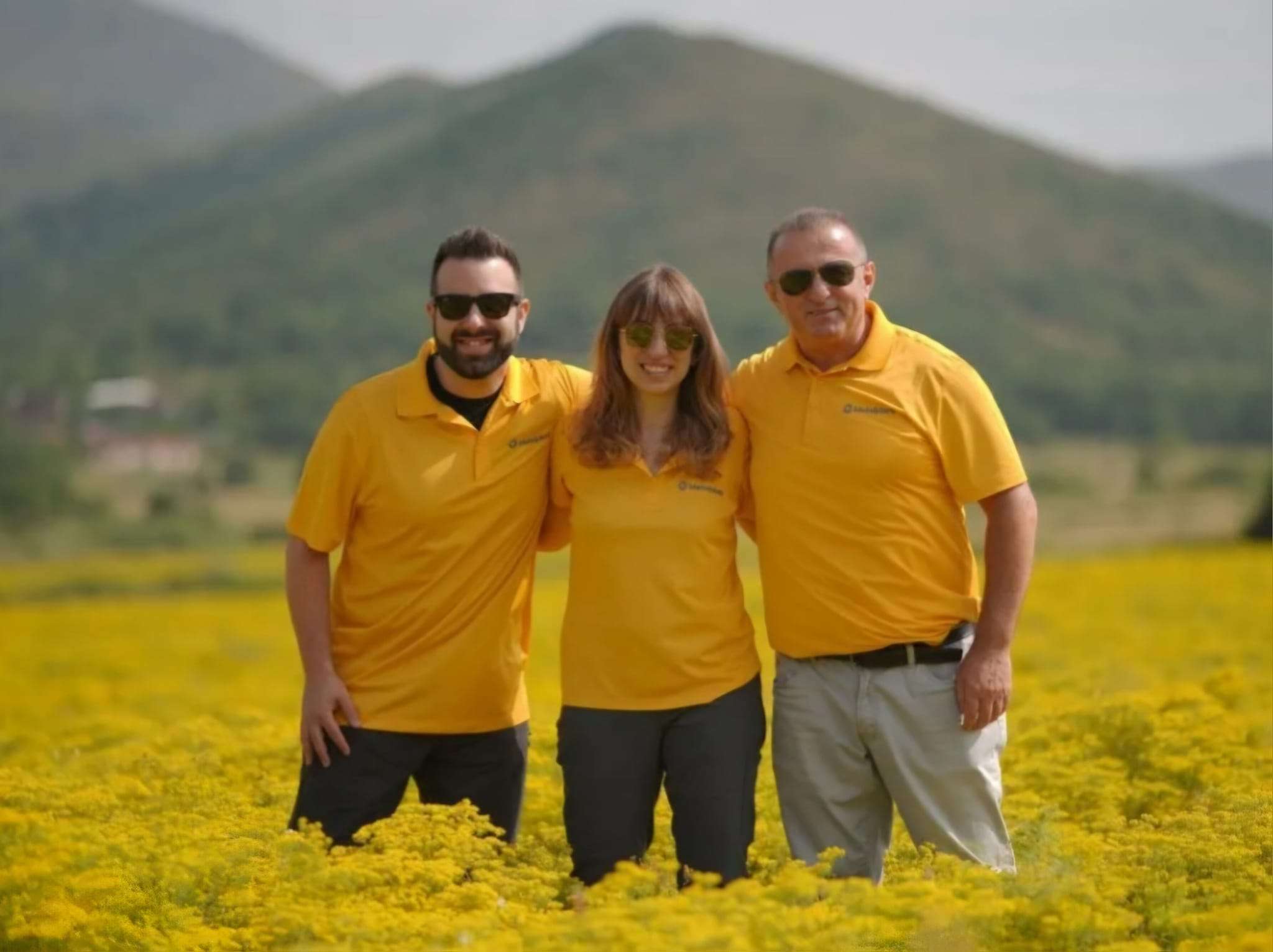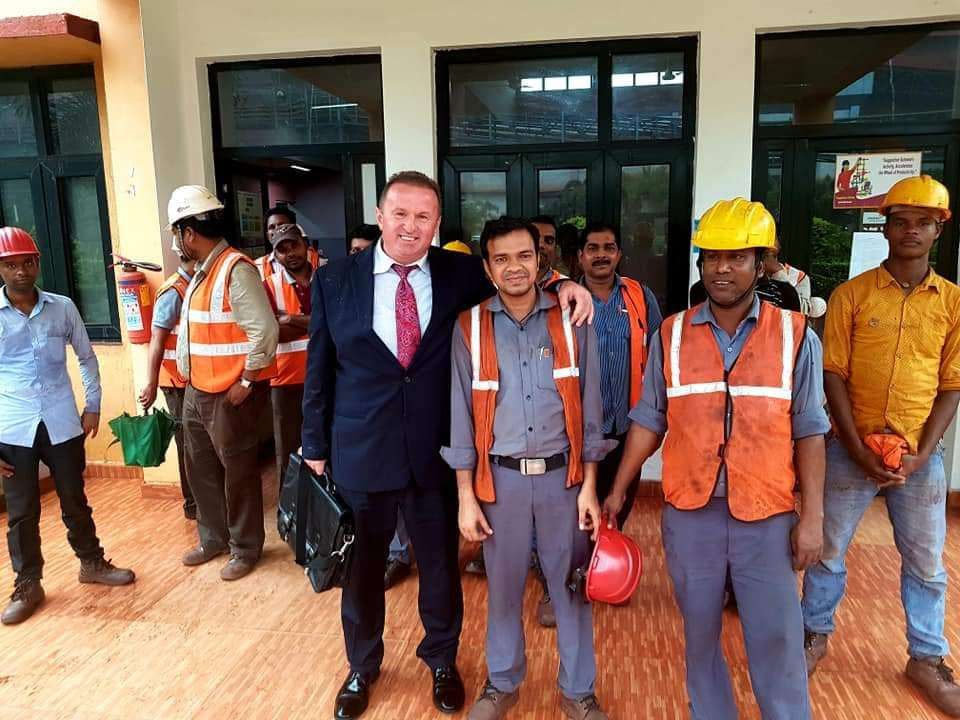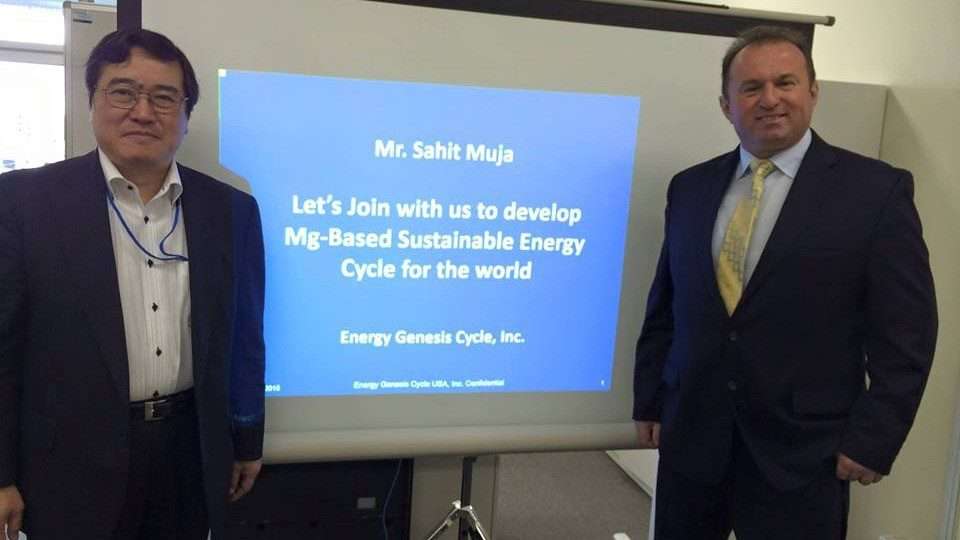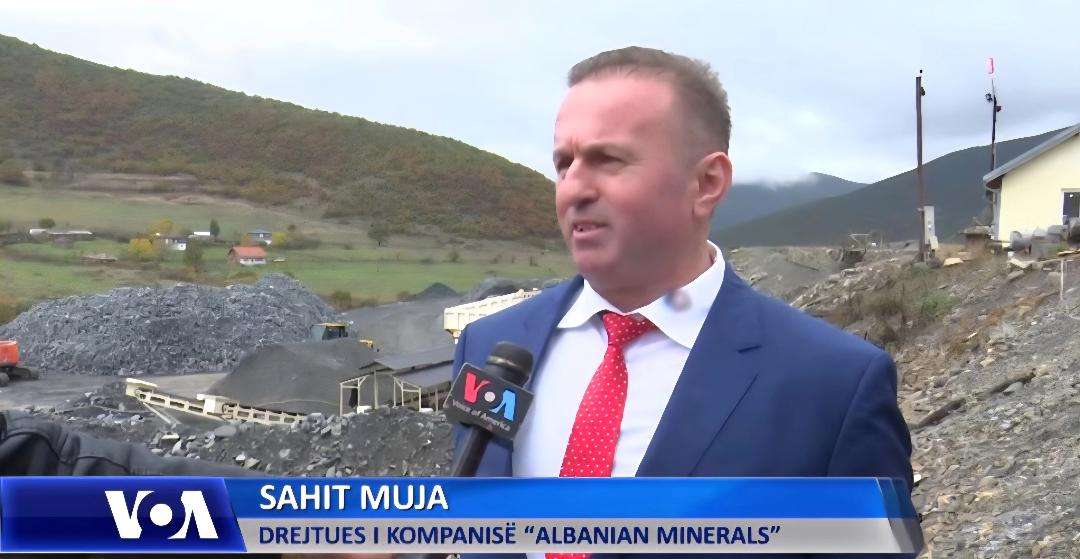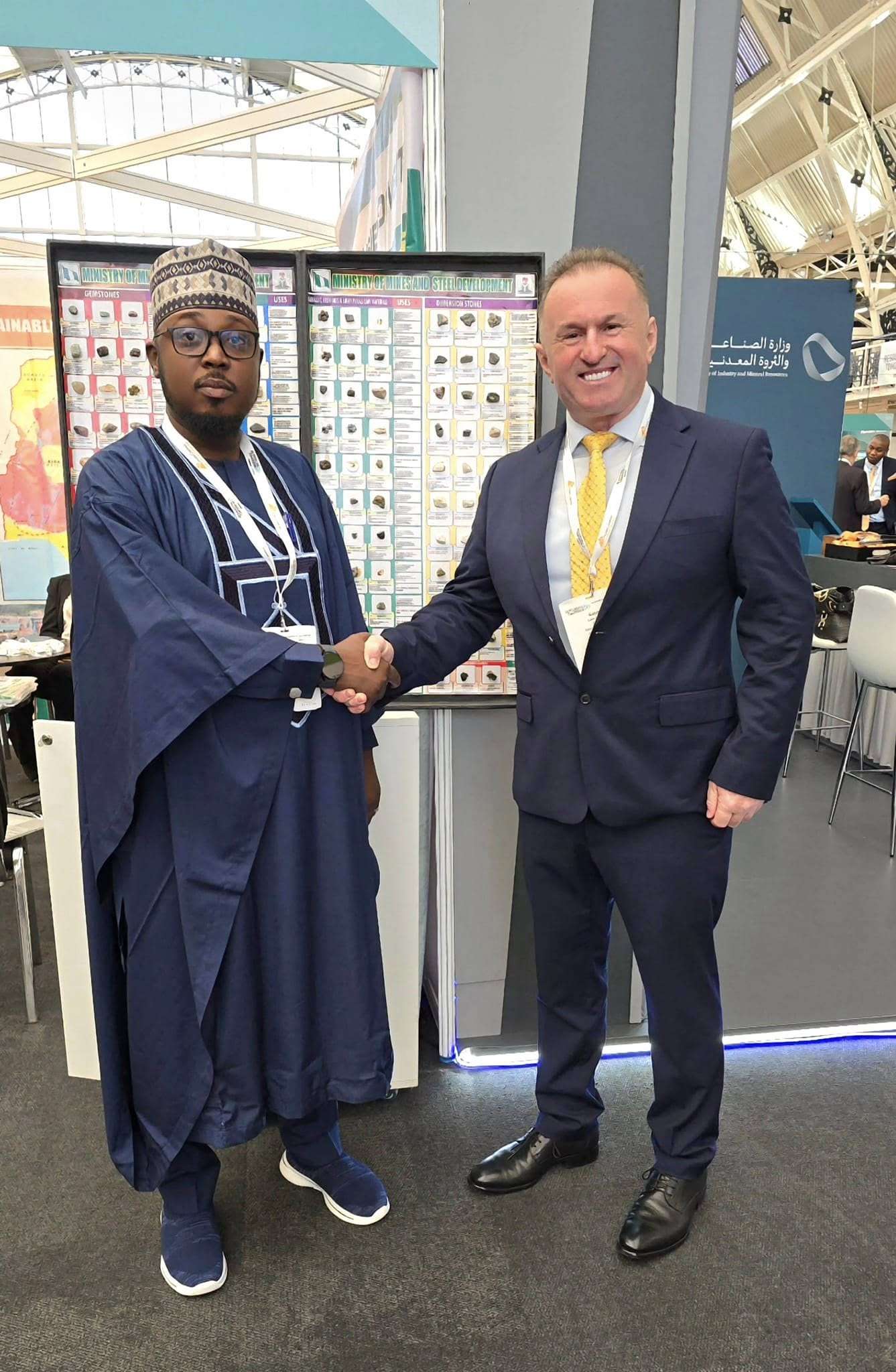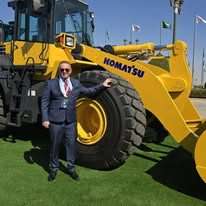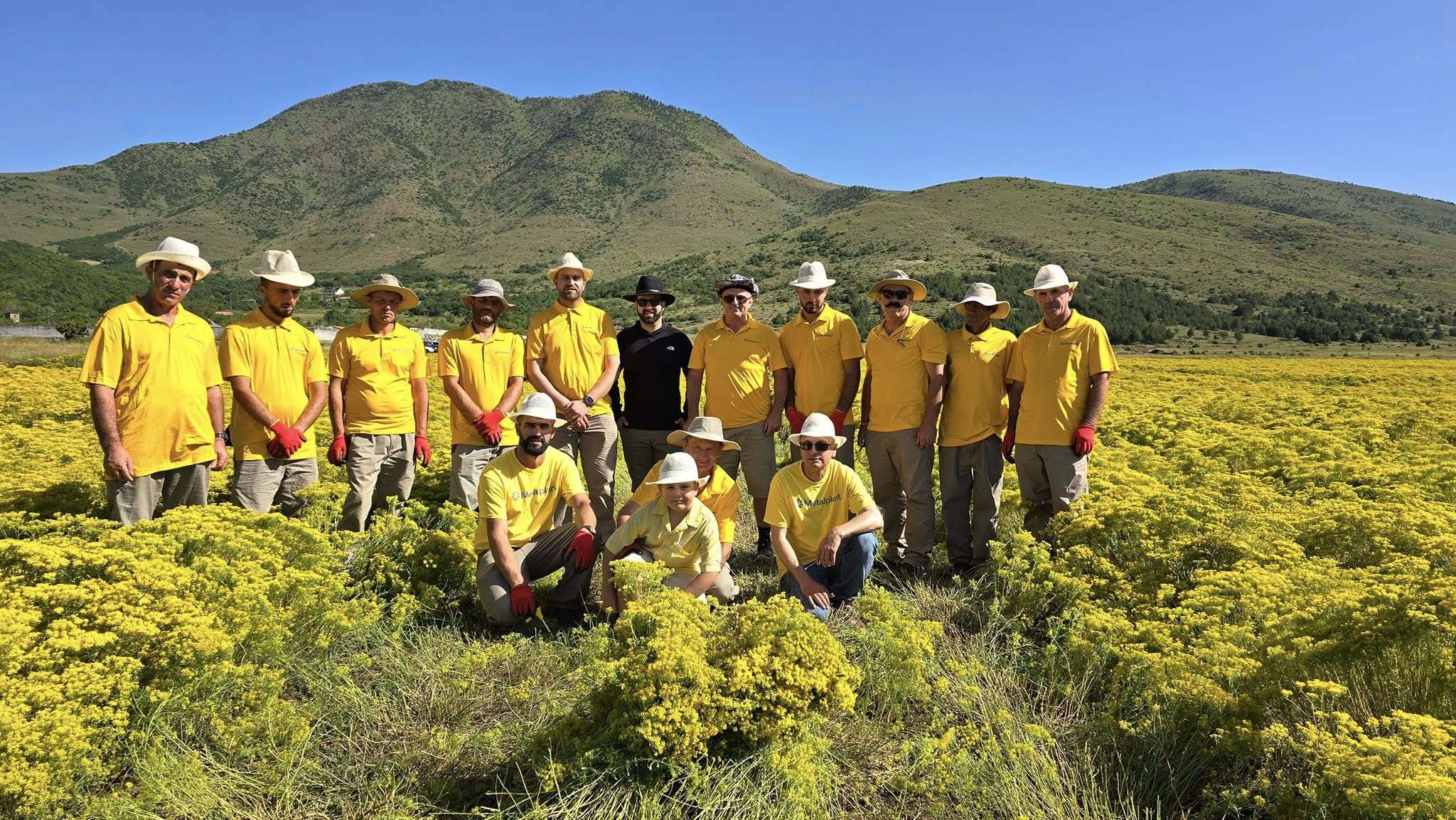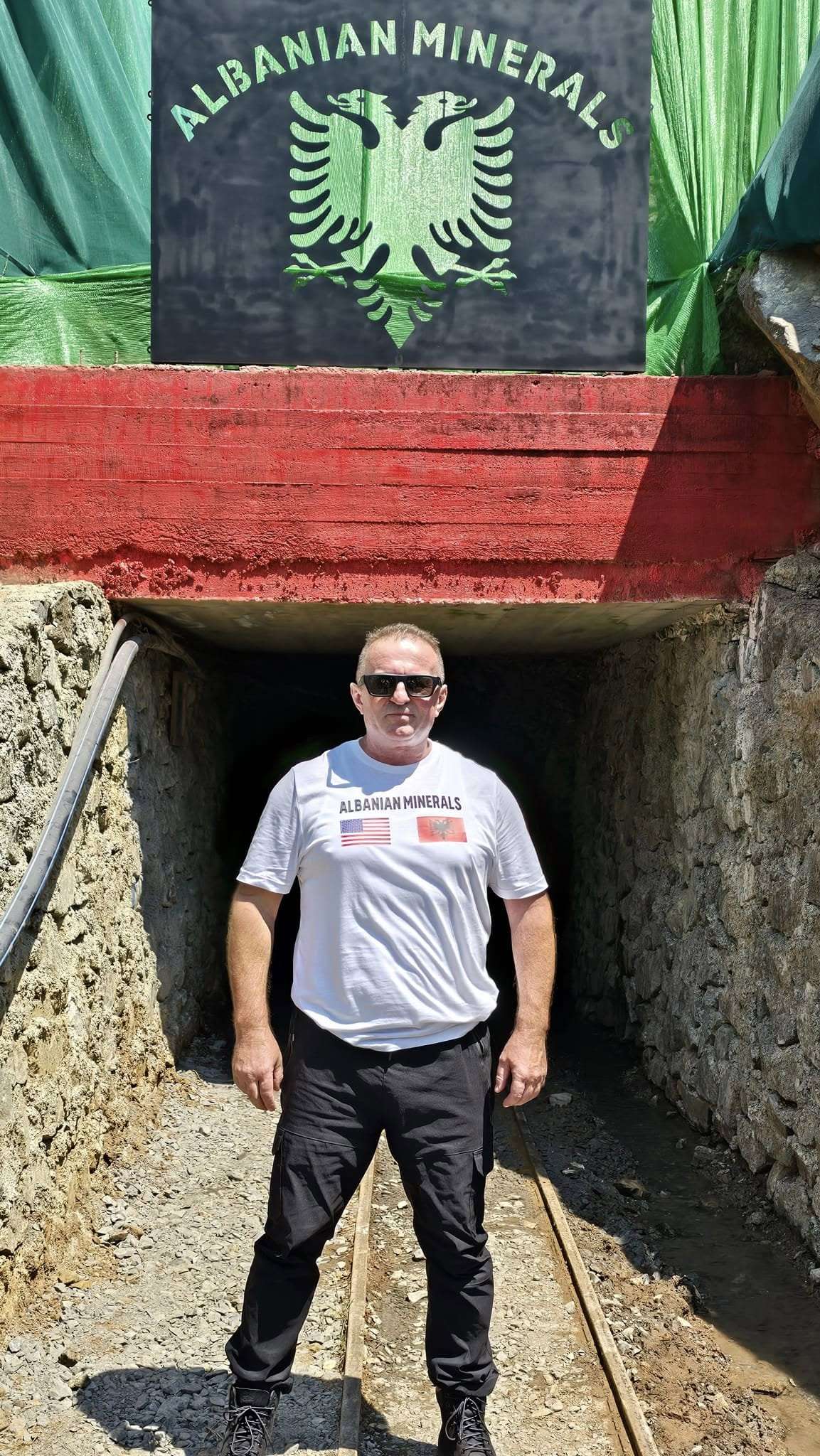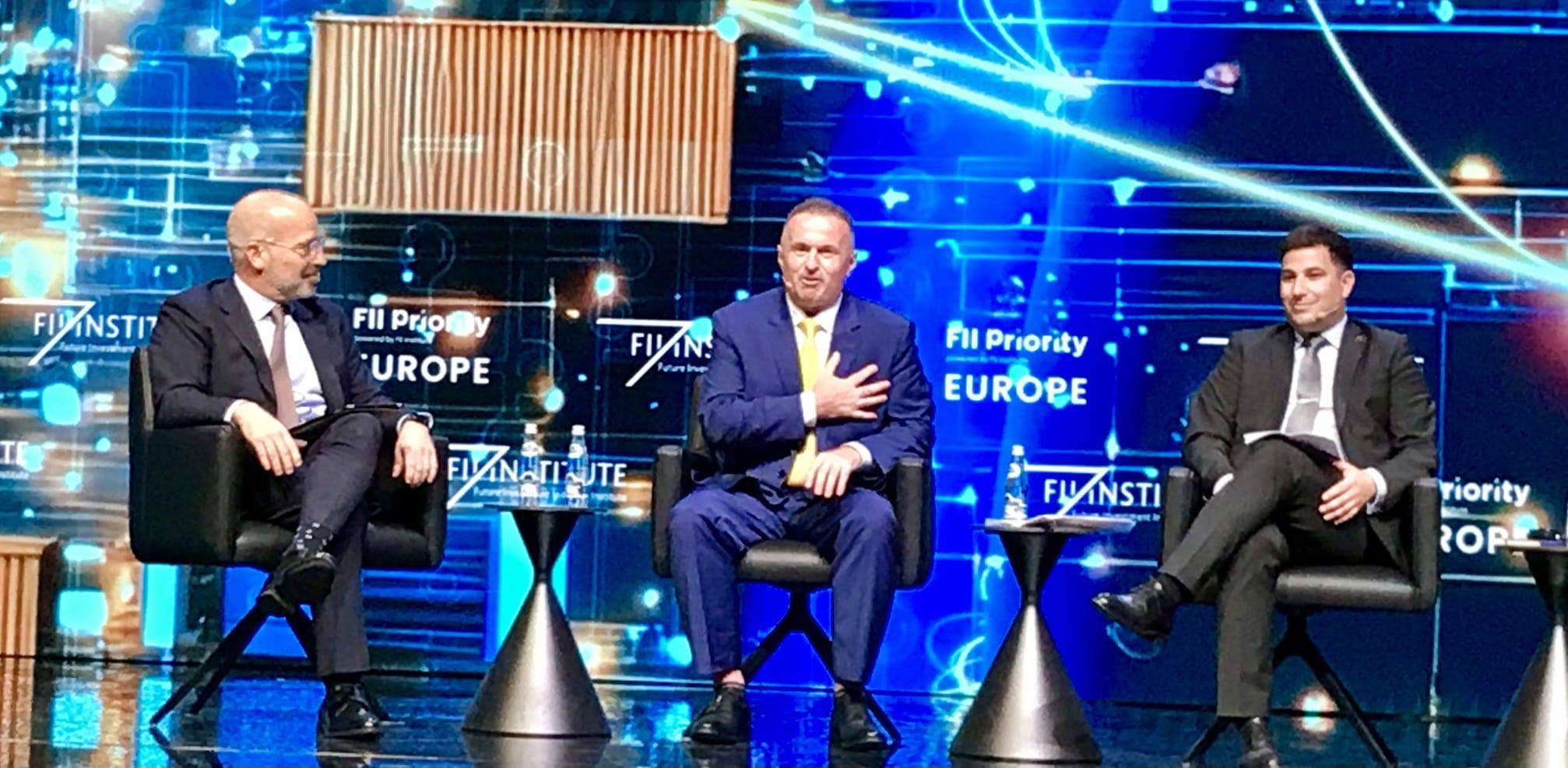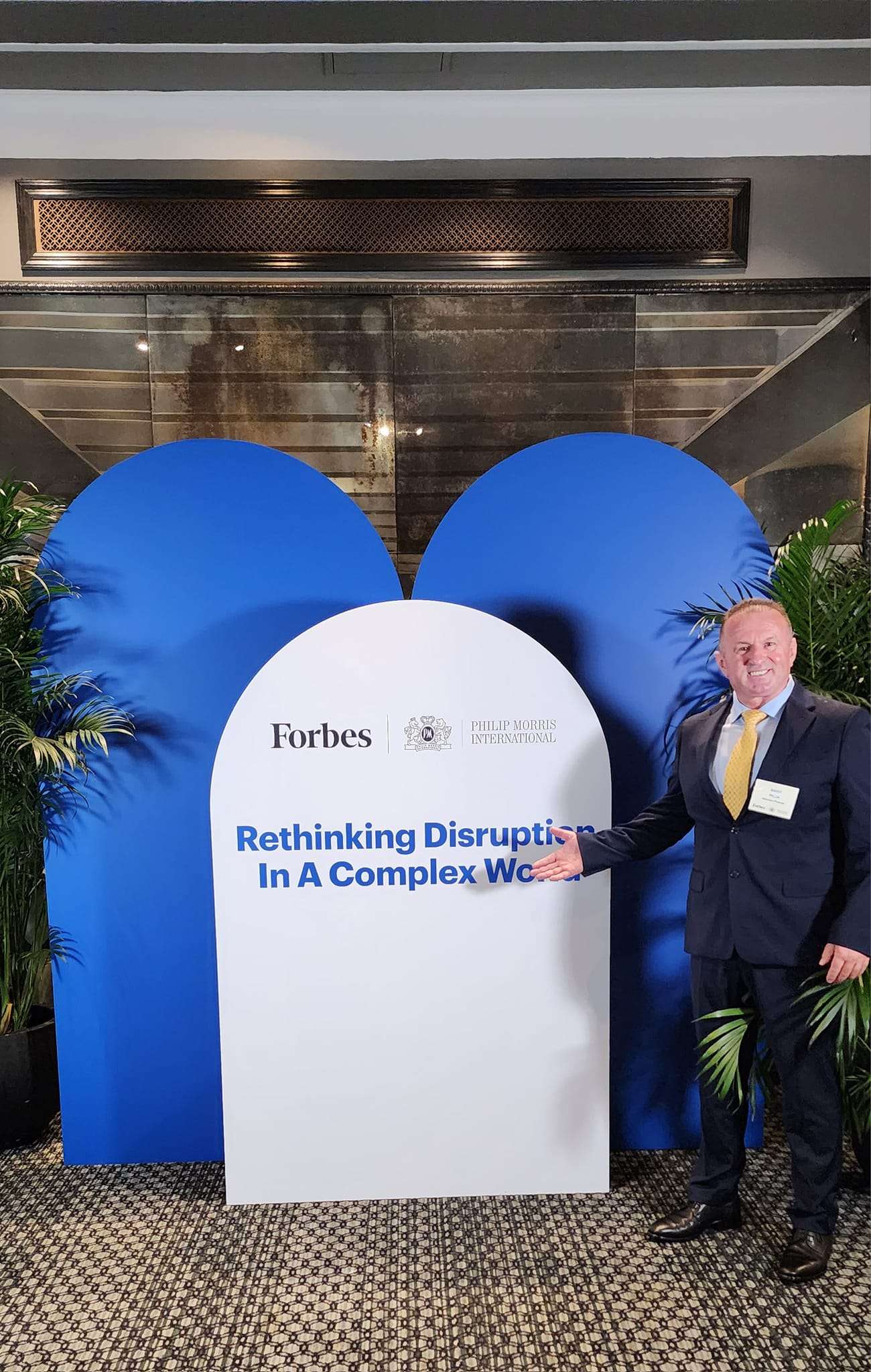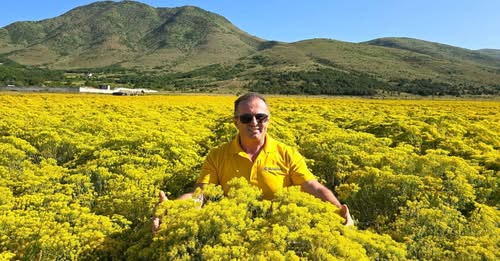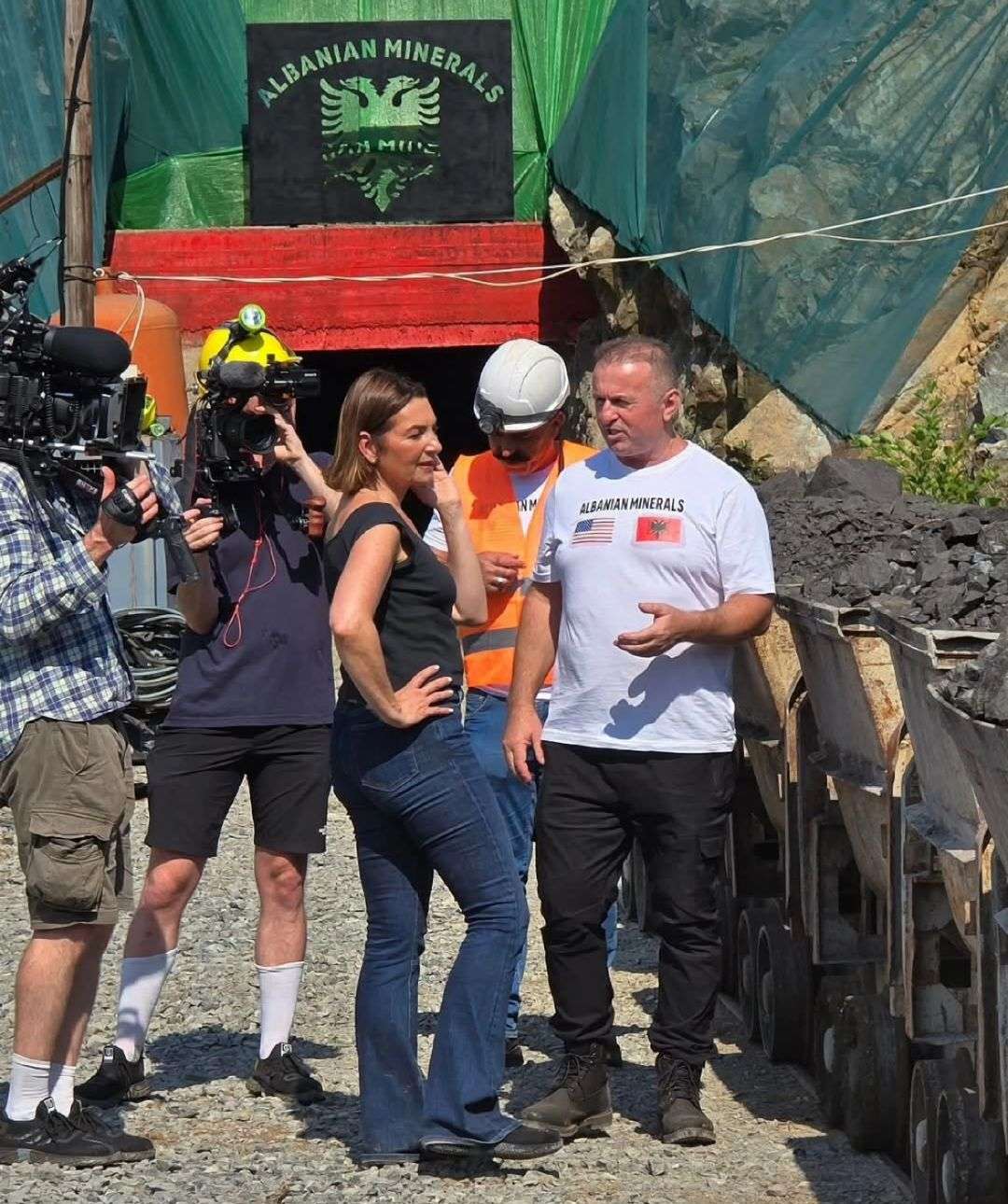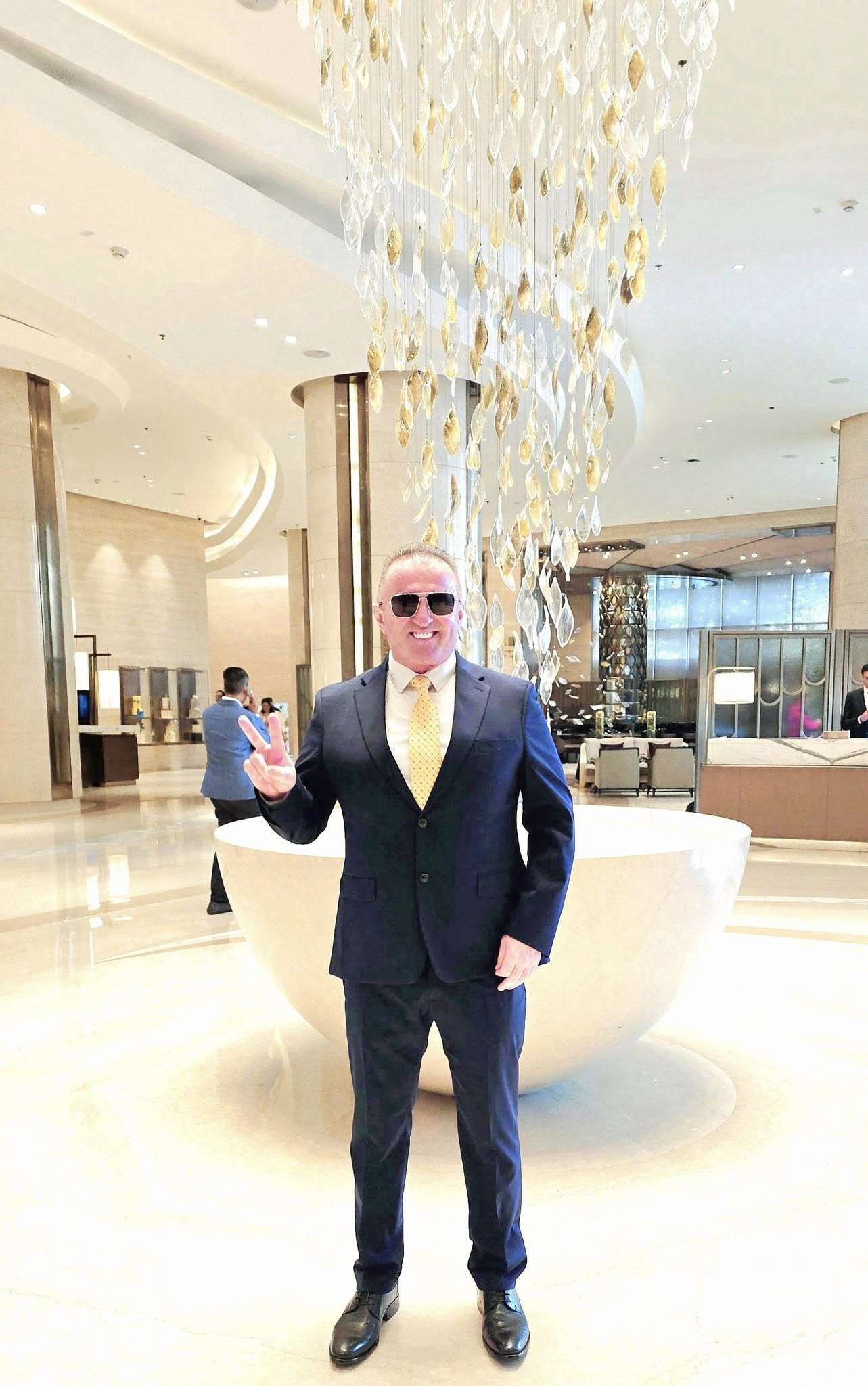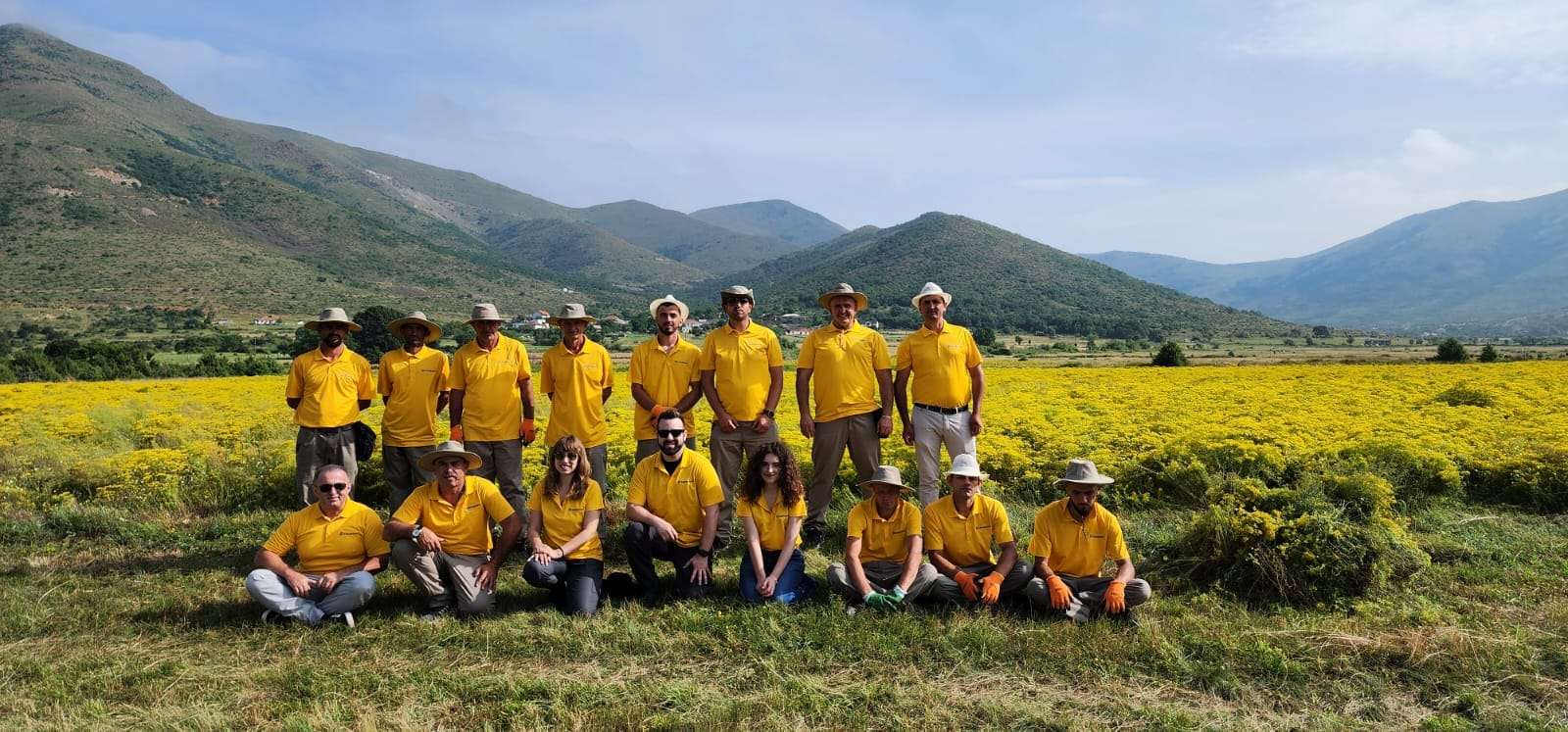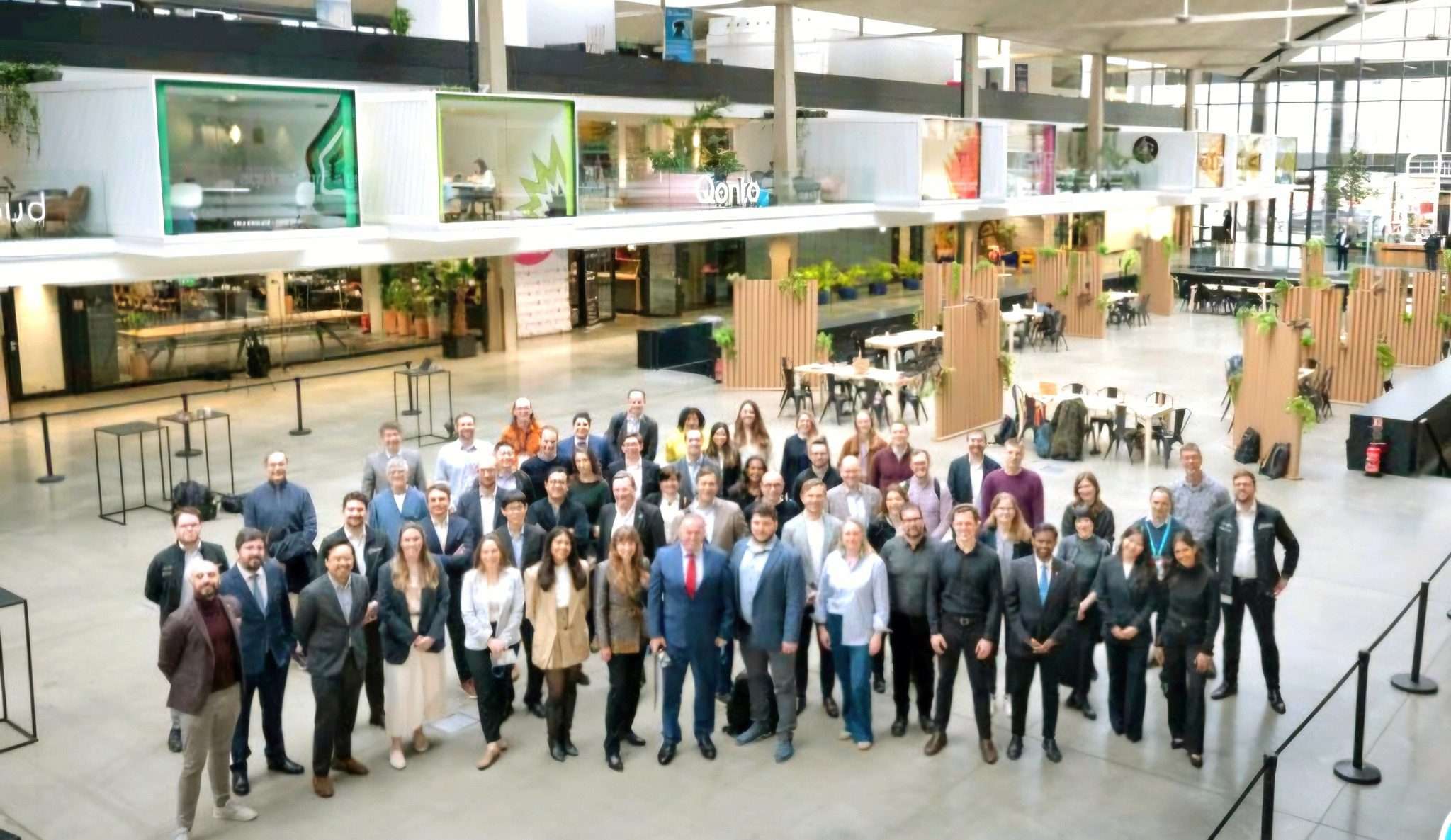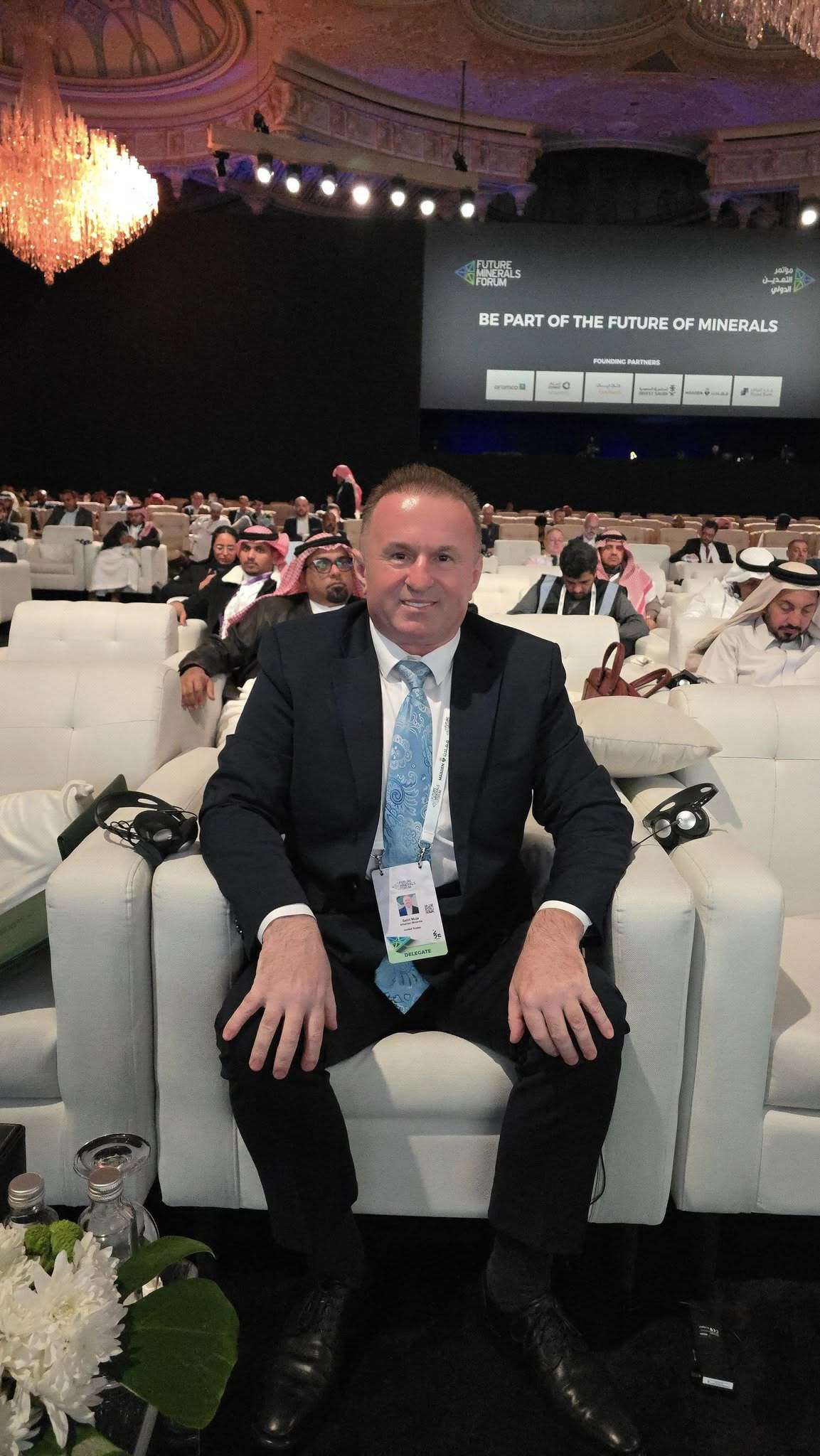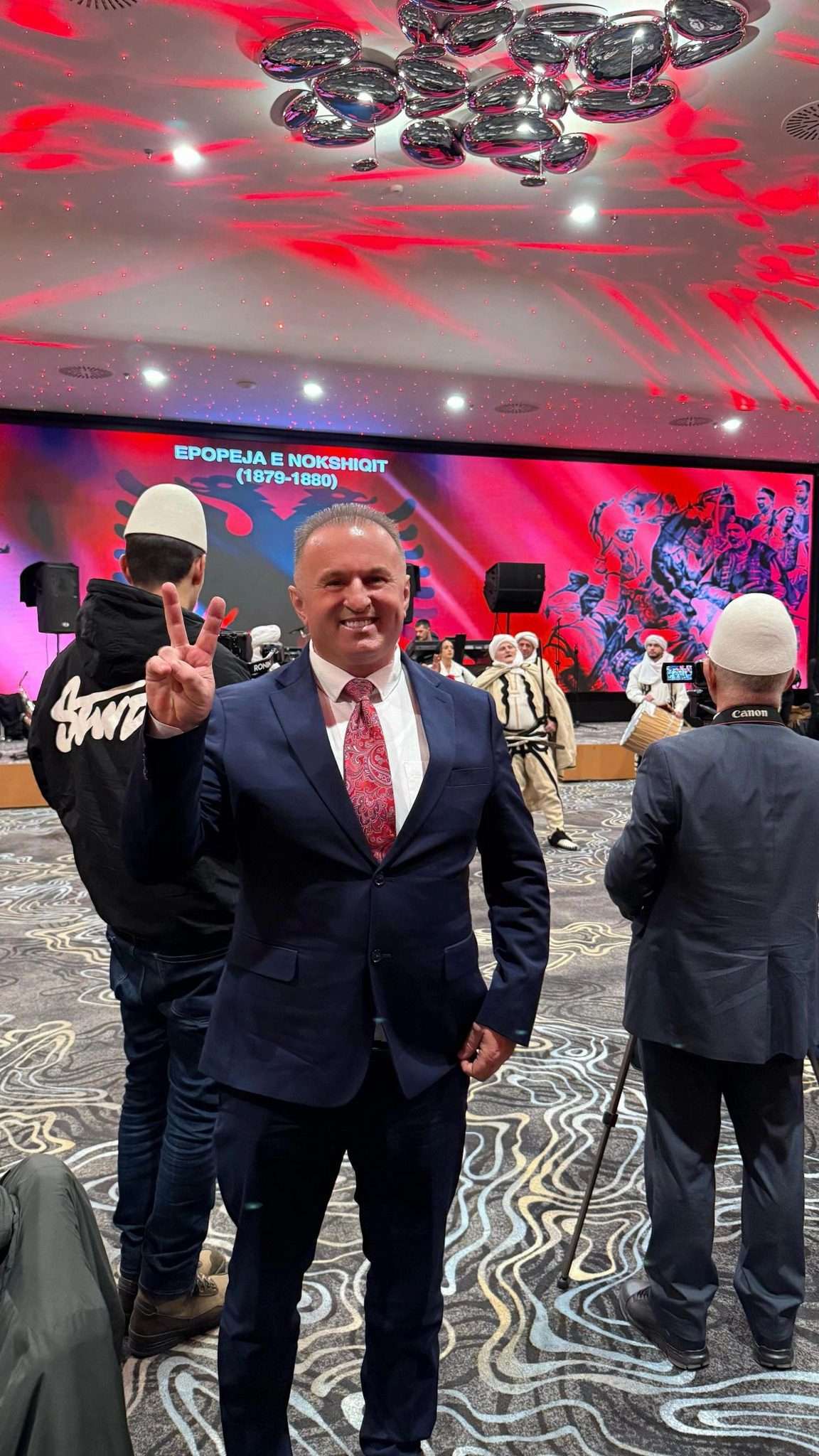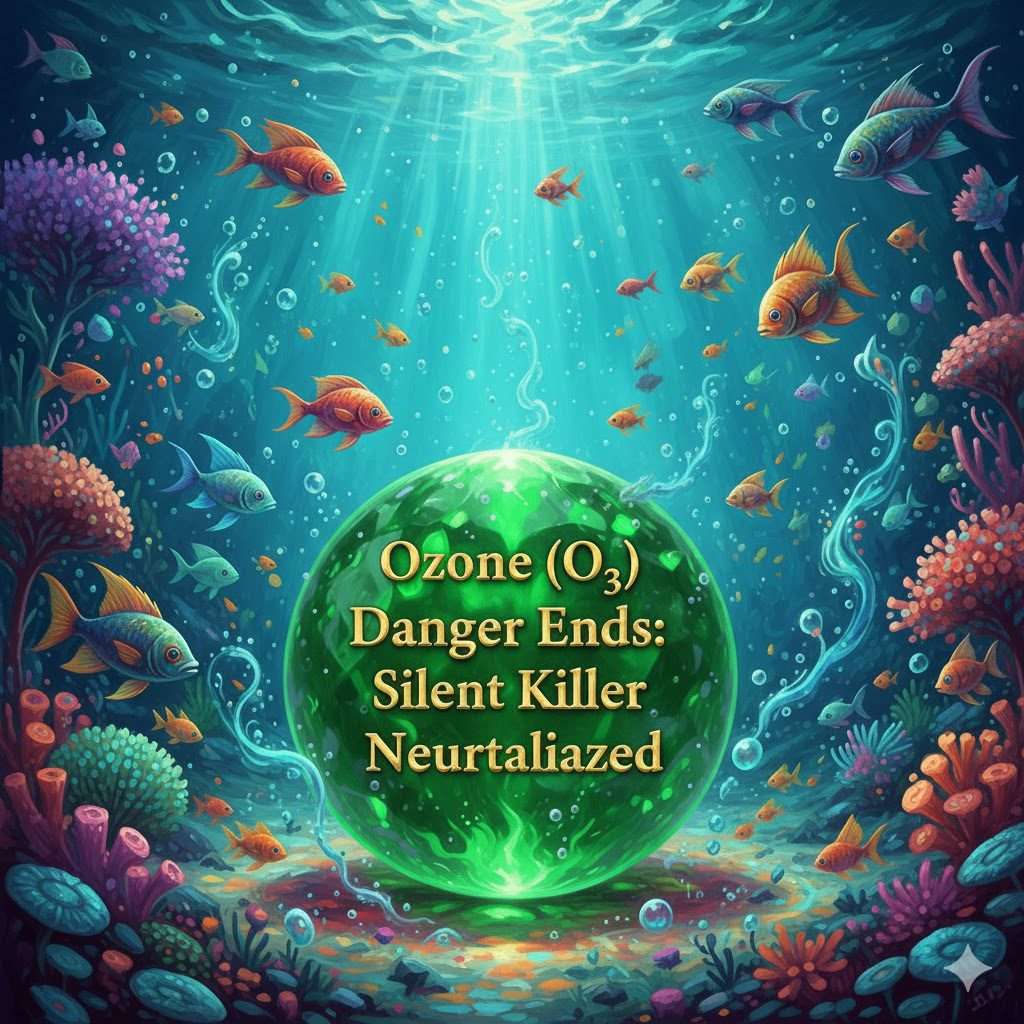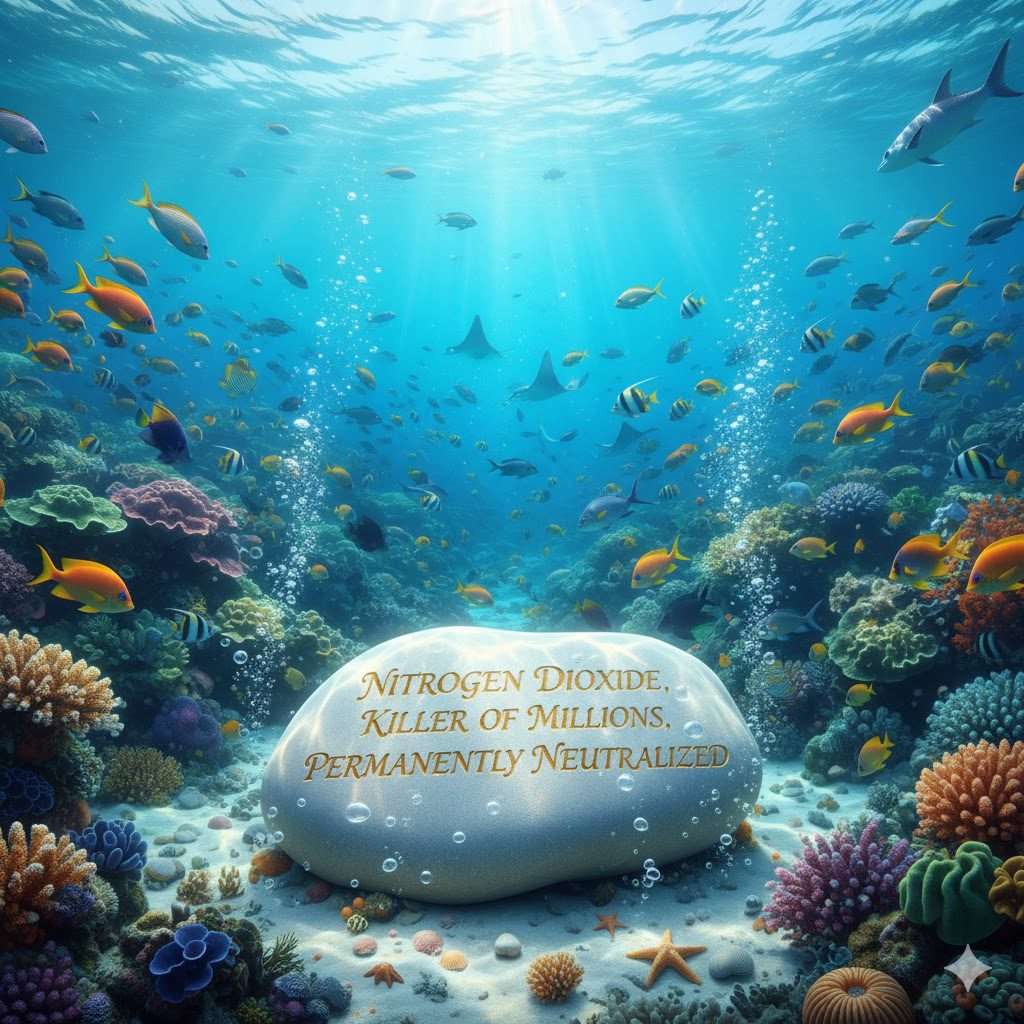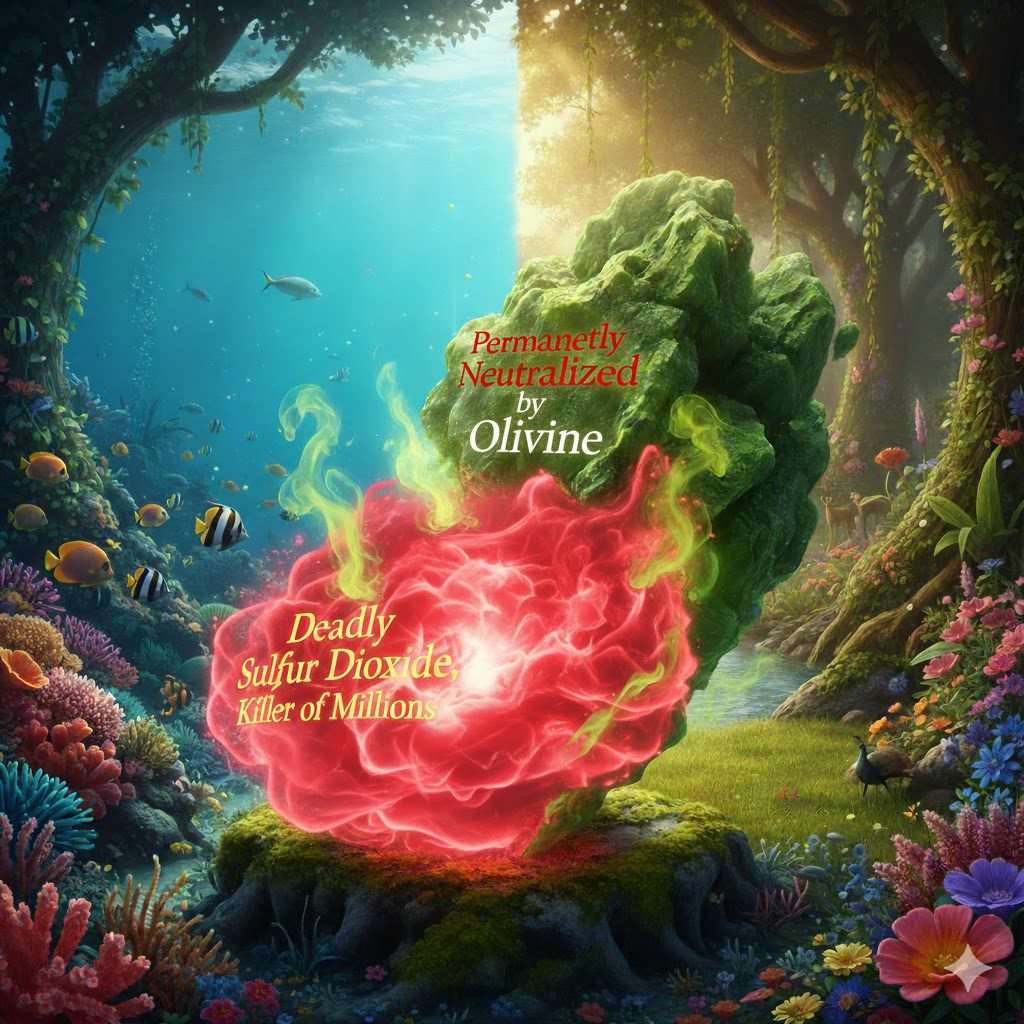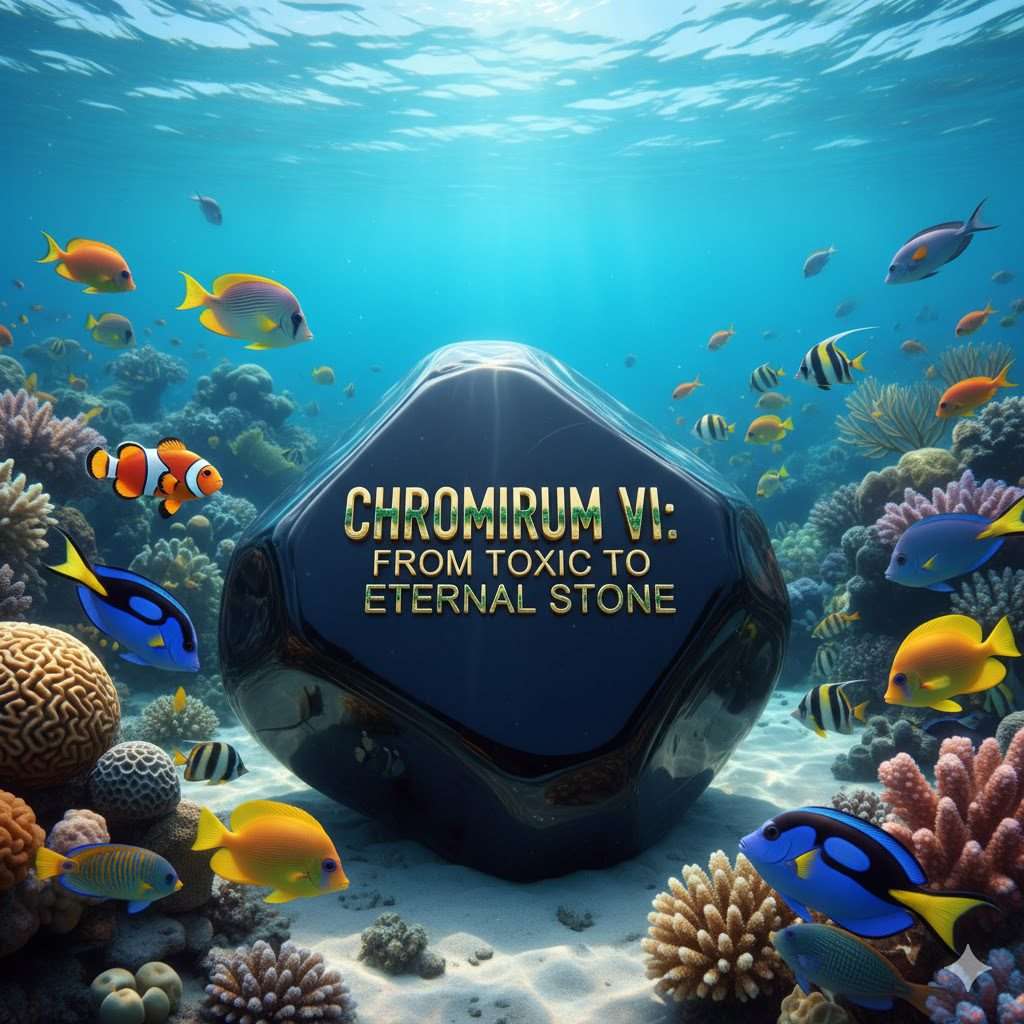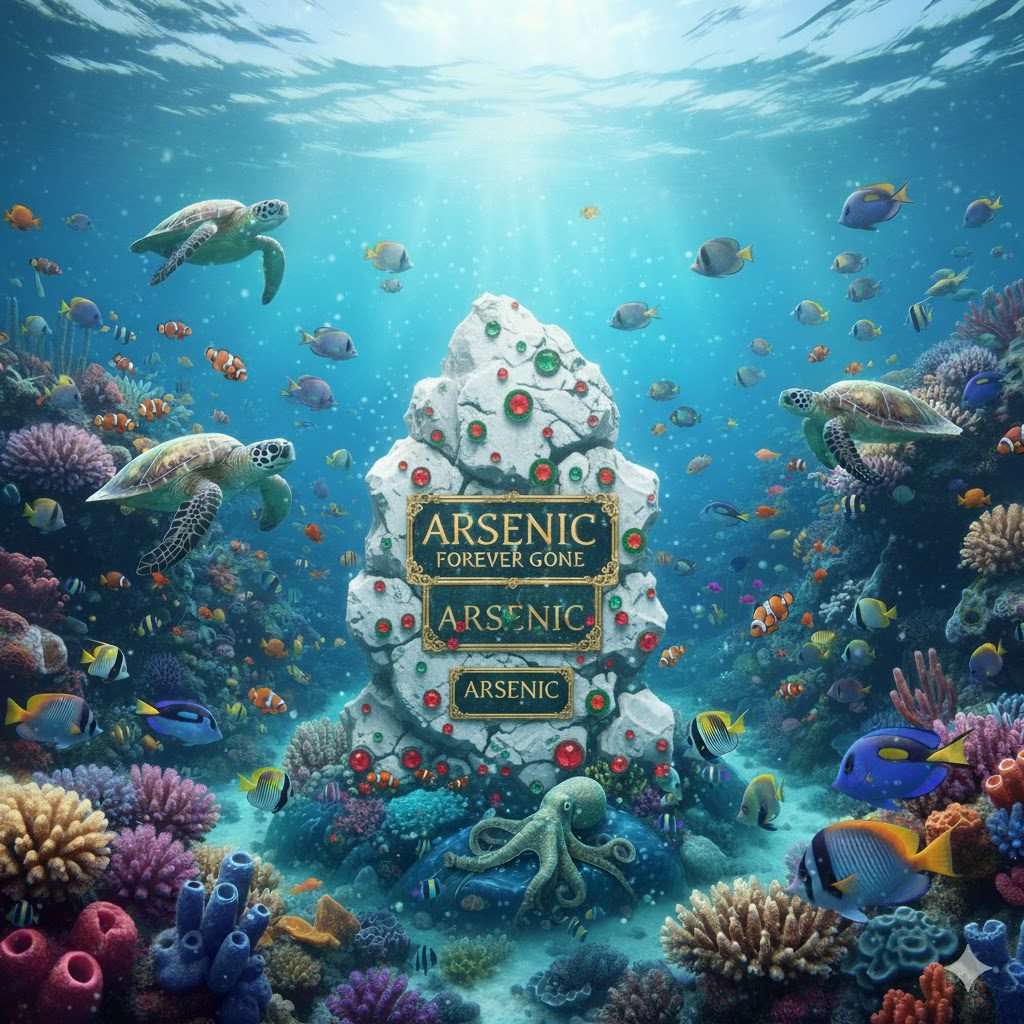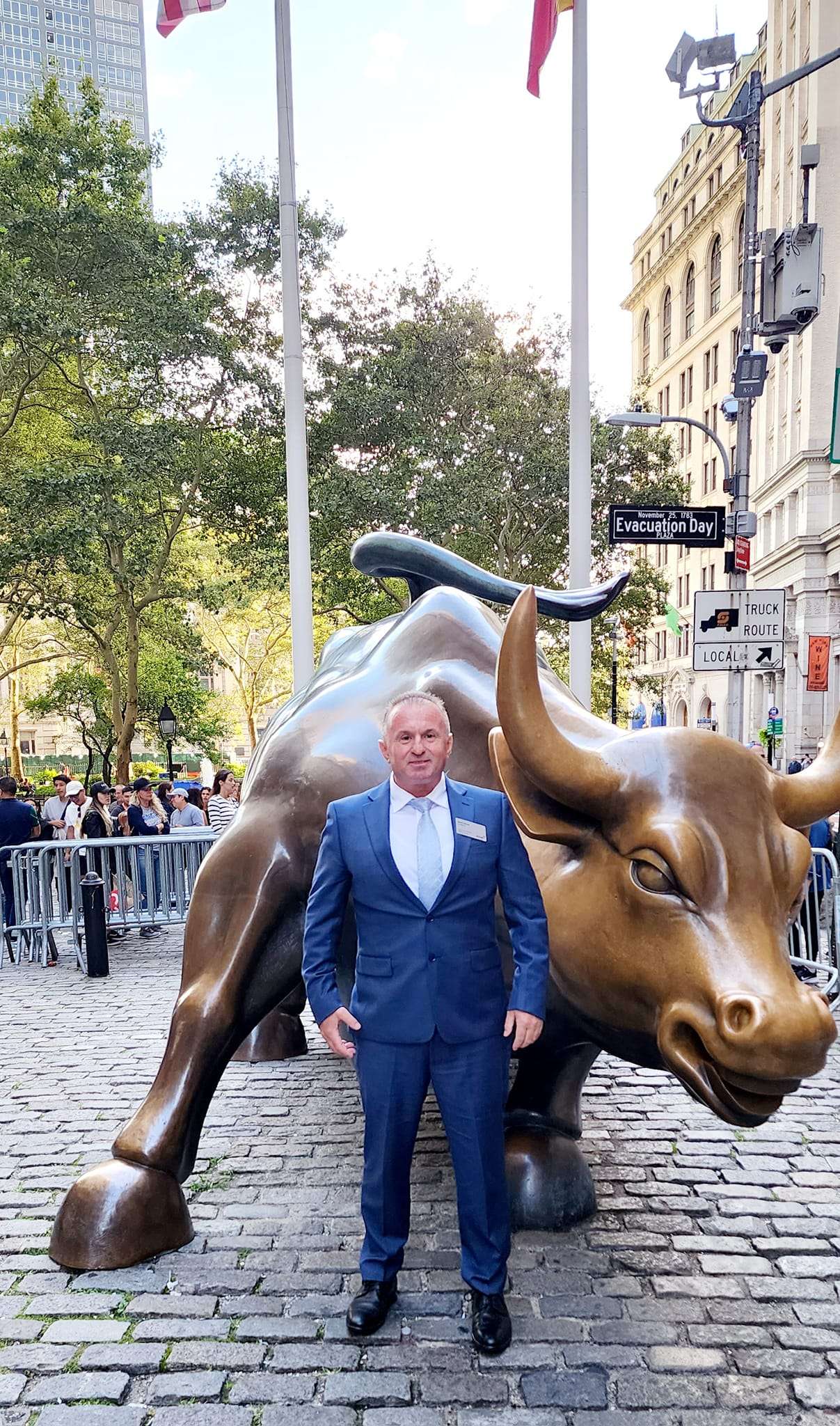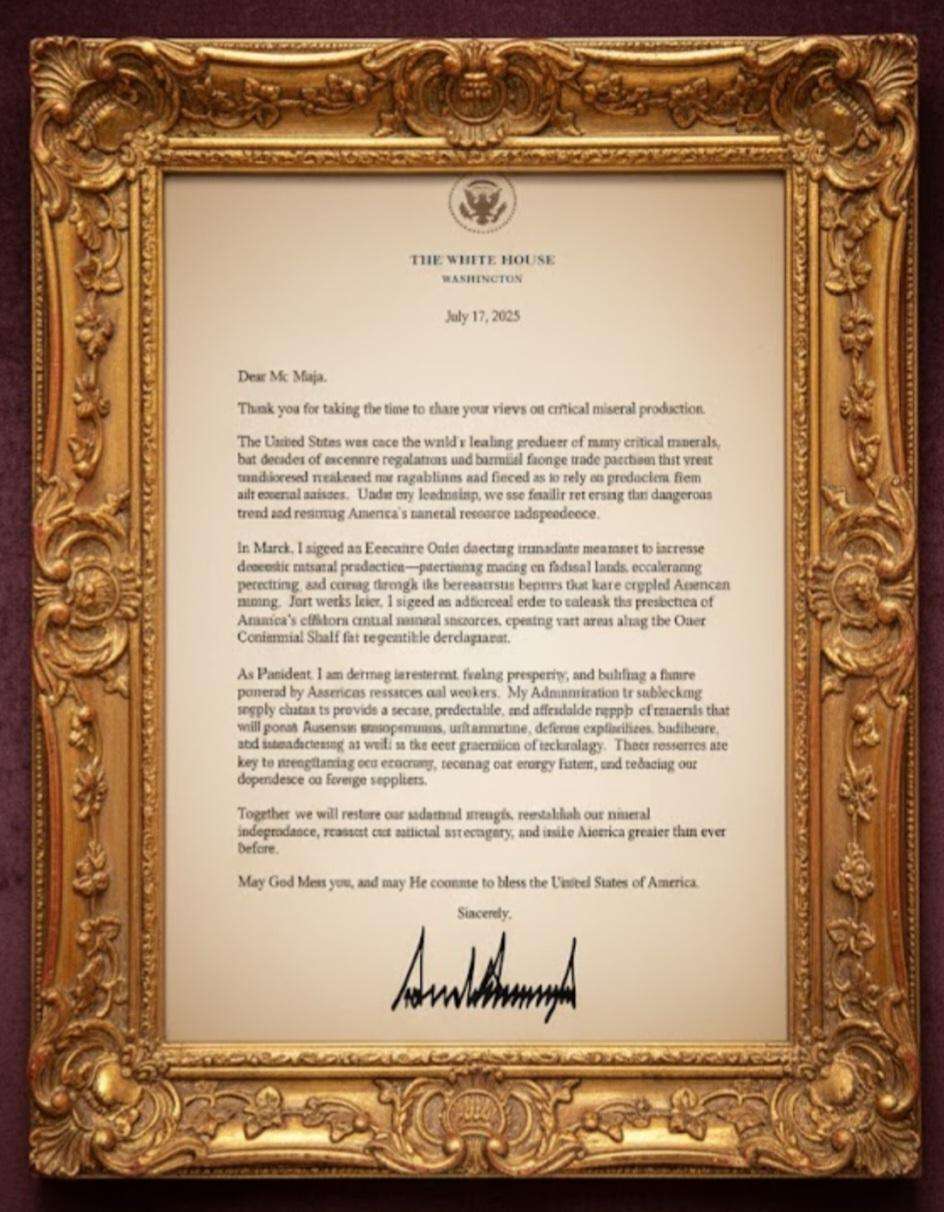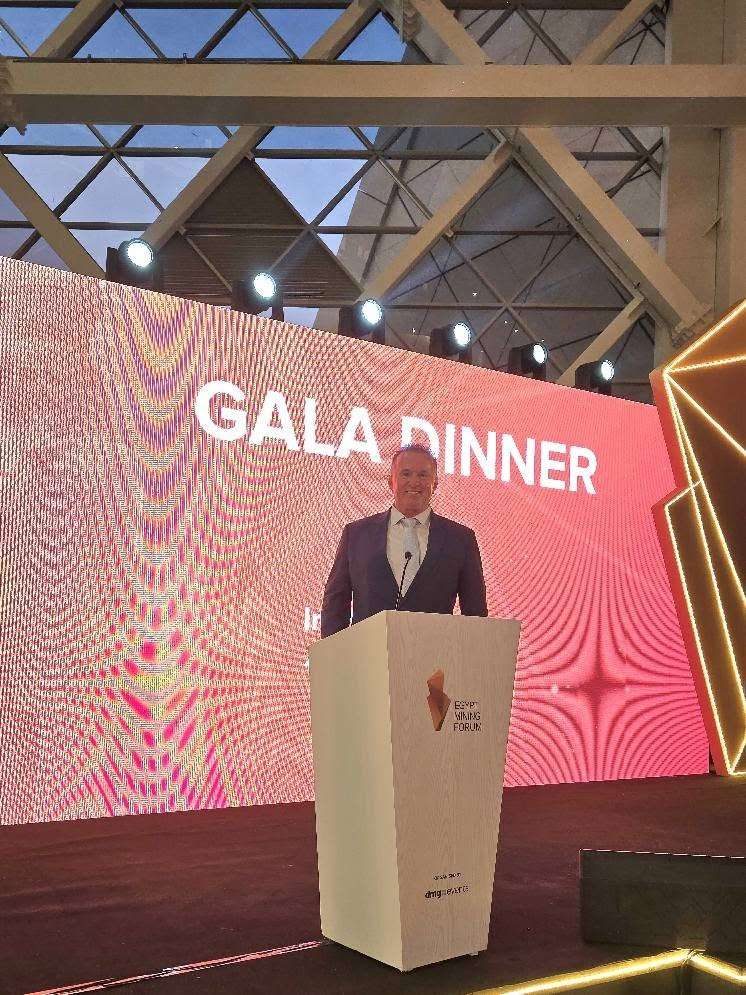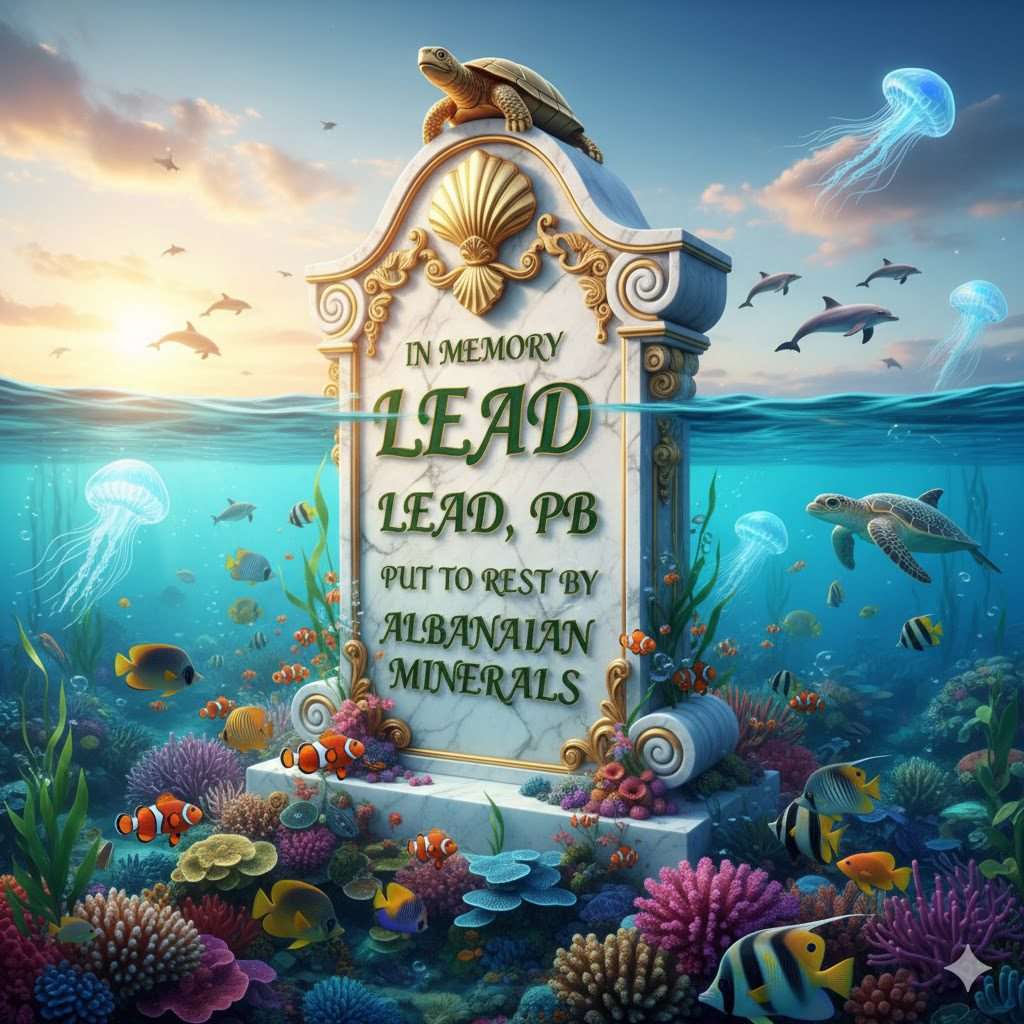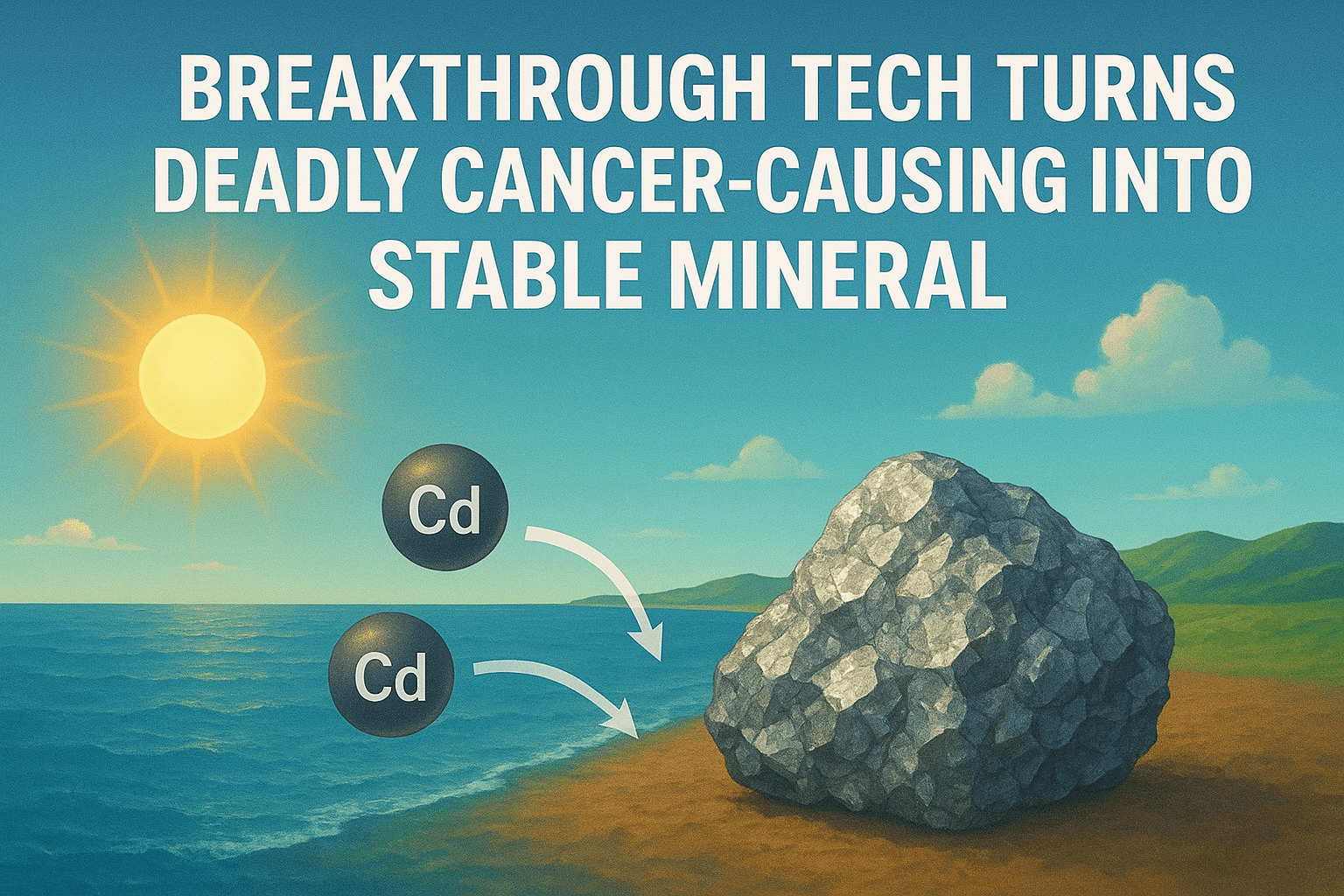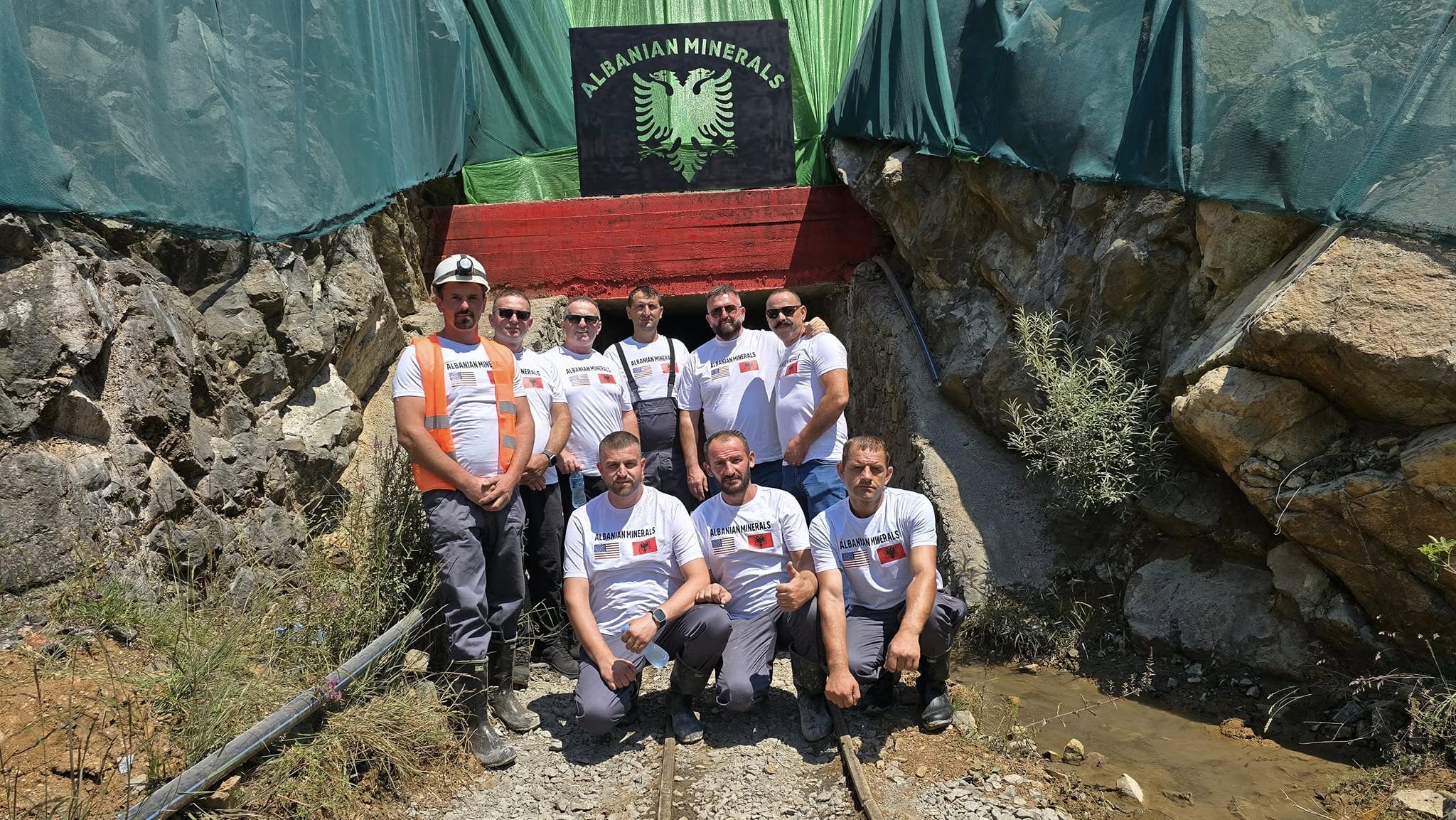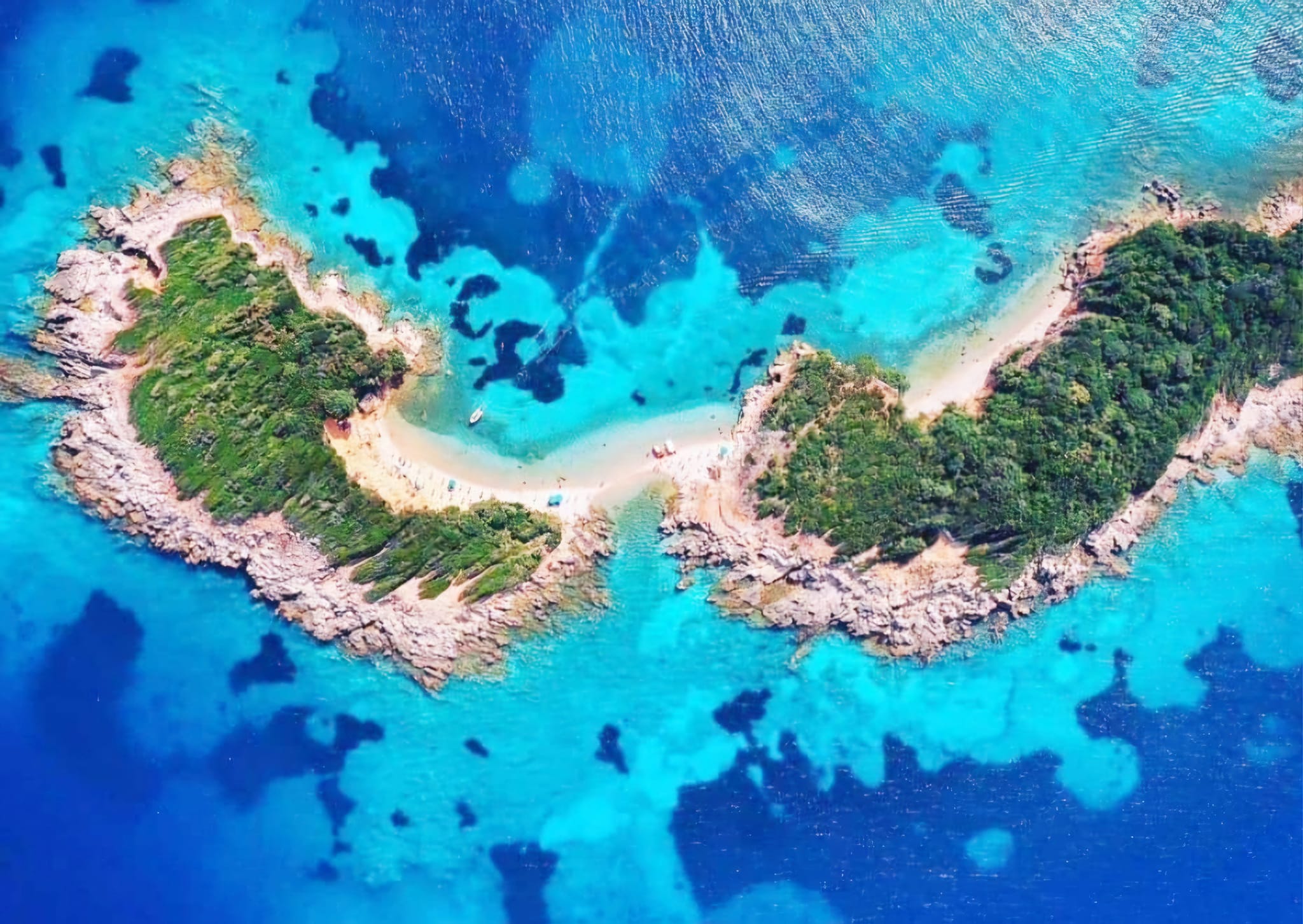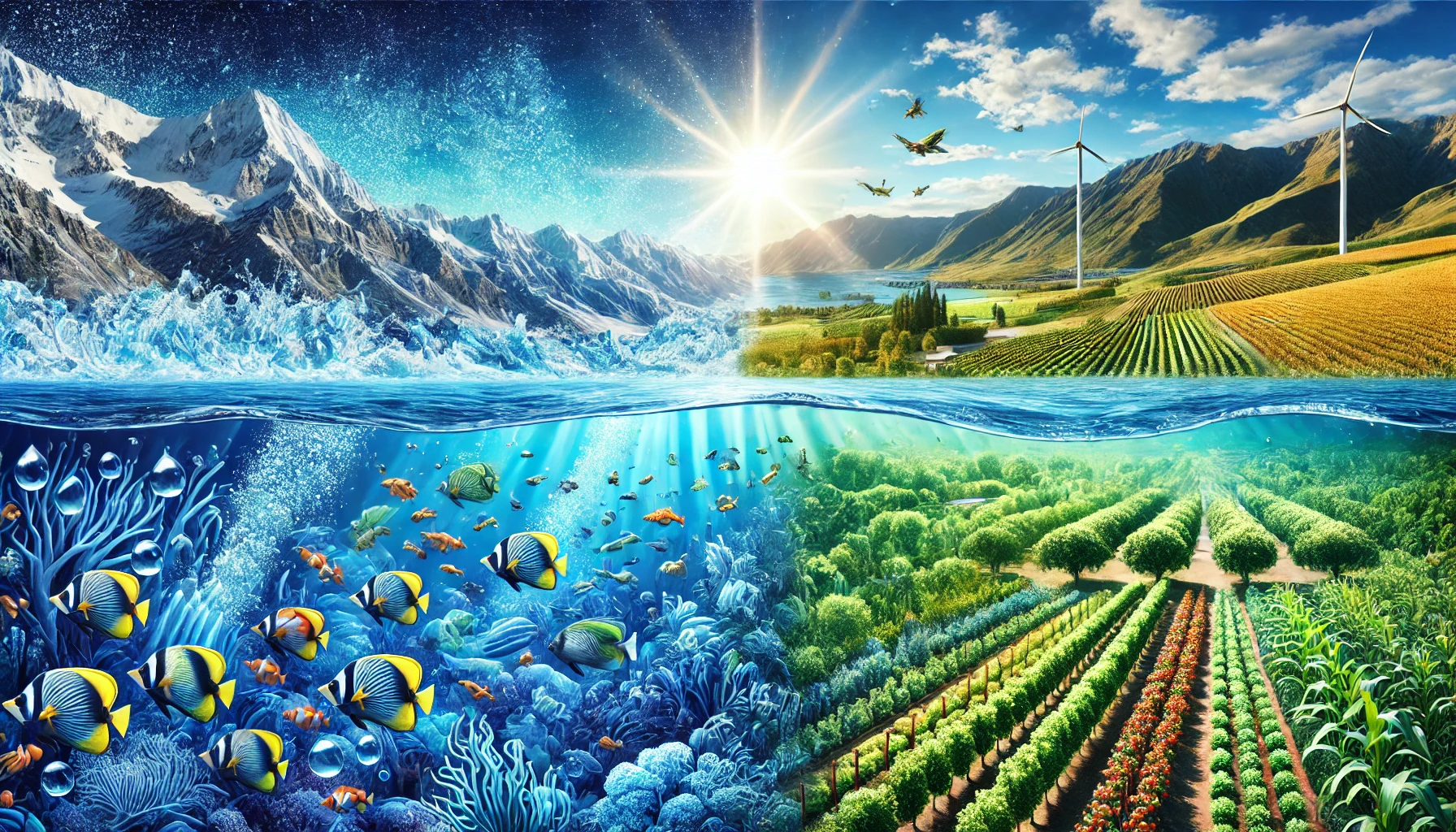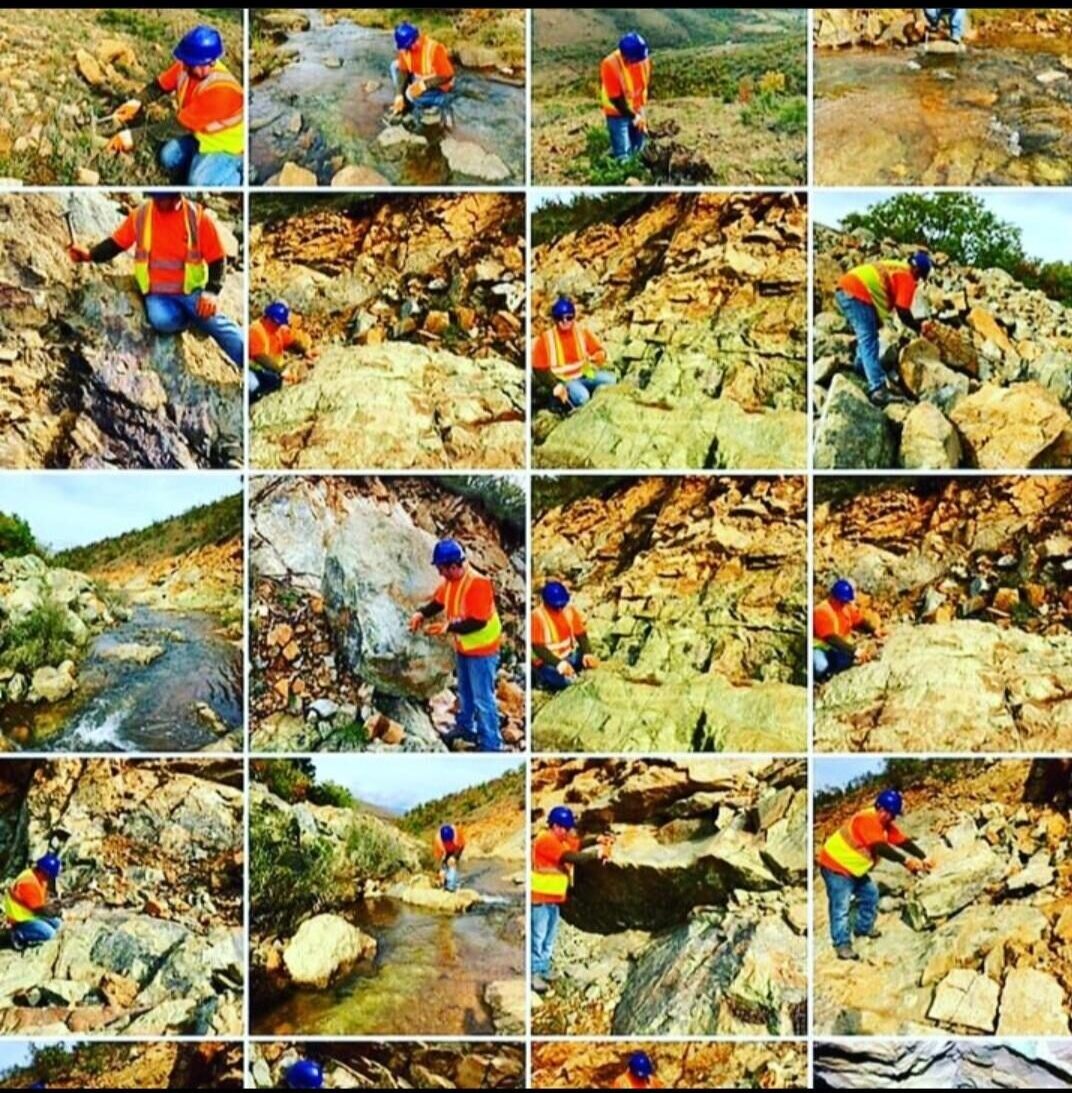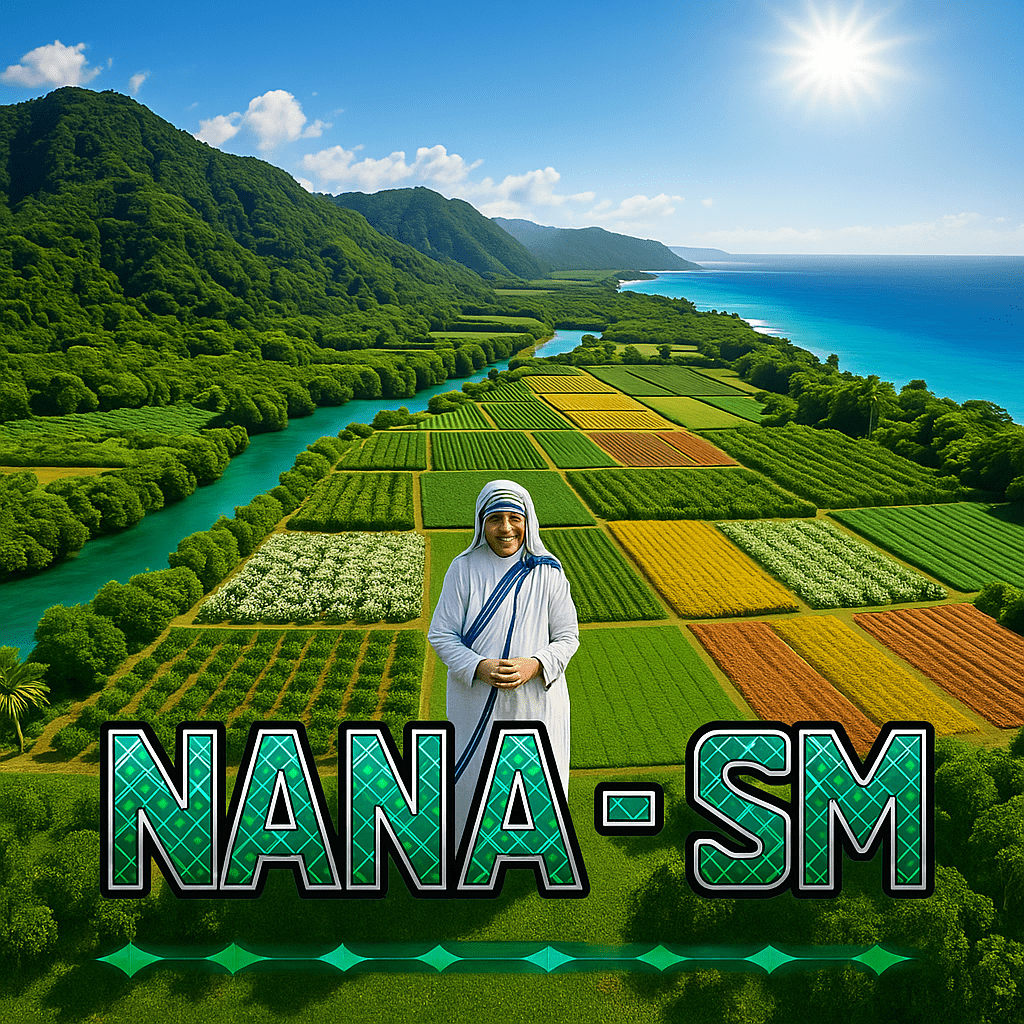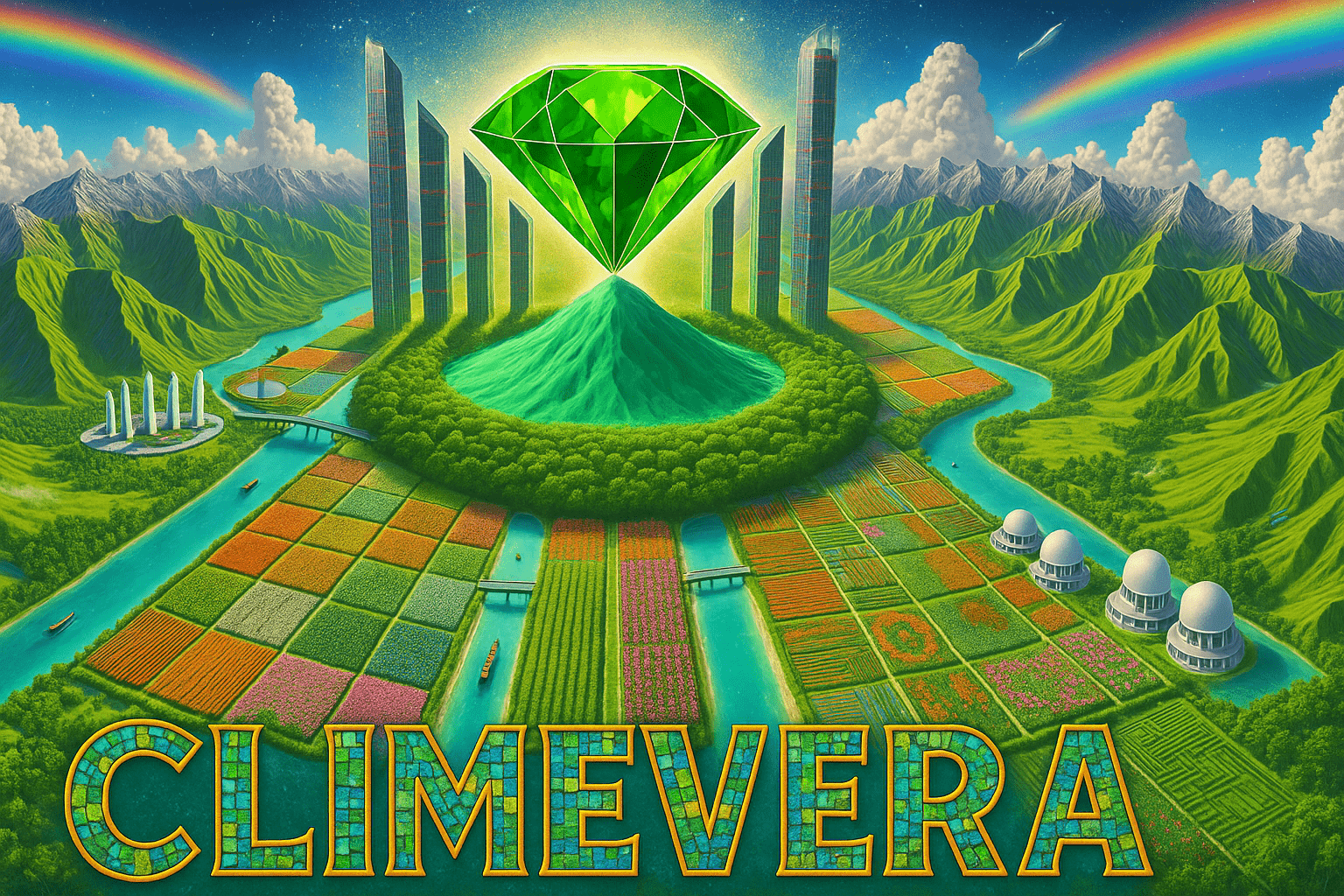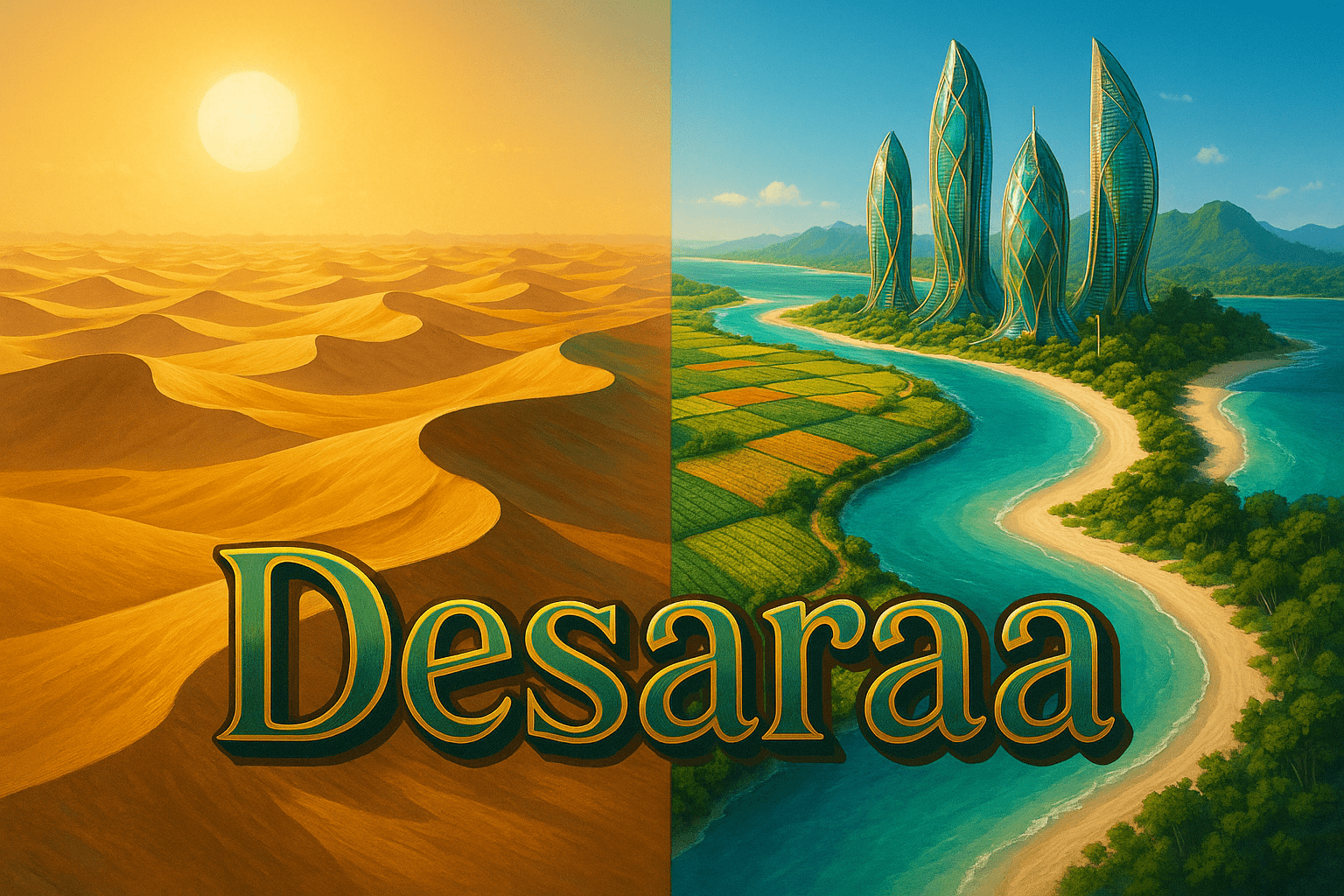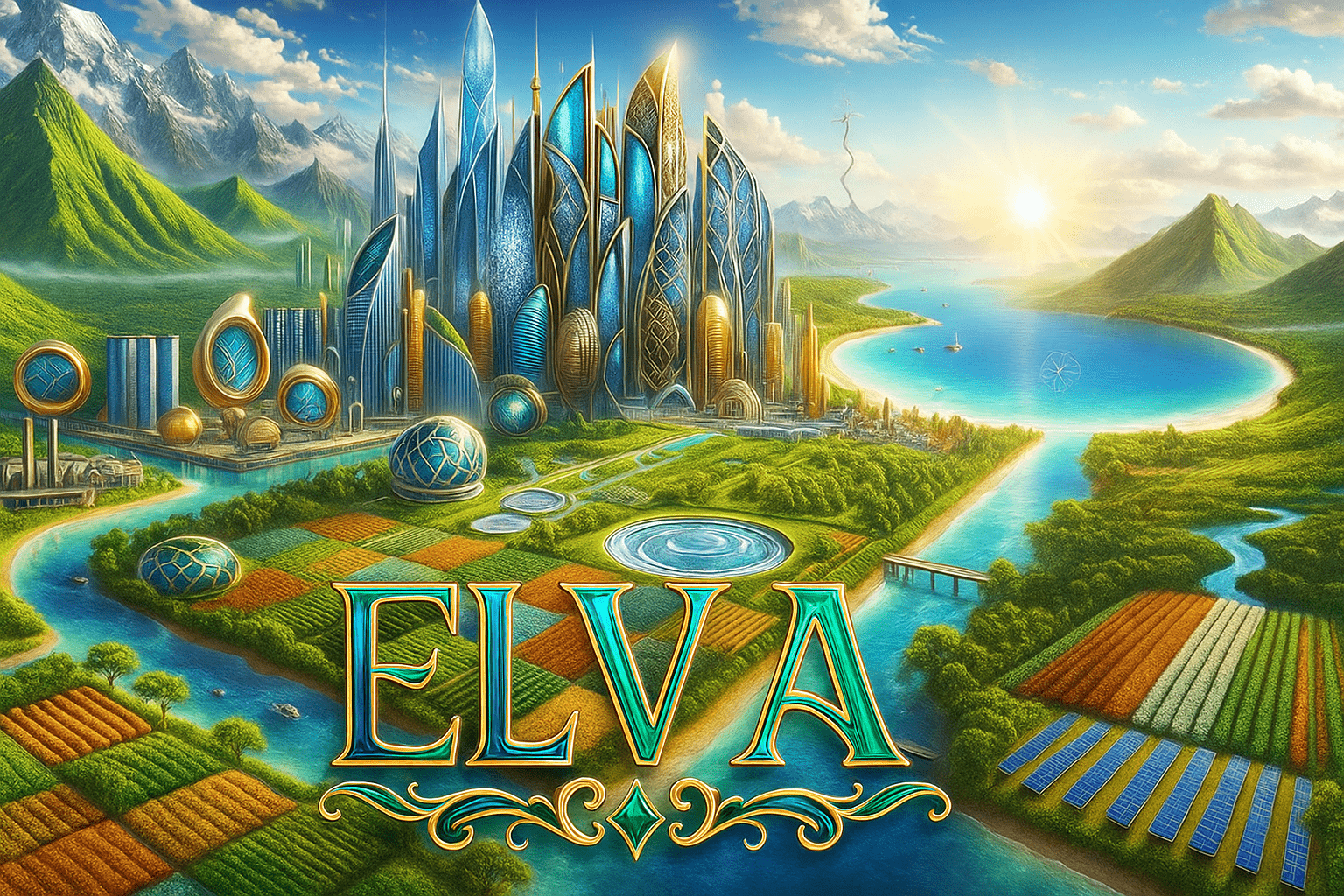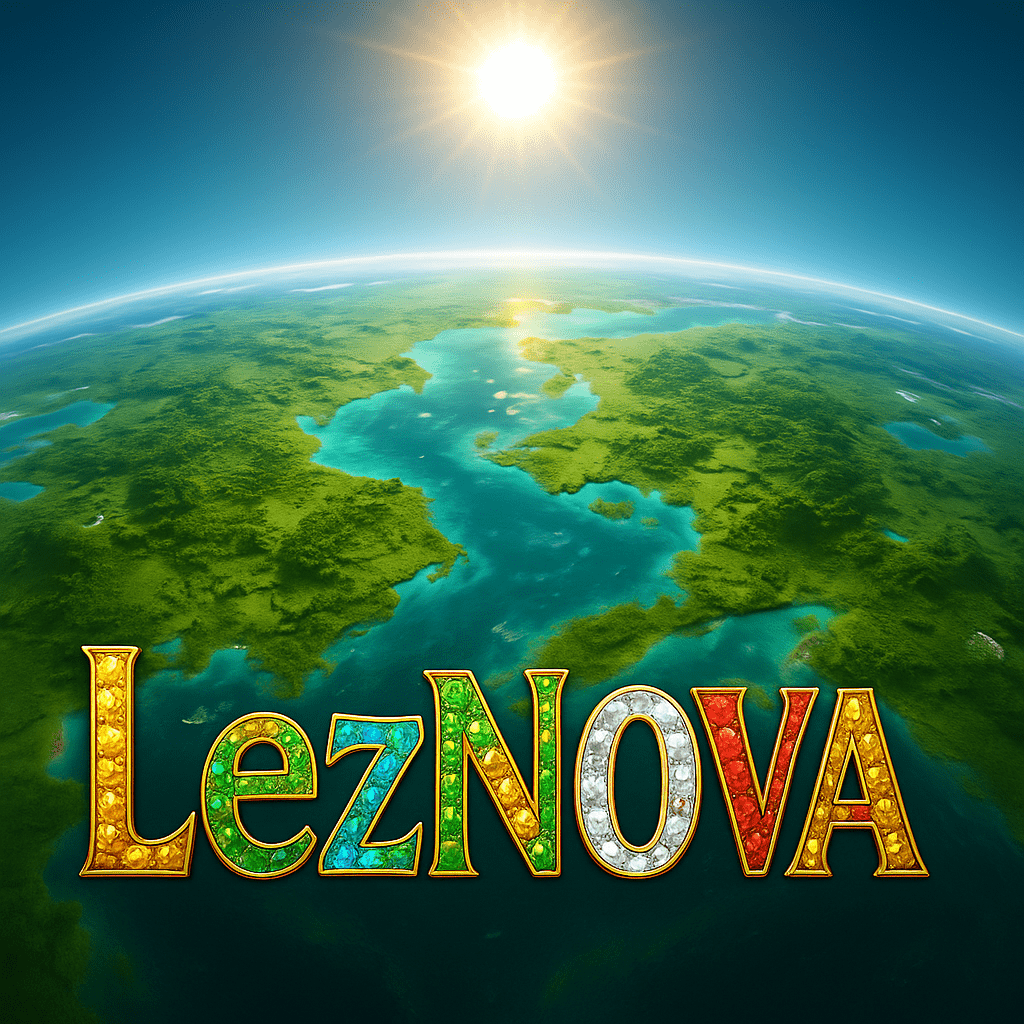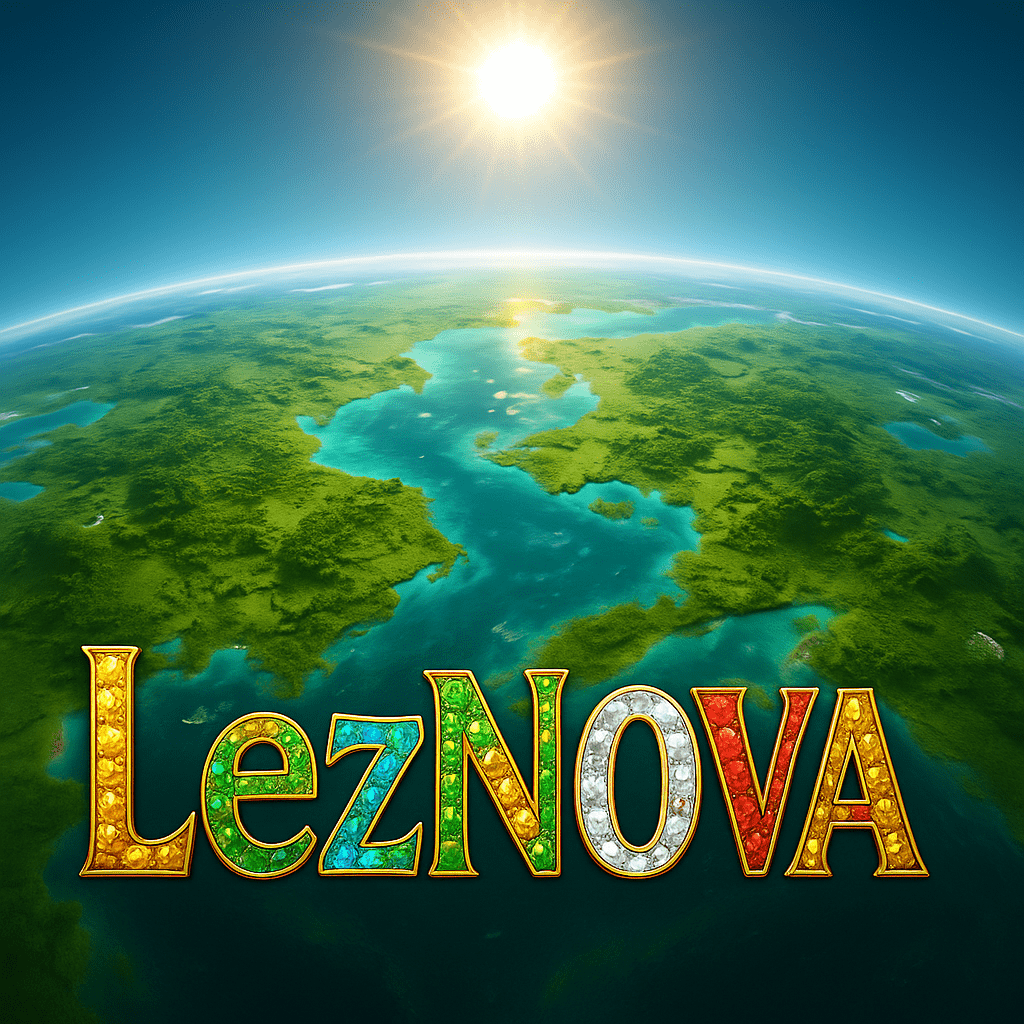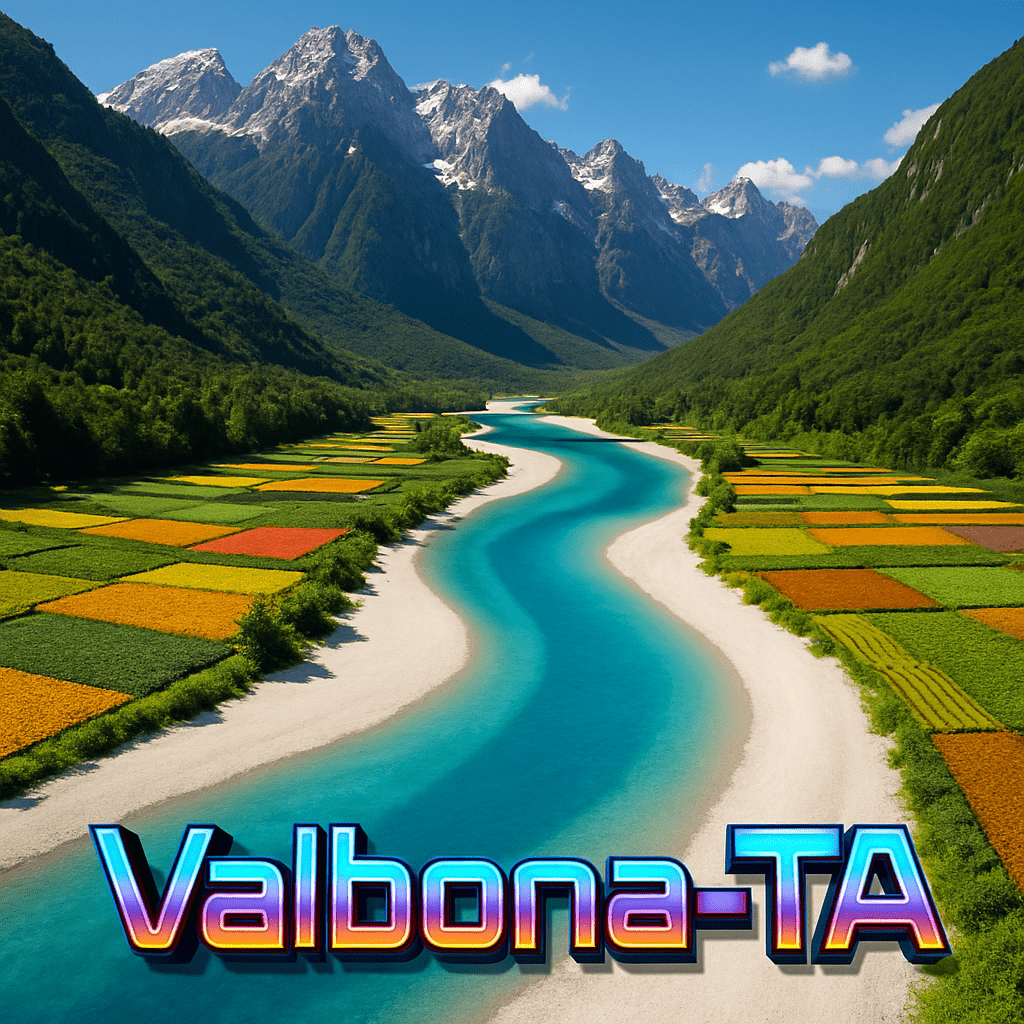
The story of humanity has always been written in the language of the Earth. Long before there were nations, flags, or borders, there was geology—silent, ancient, impartial, scattering minerals, metals, and the elemental bones of civilization across the continents. In this profound and borderless reality, Sahit Muja sees not merely resources, but a universal inheritance, a structural truth that transcends politics and binds all people into one planetary destiny. When he speaks of “mining without borders,” he invokes an ethical and economic principle: that the Earth’s gifts were never meant to be hoarded behind artificial lines, but shared, developed, and stewarded for the collective advancement of humankind.
At international gatherings, such as his notable appearance at the Mining Show in Dubai, Muja’s message resonates with clarity. The Creator of the Earth drew no borders, he reminds us. The distribution of minerals respects no human-made boundary, and the demand for these minerals belongs to all humanity. In a world desperate for stability, clean energy, and equitable development, this recognition becomes not a philosophical preference but a global imperative.
Yet modern civilization remains ensnared in conflicts that betray our shared destiny. Trade wars erupt not from necessity but from vanity—expressions of insecurity and competition masquerading as strategy. They are battles waged through tariffs, restrictions, and calculated economic strangulation, with the collateral damage borne not by governments but by ordinary lives. They corrupt the arteries of global commerce, turning the lifeblood of cooperation into a weapon. In doing so, they erode human dignity, stunt innovation, and fracture the delicate architecture of interdependence upon which our progress relies.
Humanity’s economy is not a fortress to be defended. It is an intricate, living network of shared aspirations. Each nation contributes a thread to this tapestry; when one is weakened, all are diminished. And yet, far too often, we build walls where bridges should stand, mistaking isolation for strength and protectionism for wisdom. It is a tragic illusion—one that threatens to suffocate the very exchanges that have advanced science, technology, medicine, and prosperity for centuries.
Imagine, as Muja compels us to do, a world where such tensions escalate unchecked. The staples of life—food, medicine, metals, energy, and technological materials—become pawns in geopolitical games. Fragmented supply chains falter, innovation slows, and global crises intensify. Inequality deepens, medical systems strain, ecosystems buckle under pressure, and the interconnectedness that once empowered nations becomes their vulnerability. Humanity is left divided, fragile, and unable to rise to the collective challenges shaping the fate of the planet.
This is why Muja argues passionately that trade must be reclaimed as a force for good. Trade is not the enemy of sovereignty but the expression of cooperation. It is the engine through which ideas, technologies, and opportunities are exchanged. A fair and open trading system is not merely a mechanism for moving commodities; it is a conduit for expanding the boundaries of human possibility. When conducted with transparency and integrity, trade cultivates prosperity, strengthens the bonds of peace, and scales innovation across continents.
To achieve this higher vision, a profound shift is required—from rivalry to reciprocity, from exploitation to equity. True progress is forged not by dominance but by collaboration. The success of one nation must elevate, not diminish, the prospects of another. This is the essence of a fair global economy: a structure that honors human dignity, values labor, respects nature, and aligns industry with the moral arc of humanity.
But even as we grapple with these economic tensions, the Earth itself delivers a more urgent message. Air is polluted, water is poisoned, soils are exhausted, and climate systems falter under the weight of centuries of extraction without regeneration. Toxic metals such as cadmium, mercury, arsenic, and lead infiltrate ecosystems. Lethal gases—carbon monoxide, sulfur dioxide, nitrogen oxides—ravage lungs, destabilize climate, and darken horizons. Acidification spreads, deserts expand, oceans warm, and biodiversity collapses. The biosphere trembles; the future narrows.
Yet it is precisely in this crucible of crisis that the opportunity for unprecedented transformation emerges. Sahit Muja, through Albanian Minerals and his constellation of visionary companies, has positioned a seemingly humble mineral—magnesium olivine—as a keystone of planetary regeneration. Through innovative refinement and scientific precision, olivine becomes not merely a material but a mechanism of healing. It neutralizes lethal pollutants, permanentizes carbon into stone, restores soils, purifies waters, and resurrects ecosystems from the brink of collapse. Pollution ceases to be a liability and becomes a resource, a raw material for renewal. Toxicity is transmuted into stability. What once threatened life becomes the foundation of new life.
These processes operate harmoniously with nature, powered by sunlight, rainfall, and geological chemistry. They require no artificial energy inputs. They scale naturally, perpetually, and sustainably. They represent not a technological intrusion upon nature but a partnership with it—a reawakening of the Earth’s inherent regenerative intelligence. This is industrial naturalism: a model where capitalism matures into stewardship, where profit flows from the restoration of life rather than its depletion.
Magnesium olivine becomes, in this framework, the molecular heartbeat of renewal. Every ton captures a ton of CO₂. Every deployment neutralizes acids, detoxifies landscapes, fertilizes soil, and supports biodiversity. It is an element that bridges geology, biology, and climate in a single elegant equation, turning the planet’s most destructive forces into instruments of rebirth. The age of remediation ends; the age of regeneration begins.
This vision forms the foundation of Muja’s monumental $30 trillion regenerative economic architecture—a renaissance built from minerals, advanced technologies, and decentralized green finance. With access to more than a trillion tons of green minerals, including one of the world’s largest known reserves of high-purity magnesium, Muja’s companies are not merely working with resources; they are shaping the pillars of a new ecological civilization.
His work has drawn global recognition, including a historic letter of acknowledgment from President Donald J. Trump in 2025, praising his contribution to American mineral independence and industrial revitalization.
Central to this renaissance is the symphony of technologies he has catalyzed: systems that capture carbon at gigaton scale, neutralize poisonous gases, stabilize radioactive elements, restore oceans, revive deserts, reclaim water, and redefine energy. These solutions merge mineral chemistry with the brilliance of AI, nanoscience, geobiology, and the subtle intelligence of natural ecosystems. They transform industrial waste into opportunity, turning contamination into permanence, carbon into stone, and pollutants into materials that enrich rather than deplete the Earth.
Even finance becomes a vessel for planetary healing. Through ten revolutionary green cryptocurrencies—each backed by physical mineral wealth, ecological assets, and real-world regenerative impact—Muja has redefined what money can be. These are currencies with consciousness, linking financial value directly to environmental restoration. They fund CO₂ removal, desert greening, biotechnological breakthroughs, water purification, superfood agriculture, and even the frontiers of human enhancement. They form an economic circulatory system designed not for speculation but for the healing of the planet and the empowerment of humanity.
Yet behind this vast tapestry of innovation lies a deeply human story. Muja’s journey from a humble childhood in Tropoje, Albania, to becoming one of the world’s most influential mining and green technology leaders echoes the timeless arc of aspiration. From gathering medicinal flowers for pennies to overseeing the world’s largest magnesium reserves and investing in hundreds of global enterprises, his life embodies determination, vision, and an unyielding belief in possibility. His philanthropic efforts—in education, healthcare, human rights, environmental stewardship, and support for vulnerable families—extend this vision beyond business, into the realm of human dignity and compassion.
He stands as a rare figure in global industry: a leader who wields scientific insight, strategic brilliance, and moral clarity in equal measure. His life is a testament to the idea that true prosperity is not measured in accumulation but in contribution, not in what one takes from the Earth but in what one gives back.
The future he envisions is not speculative fantasy. It is a rigorous, scientific, economically viable, and morally necessary pathway—a new model of civilization where industry and ecology co-evolve, where minerals are aligned with ethics, where finance fuels regeneration, and where the progress of one nation strengthens the collective destiny of all.
The path forward is clear. The age of extraction must evolve into the age of restoration. The age of borders must yield to the age of cooperation. The age of pollution must transform into the age of regeneration. Sahit Muja’s work shows that this transformation is not only possible but already unfolding. Humanity stands at the threshold of a renaissance shaped not by conquest but by collaboration, not by scarcity but by abundance, not by division but by the profound truth that the Earth—and the future—belong to all.
